
Members
:
Secretariat:
Claudio Sillero-Zubiri - Co-Chair

Claudio’s main interests are the ecology of wild carnivores, disease dynamics and the relationships between wildlife and rural communities. After decades working on Ethiopian wolves and other canid species, a solitary forager living on large family packs in the highlands of Ethiopia, he remains fascinated by the adaptability of canid society, and how wolves, wild dogs and foxes continue to thrive in many diverse habitats across the globe. A conservation biologist at the University of Oxford, where he is the Deputy Director of the Wildlife Conservation Research Unit, Claudio works on several rare or threatened carnivore species spanning four continents.
Geraldine Werhahn - Co-Chair
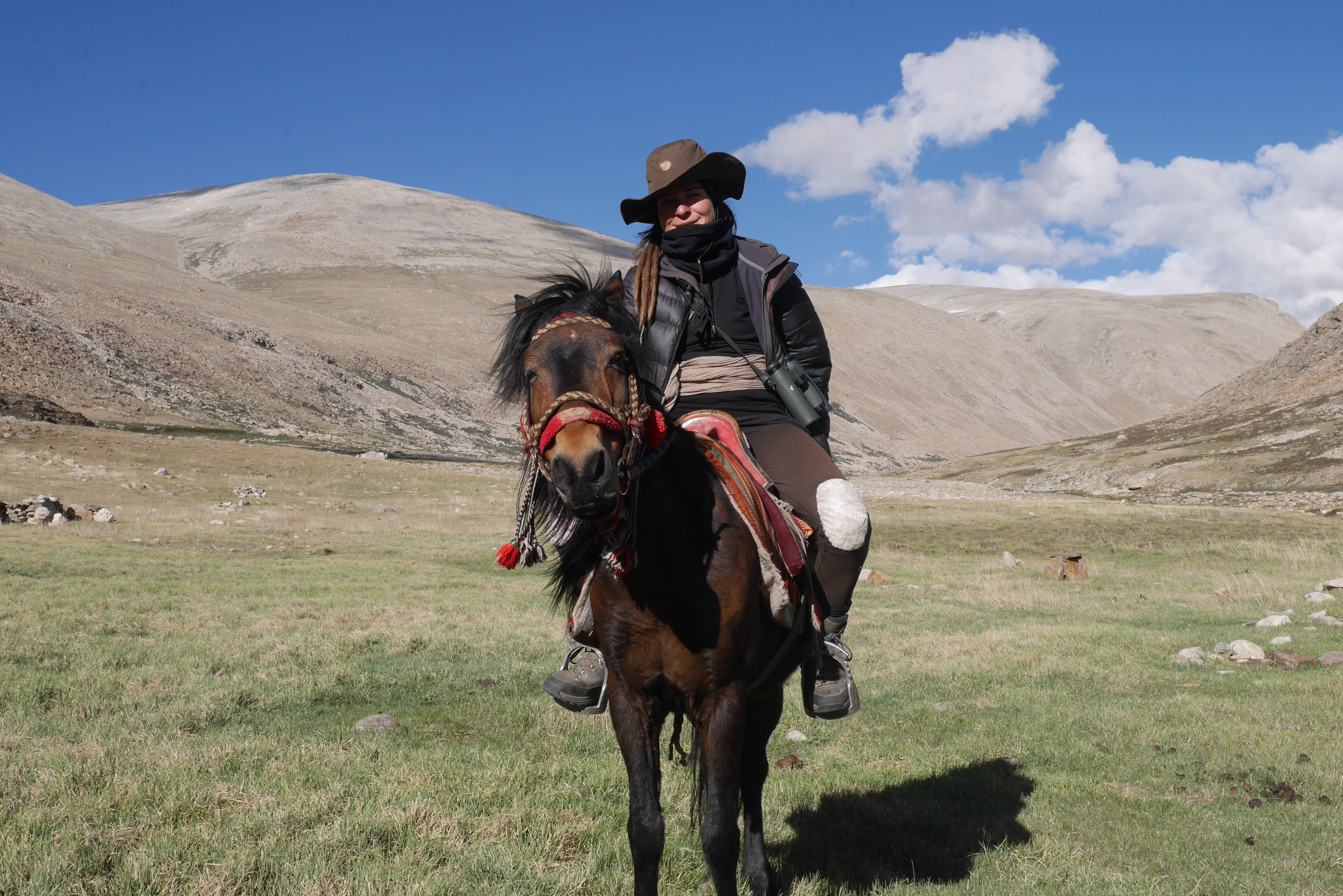
Geraldine is a wildlife biologist and conservationist with a passion for canids. Her research centres on wolves and sympatric species inhabiting the high-altitude ecosystems of the Himalayas and the Tibetan Plateau. She has conducted extensive fieldwork to advance the scientific understanding of the Himalayan wolf and to identify threats to its conservation. Employing a multidisciplinary approach, Geraldine integrates ecological research with local cultural knowledge, public outreach, and policy advocacy. Her work is driven by the appreciation that conserving viable carnivore populations is essential to maintaining the ecological integrity of the ecosystems they inhabit.
Michael Hoffmann - Red List Authority Coordinator
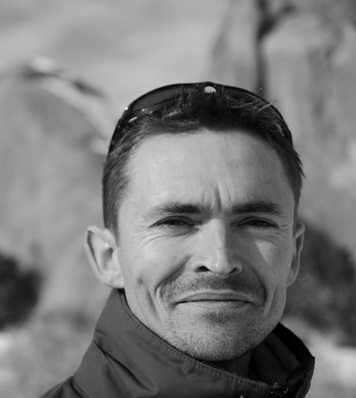
Mike Hoffmann, a South African national, heads up global conservation programmes at the Zoological Society of London. He has more than 20 years of experience in international conservation and biodiversity-related policy, applying technical knowledge and scientific expertise to delivering innovative solutions to a range of conservation challenges. He has worked in academic, non-governmental and inter-governmental sectors, including for 10 years with the International Union for Conservation of Nature (IUCN). He serves as a member of several international steering committees or advisory bodies and has published extensively. He co-edited the 2004 Canid Action Plan, and is co-editor of the 6-volume Mammals of Africa. He currently serves as Red List Authority Coordinator for the Canid Specialist Group.
Karen DeMatteo - Projects Officer & Co-Chair, Amazonian Canids Working Group
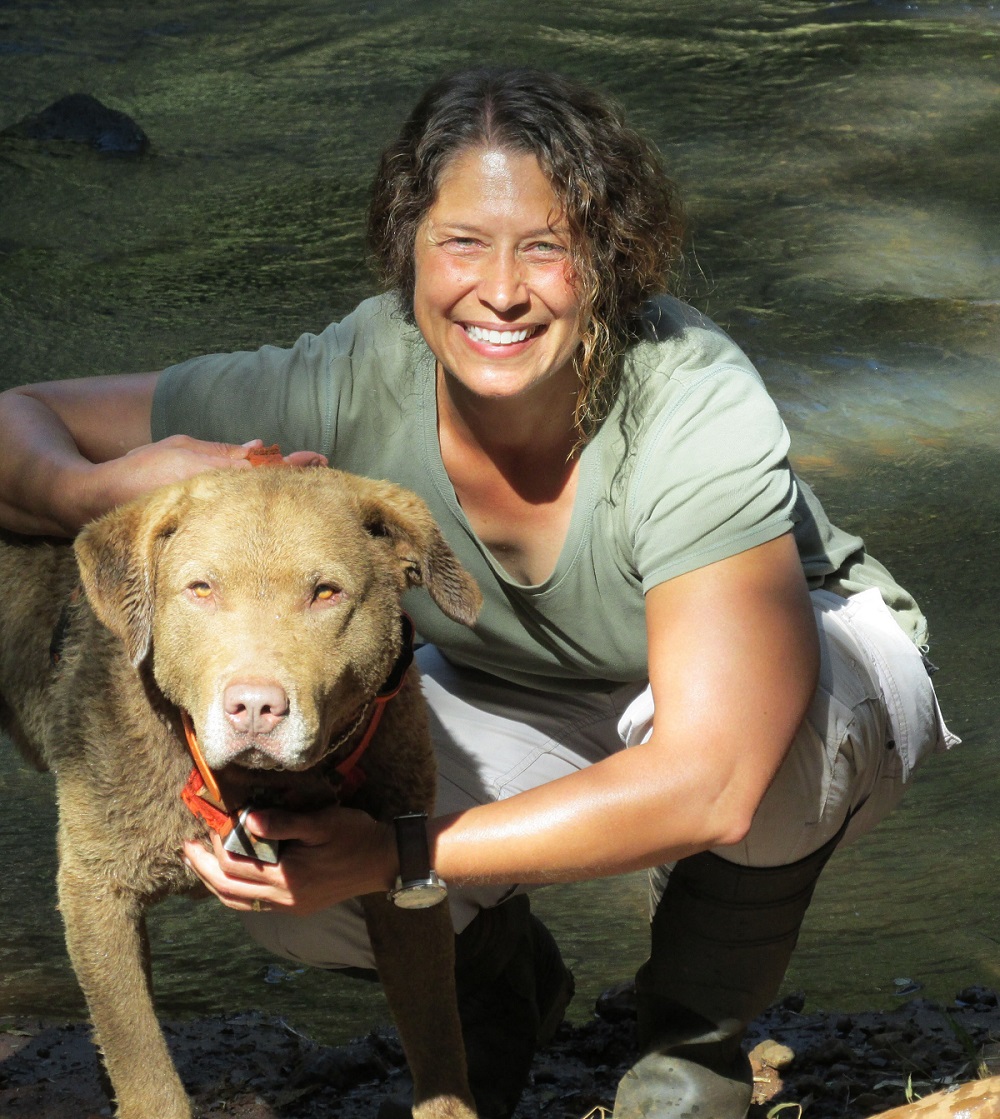
Karen’s research interests are diverse, focused on understanding the basic biology and ecological interactions that occur at both the species and community level. She has used a variety of approaches to address these research questions including behavioural ecology, physiological ecology, reproductive physiology, general ecology, ecological genetics and ecological niche modelling. Her research has been conducted with both wild and captive populations, as the latter can provide insight into basic biological information that may be impossible to collect in the field. Karen has conducted field research in several Neotropical countries including Argentina, Brazil and Paraguay. The majority of these field studies have been focused on understanding the community structure of Neotropical carnivores and developing regional conservation strategies.
Candy d'Sa - Assistant Editor, CBC
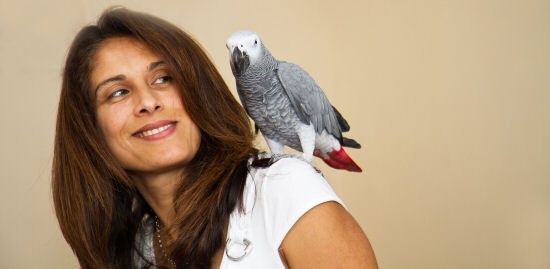
Candy works as an Animal Behaviour Consultant and Expert Witness in animal law based in Hampshire and is an advocate and expert on issues of animal welfare and behaviour. She completed her PhD in 2003 which focused on dominance and hierarchies in feral farm cats. Candy’s research has included the behaviour and ecology of captive arctic foxes in Scotland, work on the endangered Canadian swift fox captive breeding and reintroduction programme in Canada and research in Italy for a documentary on domestic and wild dogs. Candy has conducted demographic and behavioural studies of the critically endangered Ethiopian wolf in the Bale Mountains National Park in southern Ethiopia along with involvement in the implementation of a vaccination programme for sympatric semi-feral domestic dogs. She has also worked as a dog behaviourist for the Geneva International Centre for Humanitarian Demining (GICHD) and has been Associate Editor of Canid Biology and Conservation since 2001.
Jorgelina Marino - Webmaster & Coordinator, Ethiopian Wolf Working Group
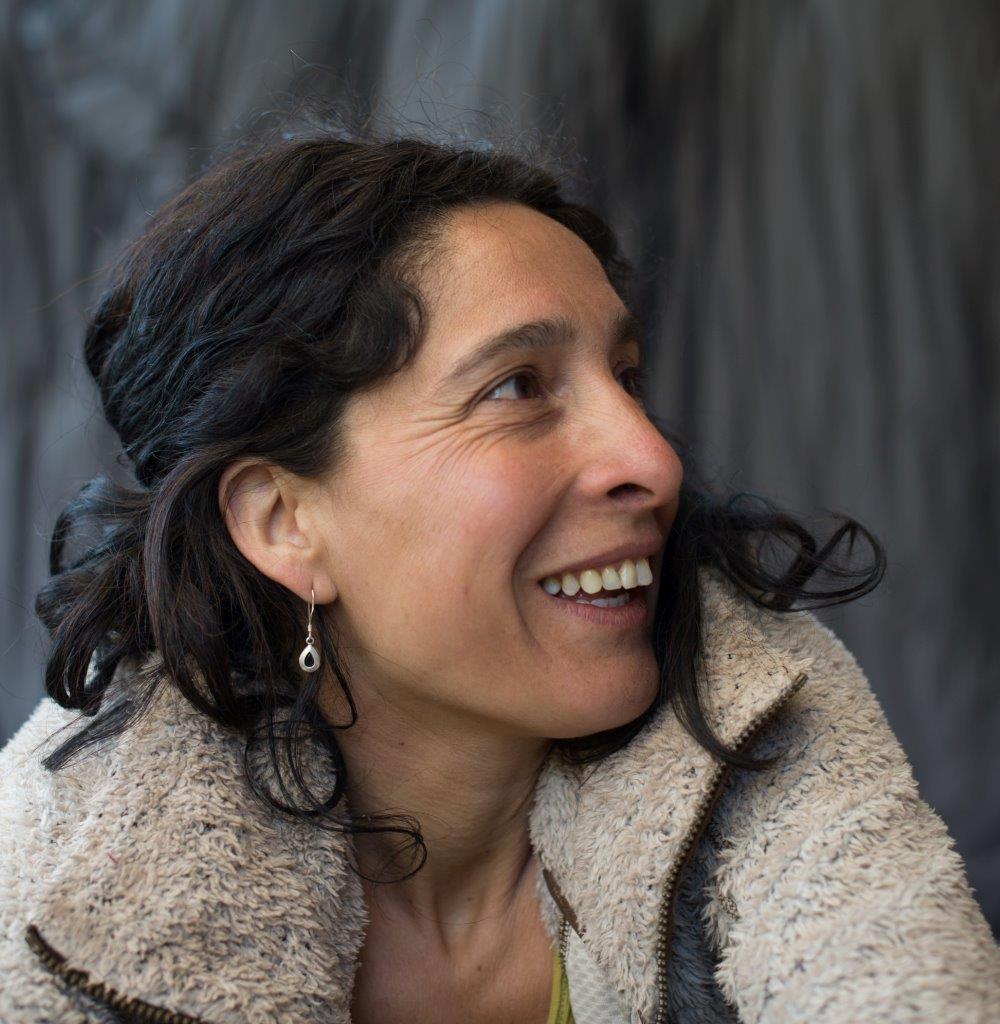
Jorgelina studied biology in Argentina obtained her doctorate at Oxford university in 2003. Jorgelina is a conservation scientist at WildCRU and is the Director for Science of the Ethiopian Wolf Conservation Programme, a species she has studied since the 1990s. Jorgelina’s areas of expertise are highland ecology, carnivore ecology and sociobiology, spatial ecology, species distribution modeling, population dynamics and monitoring. Her current work is on species conservation in mountains and arid lands, and how they are affected by land use and climate change. She runs the People & Wildlife Initiative (www.peopleandwildlfie.org.uk).
Yennifer Hernandez - Social Media

Yen is a wildlife biologist, vet tech and canid passionate, based in Uruguay, but with work experience also in Argentina, Namibia, the Netherlands and Germany). In the last few years Yen has worked on crab-eating foxes, Pampas foxes, black-backed jackals, Cape foxes and bat-eared foxes. As the social media editor for the CSG Yen managers our social media platforms and helps with the website. As a freelance wildlife technician Yen has worked for consultancy companies, Natural History National Museum (Carnivores Laboratory, Uruguay), Faculty of Sciences (Uruguay), NGO Conservation Canines (University of Washington, USA) and The Neotropical Raptors Network (USA).
David Macdonald - Adviser to the Chair

David established the Canid Specialist Group and was its first Chair. A professor of wildlife conservation at the University of Oxford he is the founder and Director of the Wildlife Conservation Research Unit. His research interests range broadly across diverse topics in wildlife conservation and management. Nonetheless, from his early work on red foxes, David retains an emphasis on the behavioural ecology of carnivores. He has worked on wolves in Italy, crab-eating foxes in Brazil, golden jackals in Israel, Arctic foxes in Russia, and Ethiopian wolves amongst others. More recently David’s work has become interdisciplinary, with an increasing interest in issues of environmental policy, economics and research strategy.
David Mech - Adviser to the Chair
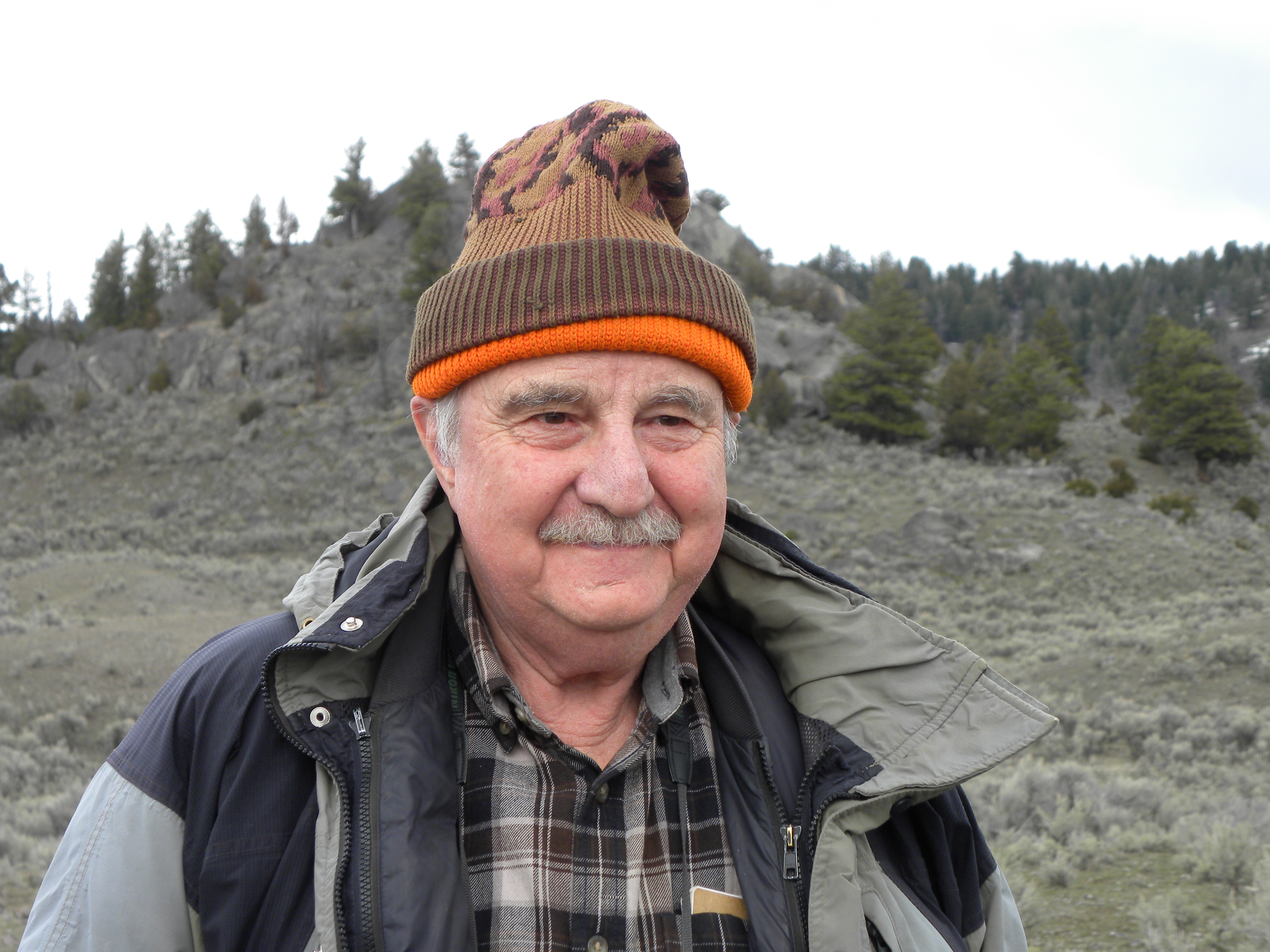
L. David Mech (“Dave”) is a Senior Research Scientist, US Geological Survey and Adjunct Professor, University of Minnesota. Degrees = B.S., Cornell University, Ph.D. and honorary doctorate, Purdue University. Some 500 articles and 13 books. Dave studied wolves on Isle Royale, in Minnesota, Yellowstone National Park, Denali National Park and summers 1986-2010, Ellesmere Island. He chaired the IUCN Wolf Specialist Group, 1978 to 2013, and is advisor on wolves to the chair of the CSG. Founder and board member of the International Wolf Center (www.wolf.org). Awards include the Wildlife Society’s Aldo Leopold Award. Also see www.davemech.org.
Lauren Hennelly
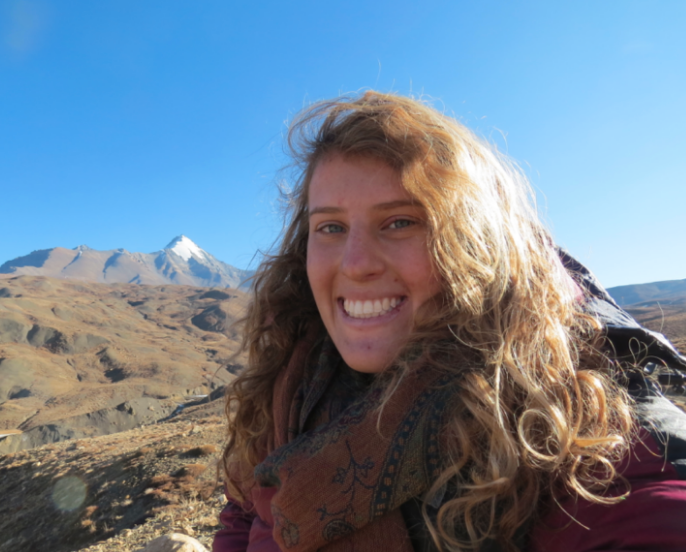
Lauren specializes in using genomic tools to study the evolutionary histories of various canid species and its application to conservation. Her work involves building large genomic datasets to investigate phylogenetic relationships among species, genomic diversity, and adaptation across the genome using historical and modern samples. She has conducted extensive work on wolves in Asia and has collaborative projects on black-backed jackals, golden jackals, and red wolves. Her work directly informs conservation management and efforts for several endangered species.
Core:
Anders Angerbjörn - Coordinator, Arctic Fox Working Group
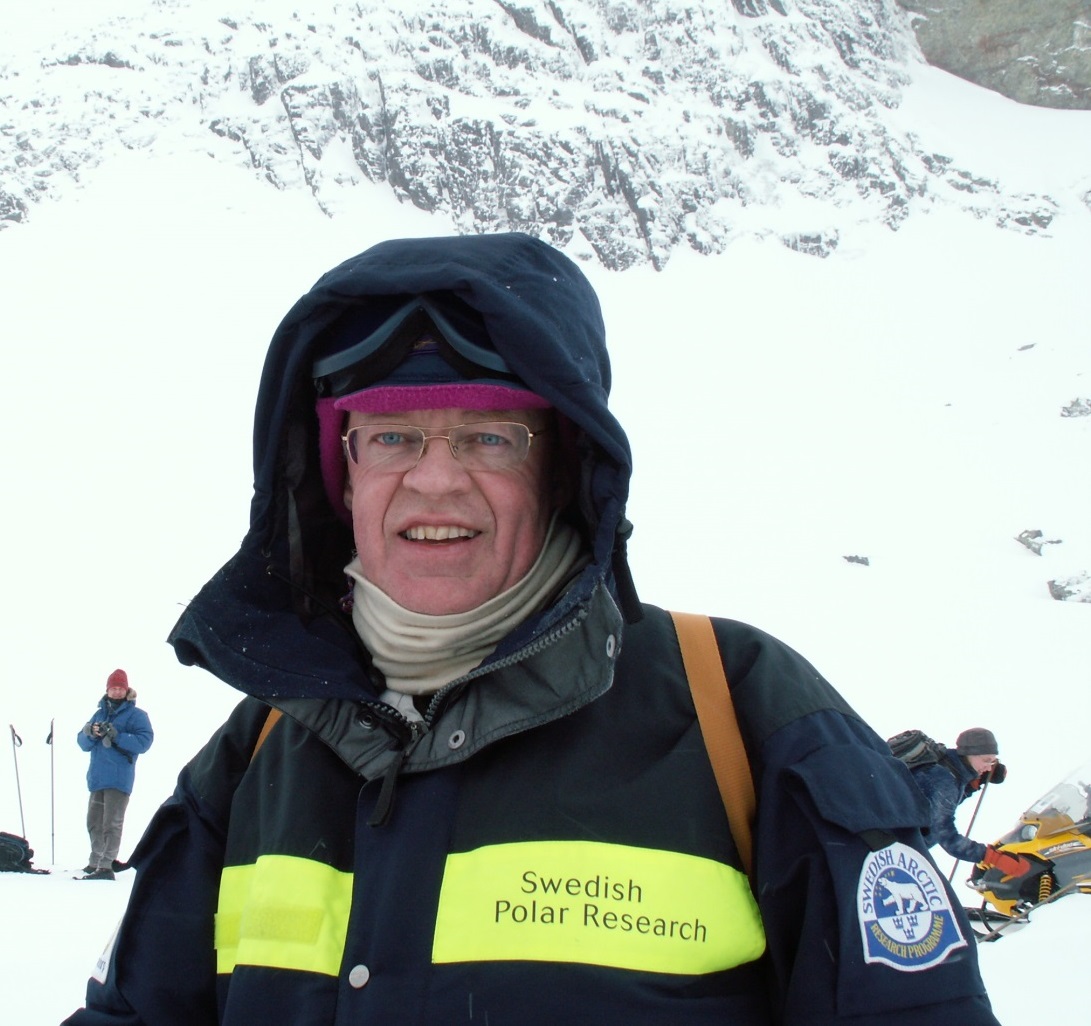
Anders has been working with the arctic fox project since 1986. The population is even more threatened today with a maximum of 200 foxes in all of Fennoscandia. This project investigates different aspects of the artic fox including demography, genetics and behaviour. They have tested the effects of extra feeding, red fox control and treatment against parasites. These experiments are now implemented in the official action program. Their analyses of long-term data show that arctic foxes are especially dependent on lemmings. Previously the regular rodent cycles was absent in Lapland; however, it is not back with strong positive effects on arctic fox breeding.
Arjun Srivathsa
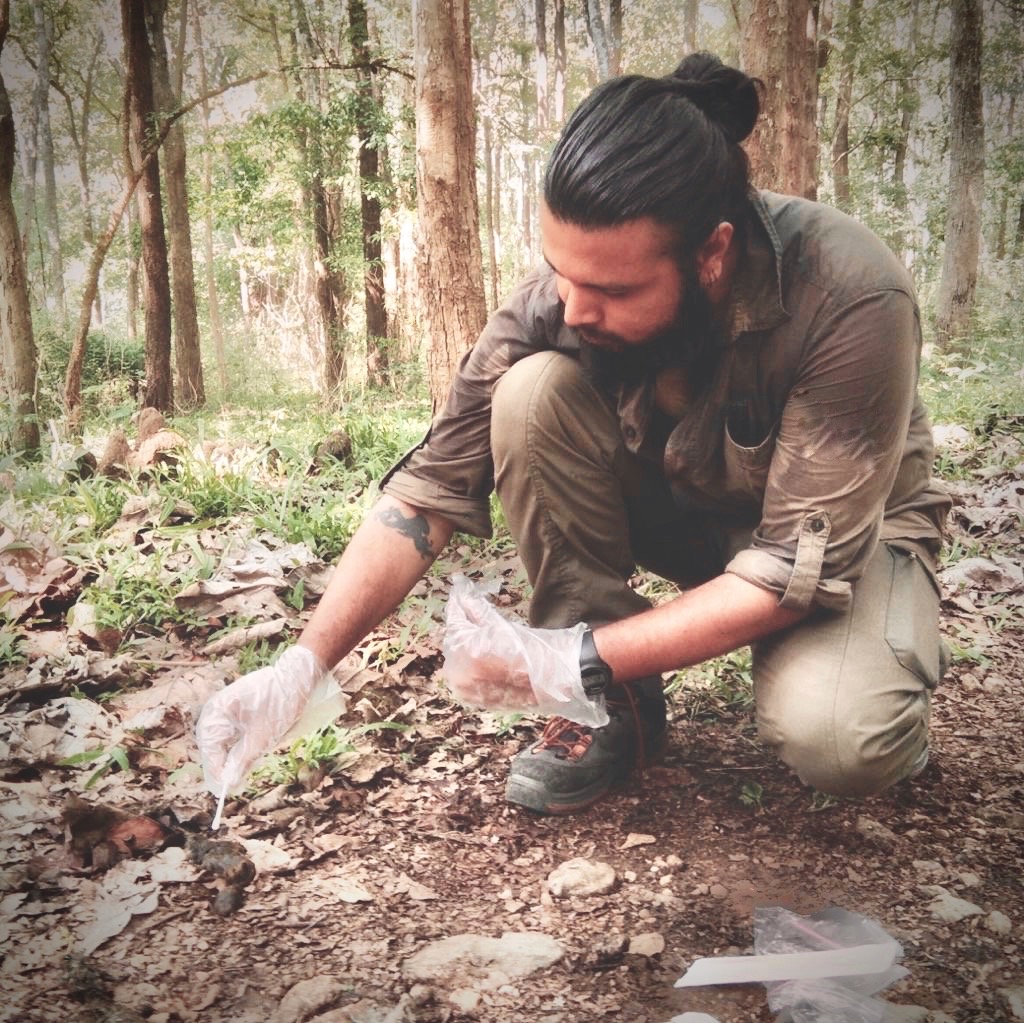
Arjun Srivathsa is a wildlife biologist who works on the conservation ecology of large carnivores in India. His research work focuses on the ecology of wild canids, their interactions with humans, and the confluence of science and policy for carnivore conservation. His PhD at the University of Florida dealt with understanding the conservation ecology of Asiatic wild dog (dholes) at various spatial scales. Arjun is currently a Research Associate with Wildlife Conservation Society–India.
Axel Moehrenschlager - Contact Person, Reintroductions & Translocations
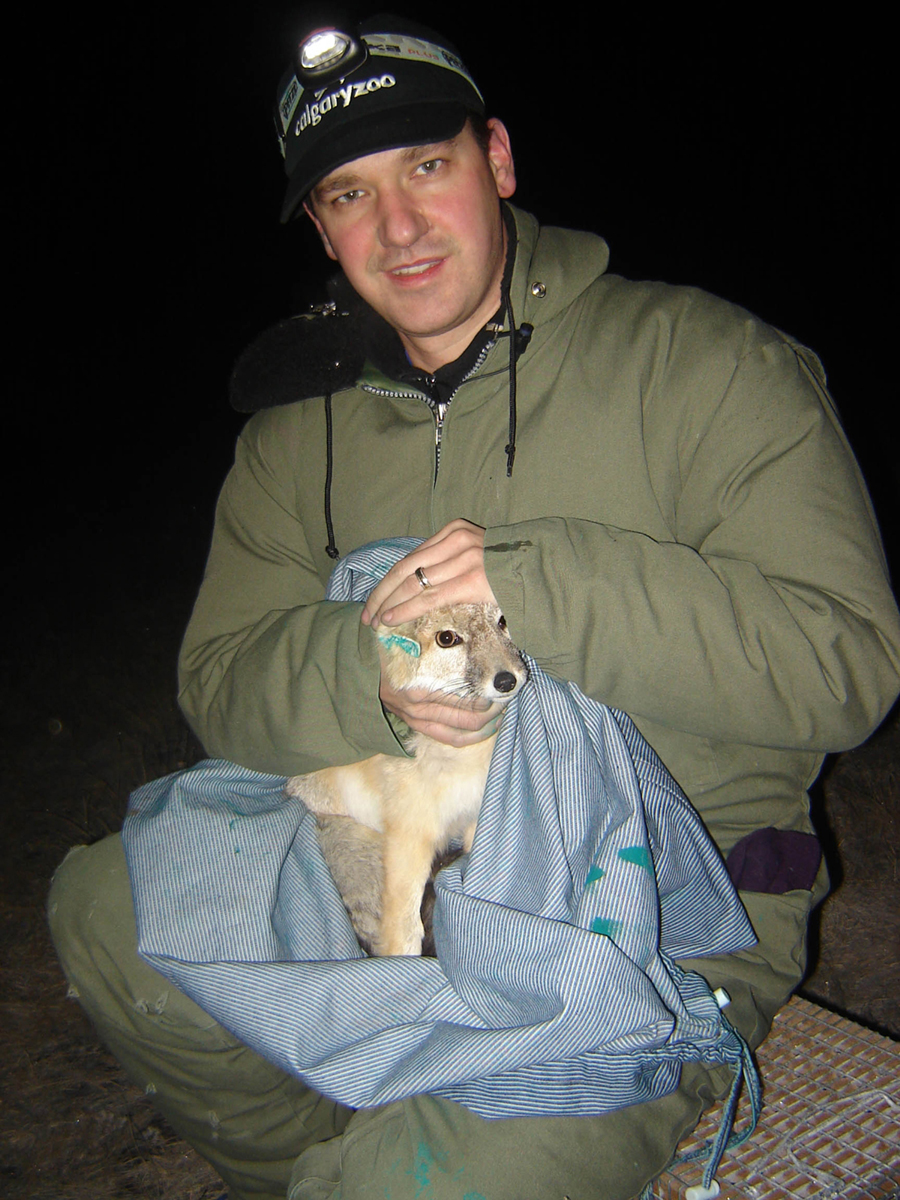
The beginning of Axel’s career included raising US captive wolf pups and radio-tracking wolf-hunted wood bison in Canada’s Wood Buffalo National Park. Over the last 20 years he has worked on swift fox reintroduction in Canada and Montana and has collaborated on studies of demographic growth, disease prevalence, genetic structure and habitat use. This includes Mexican/U.S collaborations on guild dynamics of swift and kit foxes with coyotes and red foxes. Axel founded the Centre for Conservation Research at the Calgary Zoological Society in Canada, a group focused on reintroduction issues and the science of community-based conservation internationally. Axel chairs the North American Section of the SSC Reintroduction Specialist Group and is an Adjunct Associate Professor at the University of Calgary.
Ben Sacks - Coordinator, Taxonomy & Nomenclature Working Group
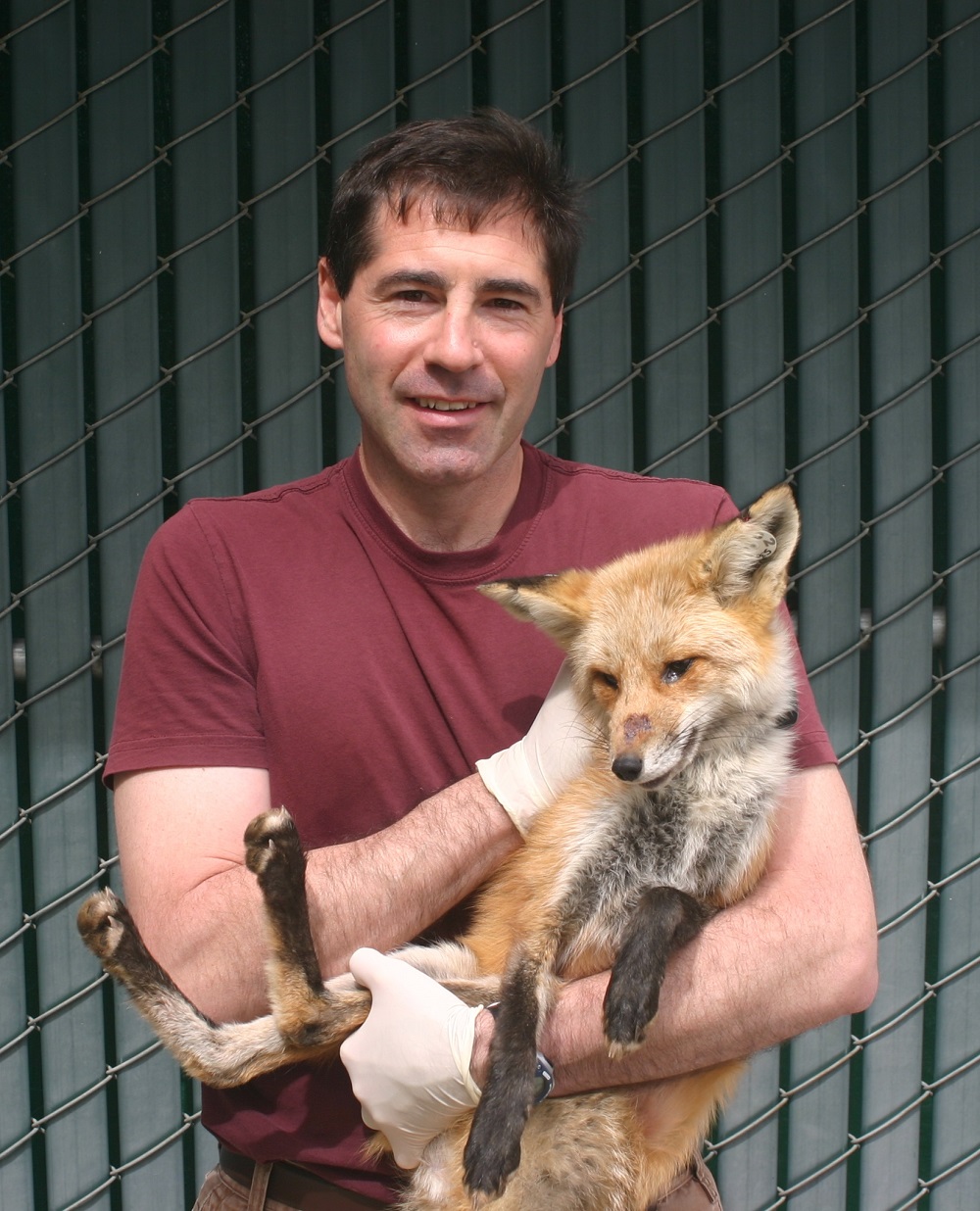
Ben employs genomic and field-based methodologies to understand evolutionary histories of particular canid species and the generalities that unite their evolutionary pathways. Much of his research is motivated by curiosity about the relationships between individual behaviour and population-level processes, including the historical roles played by behavioural plasticity and adaptation in the evolution of niche specialization. He is especially interested in research that directly or indirectly helps us conserve endangered canid populations and species. In addition to canids, he works with his students on a broad range of and other mammalian carnivores.
Benjamin Allen - Coordinator, Dingo Working Group
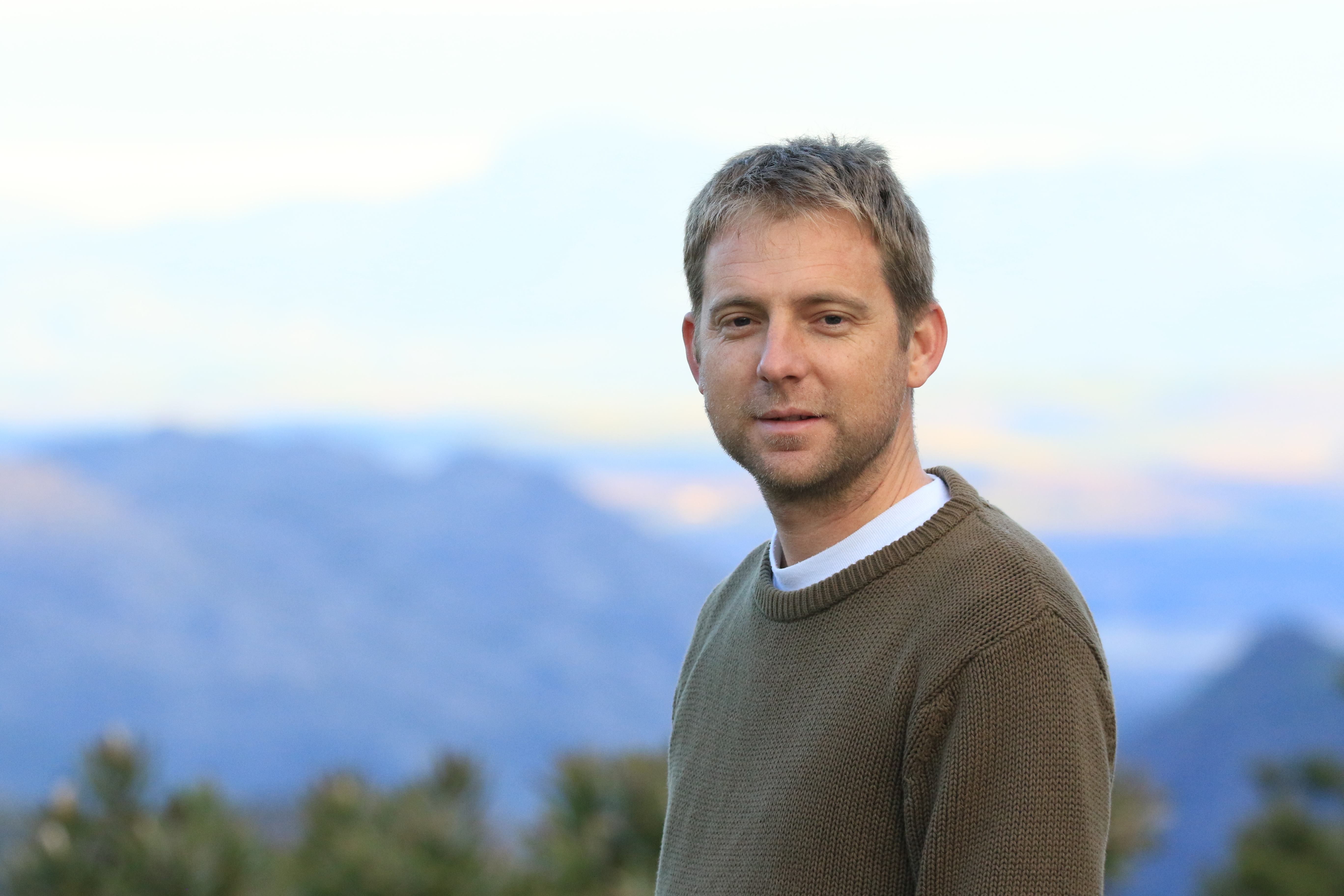
Ben is a second-generation wildlife ecologist who has been employed primarily in the government sector as a dingo ecologist, conservationist and manager since 2005. Ben is now a Senior Research Fellow at the University of Southern Queensland (USQ) in Australia, a Research Associate with Nelson Mandela University (NMU) in South Africa, and International Partnerships Officer with the Australasian Wildlife Management Society (AWMS). Ben investigates practical solutions to a variety of complex wildlife management problems around Australia and internationally, often in extensive livestock grazing systems and peri-urban areas. Ben maintains a strong interest in dingoes generally, with additional canid experience with red foxes, black-backed jackals, coyotes, and the wild canids of Papua New Guinea and other south-east Asian islands.
Brian Cypher - Coordinator, Island, Kit & Swift Fox Working Group
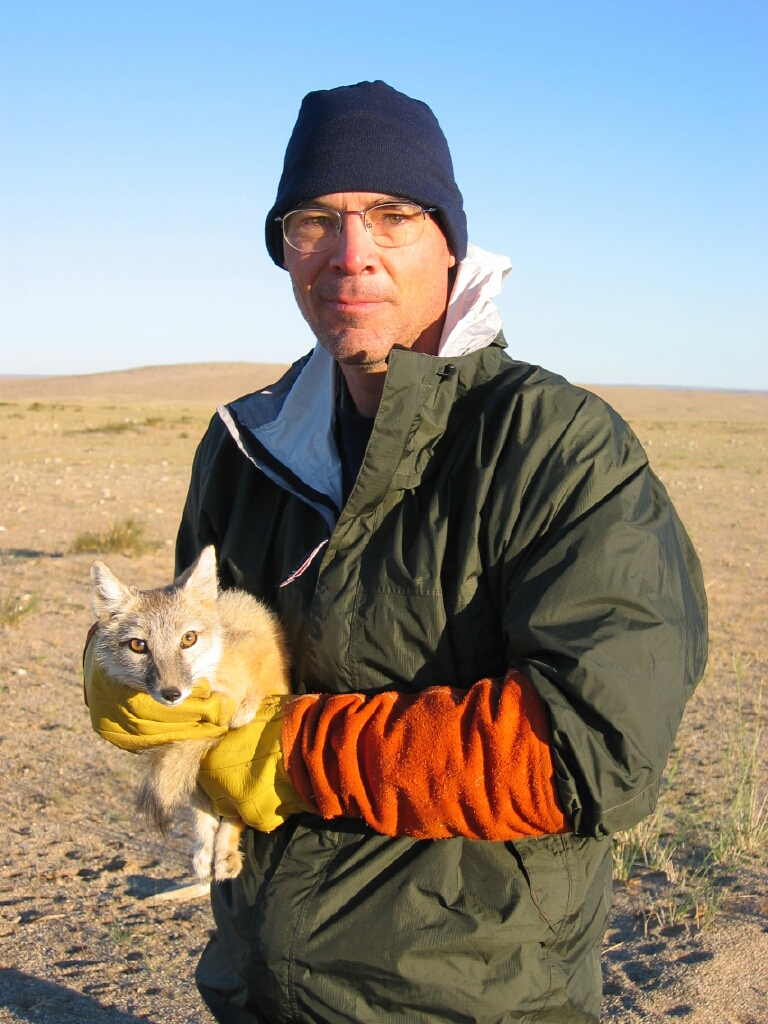
Brian is the Associate Director and a Research Ecologist with the California State University – Stanislaus, Endangered Species Recovery Program. His primary research interest is the ecology and conservation of wild canids. He has worked with wolves, coyotes, grey foxes, red foxes, kit foxes and island foxes. Brian serves on recovery teams for San Joaquin kit foxes and island foxes. He currently is involved in research and conservation efforts for endangered San Joaquin kit foxes and island foxes and other sensitive species in California.
Cheryl Asa
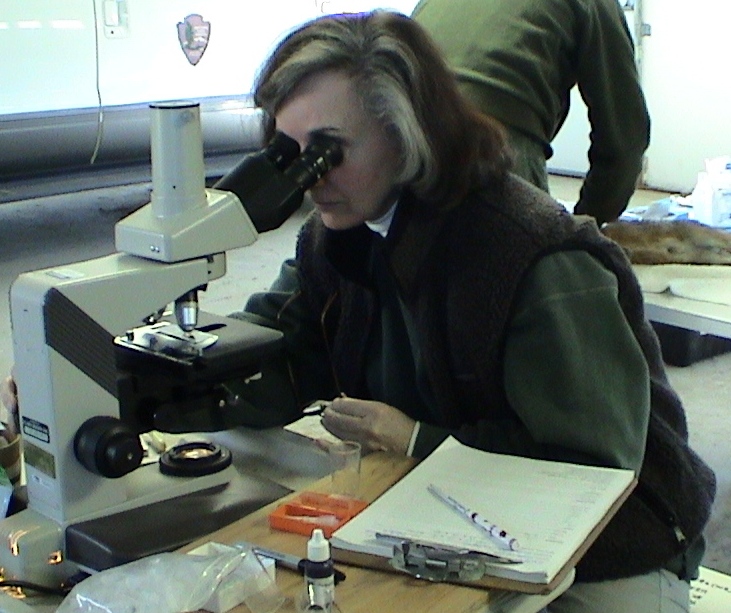
Cheryl, Director of Reproductive and Behavioral Sciences, began canid research in Peru in 1981 with the Sechuran desert fox. She has since conducted studies of grey and Mexican grey wolves, fennec foxes, painted dogs, coyotes, and island foxes. In 1990 she was asked by the US Fish & Wildlife Service to establish a semen bank for the Mexican gray wolf, which has expanded to include eggs and ovarian tissue from females. In the late 1990s she became part of the island fox recovery team, to monitor behavior and hormones of the captive breeding population on the islands. Her lab has pioneered assisted reproduction methods for management of Mexican wolf population genetics and has identified factors affecting fertility across canid species. Her comparative canid research focuses on reproductive strategies and mechanisms (e.g., induced ovulation) and on application of reproductive management (e.g., artificial insemination) to conservation.
Dada Gottelli - Contact Person, Canid Genetics

Dada was a member of the Ethiopian Wolf Conservation Project based in the Bale Mountains NP (Ethiopia) from 1988 until 1992. Since 1992, she has been working in the genetic group at the Institute of Zoology studying the genetics of various species, including the Ethiopian wolf.
Eduardo Silva-Rodriguez - Coordinator, Southern Cone (Foxes) Working Group
Universidad Andres Bello, Santiago, Chile
Eduardo has experience working with South American gray fox (chilla) and Darwin’s fox. He has worked on issues related to the human-canid conflict associated to small agriculture and the interactions of wild mammals, foxes included, with domestic dogs. He has recently been part of a team that discovered a new Darwin’s fox population, halfway between the previously known populations.
Fernanda Michalski - Co-Chair, Amazonian Canids Working Group
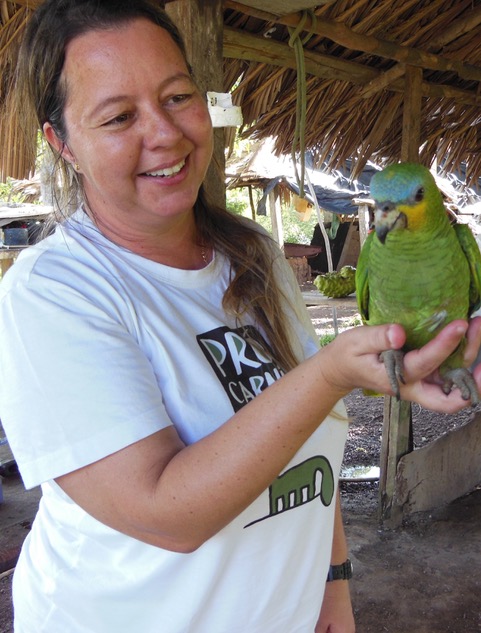
Fernanda is a lecturer of ecology and conservation biology at the Federal University of Amapá (UNIFAP) since 2010. She is also an associate researcher at the Brazilian NGO Instituto Pró-Carnívoros. Since 2002 she has been conducting and coordinating research projects on Amazonian mid-sized and large-bodied vertebrates with emphasis on mammals. She has also contributed actively to the increase in information on bush dogs and short-eared dogs in Amazonian landscapes with different forest proportions and degrees of anthropogenic disturbances.
Francisco Alvares - Coordinator, Taxonomy & Nomenclature Working Group
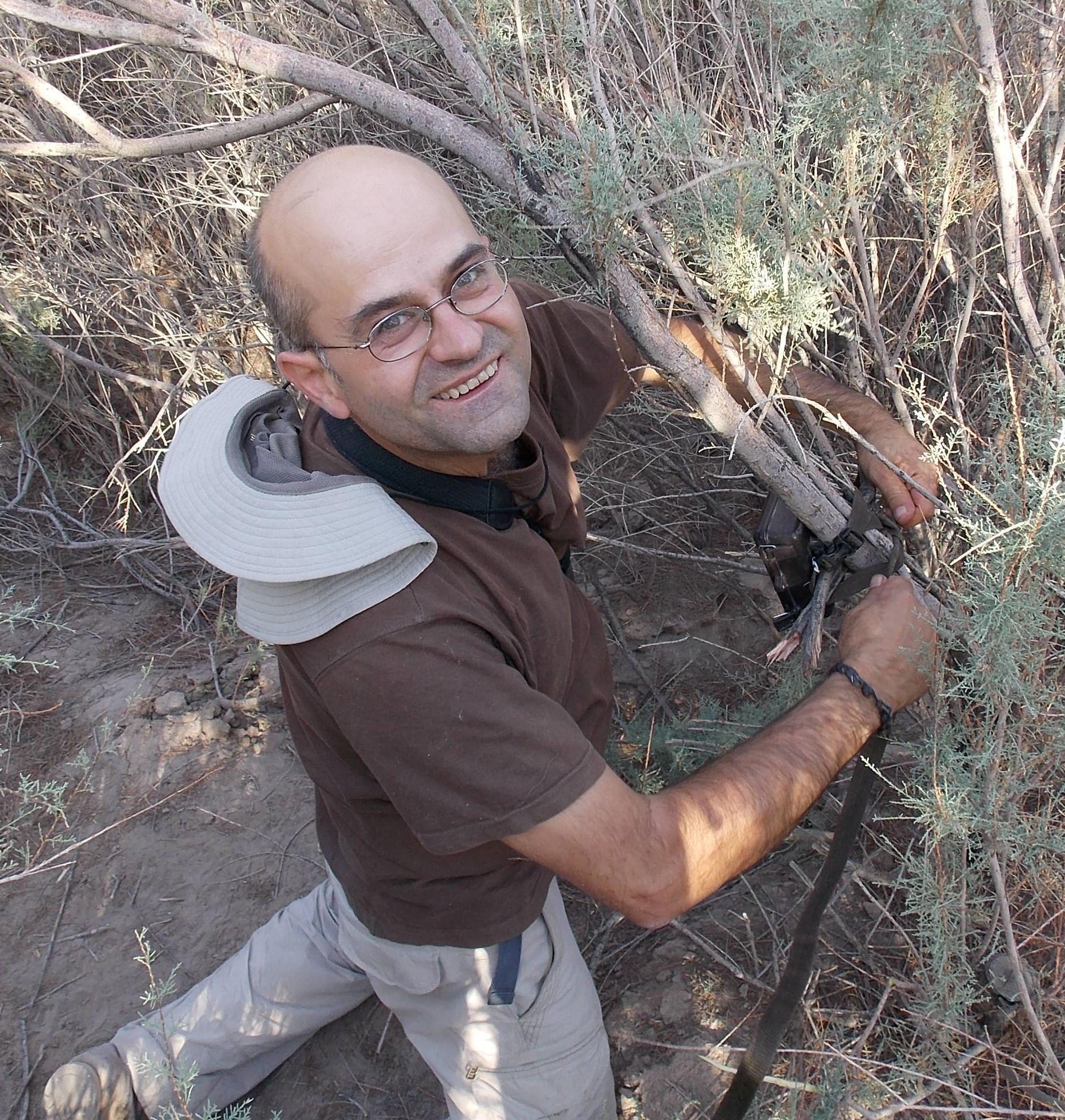
Francisco completed his PhD in Conservation Biology at the University of Lisbon in 2012 and currently is a researcher at CIBIO/InBIO (University of Porto, Portugal). For the past 20 years, he has been working on ecology and conservation of large carnivores, with a special emphasis on the Iberian wolf. In particular, he conducts research on a wide range of human-wildlife interactions, such as livestock depredation, responses to human disturbance and ethnozoology related to local beliefs and practices towards carnivores. More recently, he participated in several projects in Africa and Middle East aiming ecological studies focused on canids, namely African wolves and Eurasian golden jackals.
Gus Mills
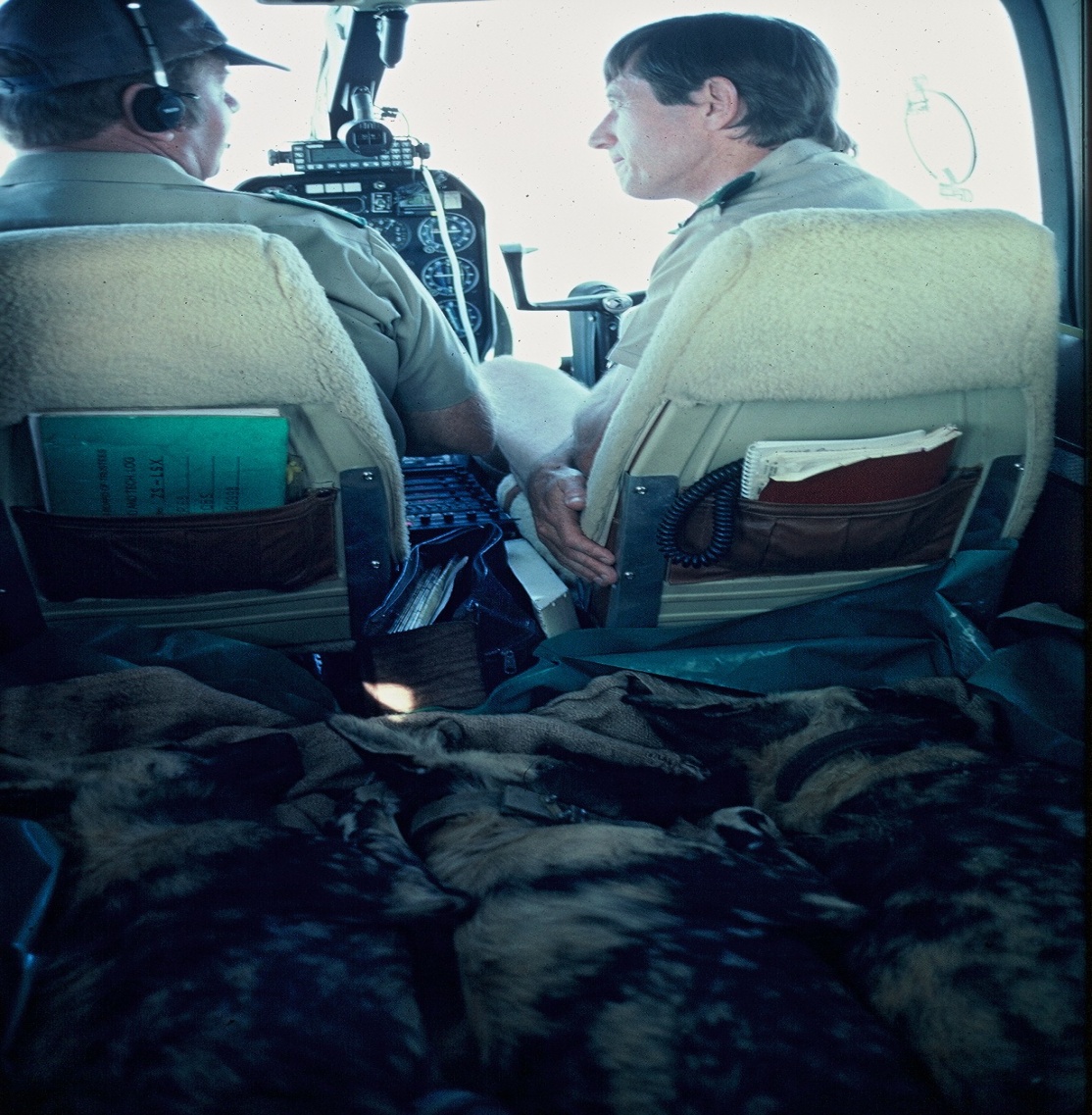
Gus studied large carnivores, mainly in the Kgagalagadi Transfrontier and Kruger National Parks, over a forty year period (1972-2012). During this time he ran the Kruger Park wild dog project from 1989 until he retired in 2006. He was the founder and first chair of the South African Wild Dog Action Group (WAG).
Karen Bauman - Contact Person, Conservation Breeding
Saint Louis Zoo, USA
Kylie M Cairns - Coordinator, Dingo Working Group
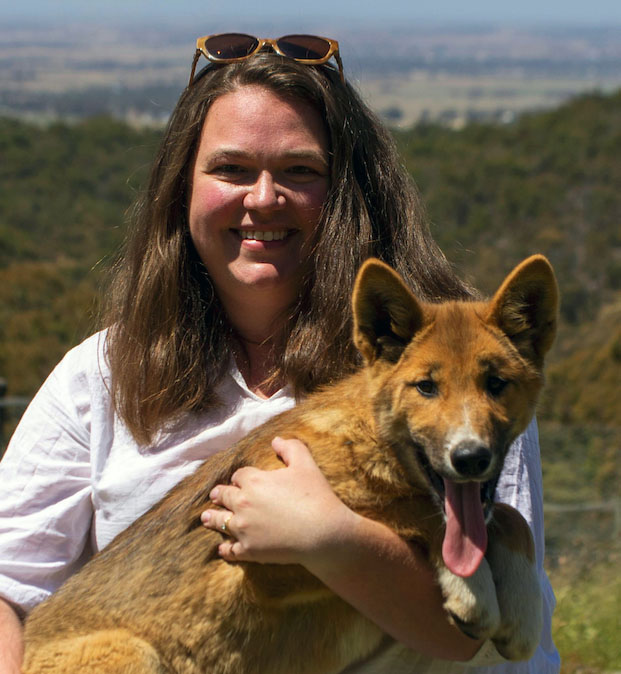
Kylie Cairns is an Australian based population and conservation geneticist. She is passionate about the conservation of canids and using genomic data to inform on-ground conservation and management action plans. To date much of her research has focused on the genetic identity and evolutionary history of dingoes, tackling questions about their origin, ancestry and modern patterns of introgression. She has ongoing research projects on dingoes, NGSD and highland wild dogs and their relationships to other wild canids.
Luigi Boitani - Coordinator, Wolf (Europe) Working Group
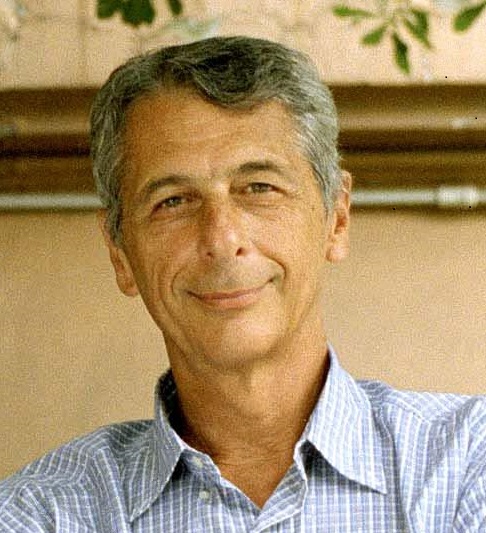
Luigi is a professor of animal ecology and conservation biology at the University of Rome since 1987. He has pioneered wolf research and conservation in Italy in 1972 and is still involved in several projects at national and European scale. He has been a member of the Steering Committee of IUCN/SSC since 1996 and Chair of the IUCN/SSC Large Carnivore Initiative for Europe since 2002.
Michael Phillips - Coordinator, Wolf (North America) Working Group
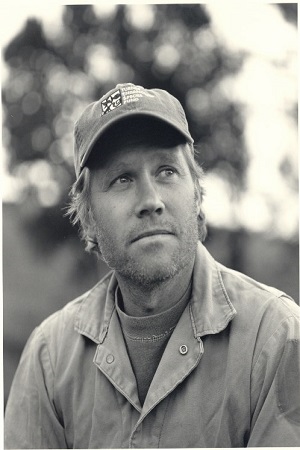
Mike has been involved in wolf restoration and conservation throughout the United States for over 30 years. He served as the first leader for both the historic effort to restore the red wolf to the southeastern U.S. and the grey wolf to the Greater Yellowstone Ecosystem. He has served on every Mexican wolf recovery since 1995. For many years Mike was a member of the IUCN Wolf Specialist Group before it joined with the Canid Specialist Group. In 1997 he and Ted Turner co-founded the Turner Endangered Fund and the Turner Biodiversity Divisions. The organizations now represent the world’s most significant private efforts to arrest the extinction crisis. Mike was elected to the Montana legislature in 2007 and will serve in the State Senate through at least December 2015.
Nucharin Songsasen - Coordinator, Dhole Working Group; Contact Person, Canid Genetics
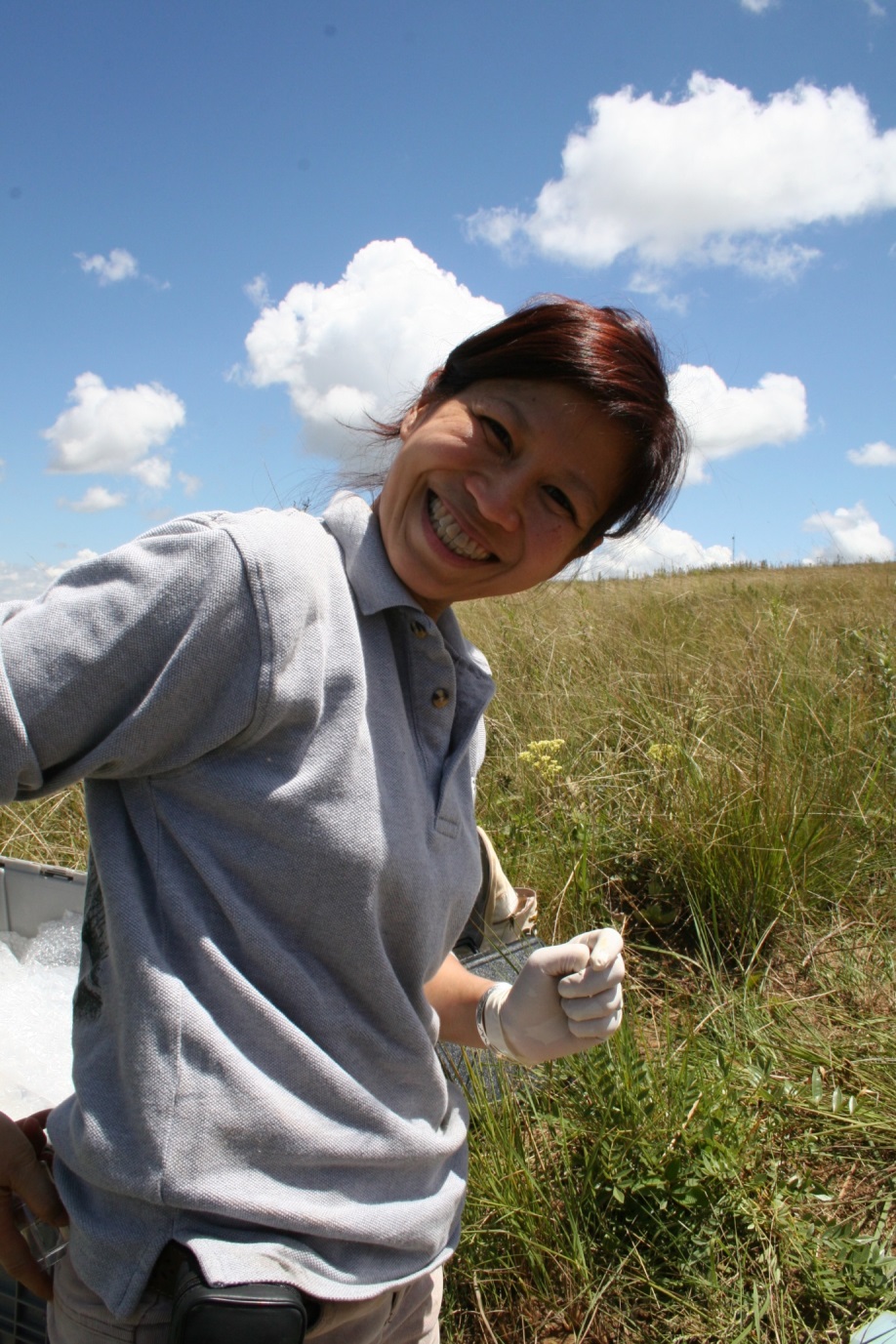
Nucharin Songsasen is the Center Head of the Center for Species Survival, Smithsonian Conservation Biology Institute. Her research focuses on developing innovative technologies to rescuing valuable genetics from wild canids and felids. She also has developed partnerships with national and international governmental and non-governmental organizations to conduct multidisciplinary studies that address threats to the sustainability of wild canids living in zoos or nature. Nucharin has adjunct appointments at the University of Maryland, Cornell University and George Mason University. She is also the coordinator of the AZA’s Maned wolf Species Survival Plan. Nucharin received her DVM from Kasetsart University (Thailand), her MSc and PhD from the University of Guelph (Canada).
Olaf Bininda-Emonds - Coordinator, Taxonomy & Nomenclature Working Group

Olaf’s background is in the areas of phylogenetics, systematics and taxonomy, with a long standing interest in Carnivora. Although his systematic research is increasingly molecular-based, he is also well acquainted with the use and interpretation of morphological data. Using supertree construction, he combined these two types of data to produce two complete and dated species-level evolutionary trees for Carnivora (in 1999 and 2012), with the latter study including conservation information. In 2007, the former study was later included in a supertree for virtually all living species of mammal that Olaf constructed with numerous colleagues.
Raymond Van der Meer - Contact Person, Conservation Breeding
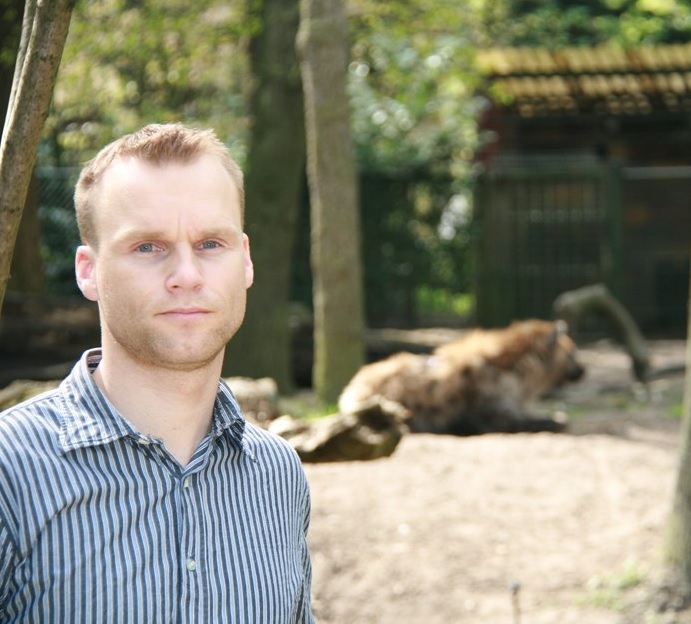
Raymond is a senior curator in Amersfoort Zoo, the Netherlands. In 2001 he became responsible for the coordination of three hyena programmes under the umbrella of the European Association of Zoos and Aquaria (EAZA). The EAZA has 345 member institutions in 41 different countries, which together coordinate and manage 380 European breeding programmes. Within EAZA, 42 Taxon Advisory Groups (TAG’s) are responsible for the production of Regional Collection Plans (RCP). In 2008, he became chair of the Canid and Hyaenid TAG. Since this time they have worked on a revision of the RCP and organisation within the TAG. They strongly believe in cooperation with other zoo associations and organizations focused on species conservation, such as the IUCN Specialist Groups.
Rogerio Cunha de Paula - Coordinator, Maned Wolf Working Group
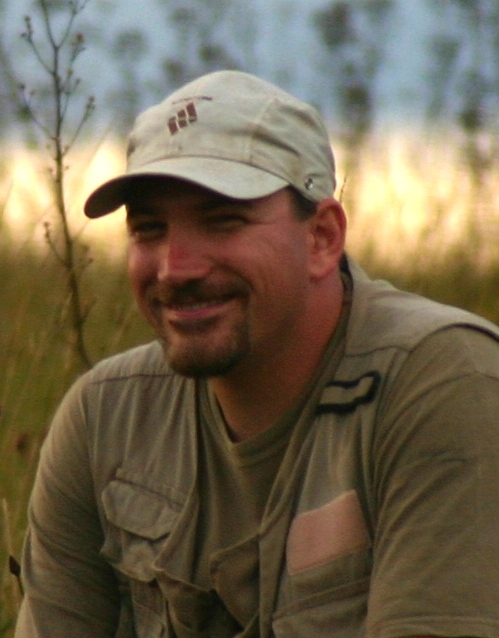
Rogerio is a Brazilian biologist and currently is the chief of the National Research Center for Carnivore Conservation (CENAP) within an Environmental Ministry’s agency (ICMBio). Additionally he is an associate researcher at the NGO Instituto Pro-Carnivoros. He has been coordinating and conducting research on carnivore ecology and conservation throughout Brazil specially focused on canids in the Cerrado biome. As a government agent, he supervises the National Action Plans involving the carnivore species and specifically coordinates the Maned Wolf National Action Plan. He has been conducting research on maned wolf in Brazil through the “Maned Wolf Conservation Program”. Within the Canid Specialist Group he has been connecting the maned wolf researchers and developing common strategies to the species in the entire South America though the Maned Wolf Working Group.
Rosie Woodroffe - Coordinator, African Wild Dog Working Group
Institute of Zoology, London, UK
Rosie is a Senior Research fellow at the Zoological Society of London and Visiting Professor at Imperial College London. Her work focuses on the coexistence of people and wildlife, especially resolving conflicts and managing disease transmission. Her efforts to conserve the African wild dog span 15 years and include a field conservation project in Kenya and co-leading the Rangewide Conservation Process for wild dogs and cheetah. She has also worked with island foxes, bat-eared foxes and black-backed jackals and still desperately wants to work with dhole.
Rurik List
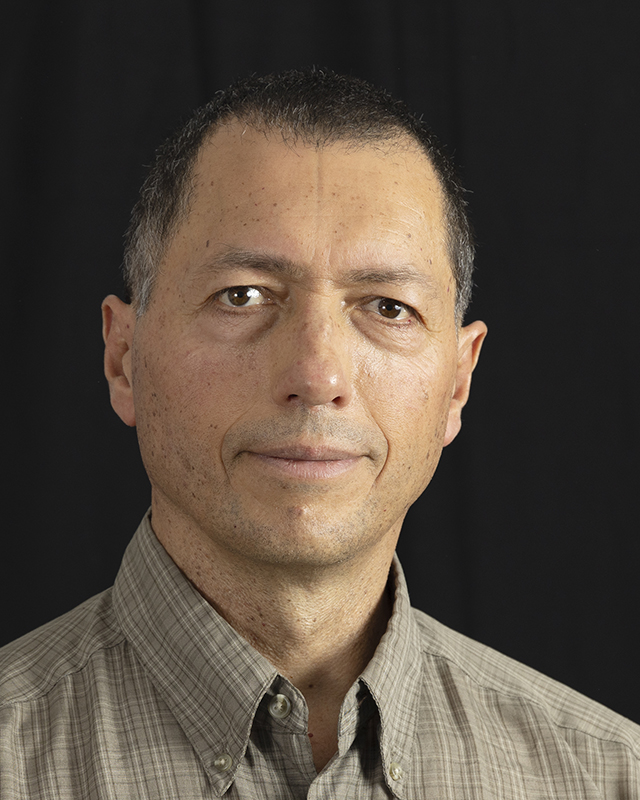
Rurik is a professor at the Research Area on Conservation Biology at the Universidad Autónoma Metropolitana-Lerma. He is a Mexican carnivore and conservation biologist. His work focuses on research and implementation of actions that advance the conservation of carnivores, threatened species and their habitats. He has a special interest in species’ reintroductions, and in the identification and protection of biologically important areas. An important part of his activities is on outreach about the species and areas he studies and about Nature conservation issues in general. Most of his career has taken place in grasslands and temperate forests. He has been involved in research and in conservation efforts with species like bison, Mexican wolf, kit fox, black-footed ferret, prairie dogs and North American Porcupine.
Tim Coonan - Coordinator, Island, Kit & Swift Fox Working Group
National Park Service, Channel Islands National Park, USA
Tim, a biologist with the US National Park Service at Channel Islands National Park, has been studying and managing island foxes for over 20 years. He directed a monitoring program which detected a massive decline of island foxes in the mid-1990s. He directed the research effort that identified the cause of the decline (golden eagle predation) and led to the park's ten-year island fox recovery program, which included captive breeding and reintroduction of island foxes. He helped develop the recovery actions in the draft USFWS island fox recovery plan and since 1999 has led the interagency island fox conservation group. With co-authors Cathy Schwemm and Dave Garcelon, he wrote a recent book on island fox biology and conservation.
Yadvendradev Jhala - Coordinator, Wolf (Asia) Working Group
Wildlife Institute of India, India
For the past 15 years, since his doctoral work on the Indian wolf and blackbuck in 1990 at VPI&SU, Virginia, Yadvendradev has been researching Indian canids. He currently holds the position of Sr. Professor and Head the Department of Animal Ecology & Conservation Biology at the Wildlife Institute of India based in Dehradun. His other research and conservation interests include Asiatic lions, tigers and striped hyenas, all of which have ongoing research projects. His major job responsibility has been to design and conduct country wide assessments for assessing the status of tigers, large carnivores, prey and their habitat.
Members at Large:
Adrian Treves
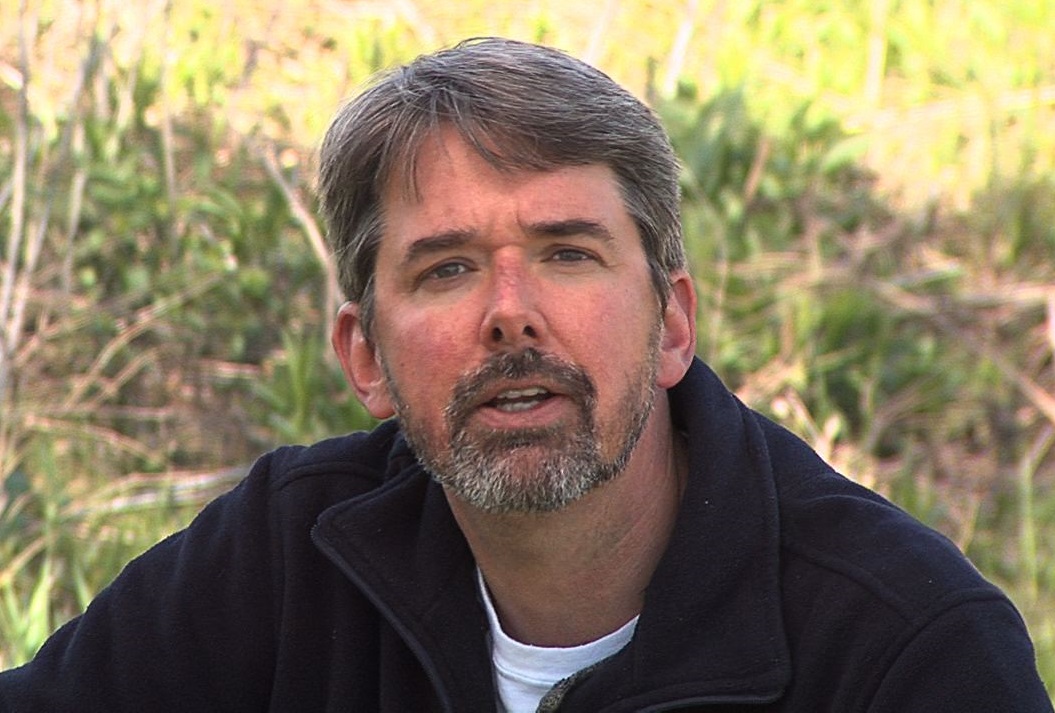
Adrian Treves conducts independent research and advocates for future generations of all life, for scientific integrity, and for sovereign publics worldwide. He studies and speaks about the public trust doctrine and intergenerational equity around the world More on public trust doctrines and intergenerational equity here. Adrian earned his PhD at Harvard University in 1997 and is a Professor of Environmental Studies at the University of Wisconsin–Madison and founder of the Carnivore Coexistence Lab since 2007. For the past 27 years, his research focuses on ecology, law, and human dimensions of ecosystems in which crop and livestock ownership overlaps the habitat of large carnivores from coyotes up to grizzly bears. He has authored >133 scientific papers on predator-prey ecology or conservation. We are transparent about our values as explained in Just Preservation. See: http://faculty.nelson.wisc.edu/treves/ptdige.php & http://faculty.nelson.wisc.edu/treves/pubs/Just%20Pre
Ahmed Eddine
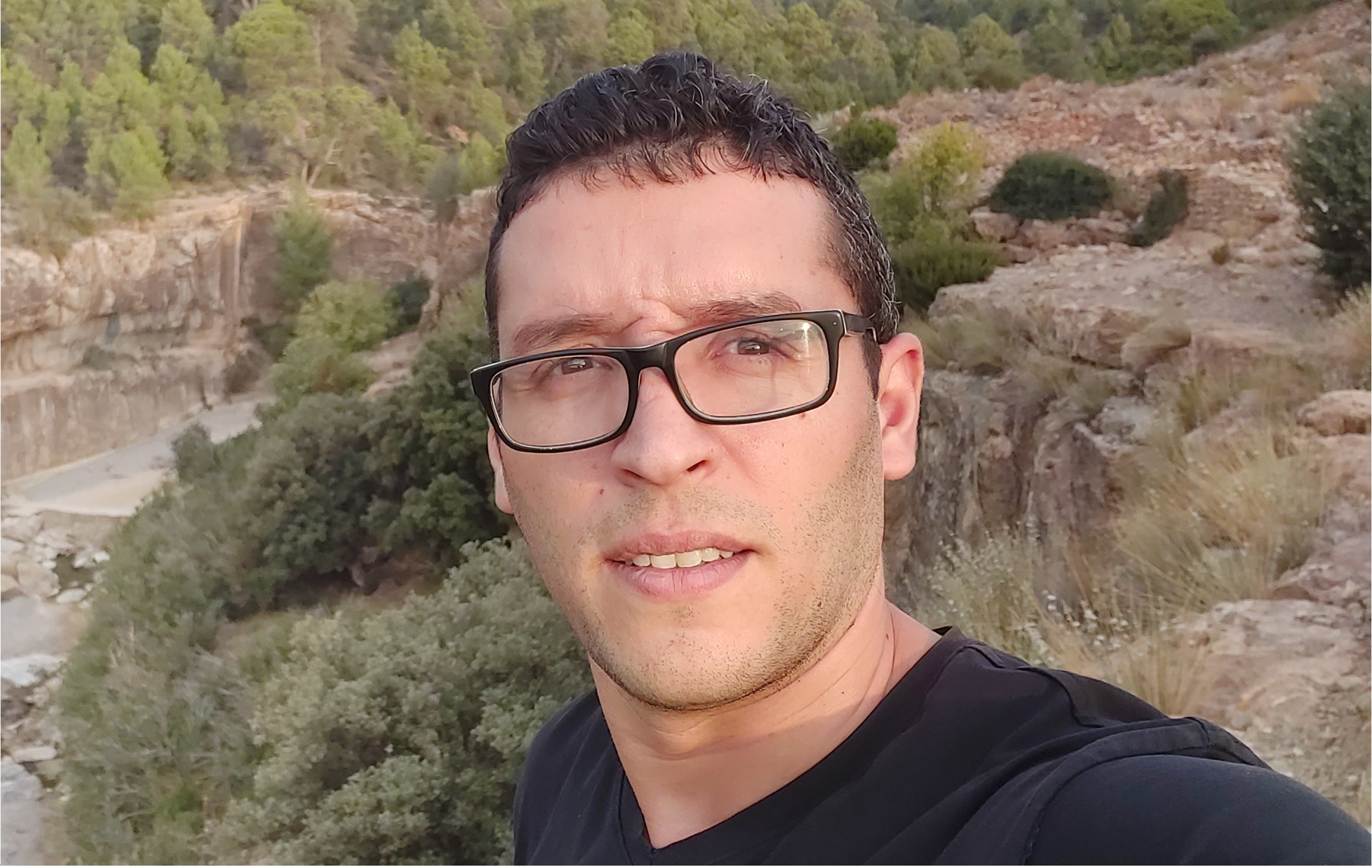
Ahmed Eddine completed his Ph.D. in Conservation Biology at the Tlemcen University in 2017. Now, he is an Assistant Professor at the Unversity of Setif (Algeria). Ahmed did research on Canis lupaster in Algeria (Behavior, Social Ecology, Genetic diversity and structure). Currently, he is focusing on biodiversity conservation, increase knowledge on Algerian mammals and mainly big carnivores, combining ecological and molecular techniques to adapt the appropriate action plans in the conservation of the Algerian canids when trying to find a solution to reduce the human-predator conflicts (persecution) in the region.
Akash Muntasir

Muntasir Akash is a faculty member at the Department of Zoology, University of Dhaka, Bangladesh. He is focused on the conservation and ecology of lesser-known carnivores, and leads various camera-trap surveys in Bangladesh. His works have helped to bring dhole, wolf, short-clawed otter, Asiatic golden cat, hog badger, etc. under the conservation spotlight in Bangladesh.
Alireza Mohammadi, PhD
Alireza Mohammadi is an Iranian conservation scientist and currently an assistant professor at the department of environmental science and engineering, University of Jiroft, in southern Iran. During his Ph.D, he studied human-wolf conflict in the Hamadan Province, western Iran. In this research, he monitored four wolves by GPS collar. He also addressed the human dimensions (local communities’ attitude toward wolf and wolf population control, tolerance, acceptance, etc.) of this issue in his thesis. He is broadly interested in carnivore ecology and conservation (with a focus on canids), and more specifically he is currently focused on researching human-wildlife interaction, by combining social and ecological techniques. He has experience in conducting various research and projects on managing human-carnivore conflicts (brown bears, grey wolf, and Persian leopards) and facilitating their coexistence with local people. He also has worked with local, and international researchers and
Alyona Koshinka

Alyona is a conservation researcher at the ACBK (Birdlife Kazakhstan). She did her PhD on the ecology of steppe mammals in Kazakhstan. Since 2014 she leads a research on the population of steppe wolf in Kazakhstan, identifying current distribution, ecological role in grasslands and men-wolf conflicts.
Amir Mahdi Ebrahimi
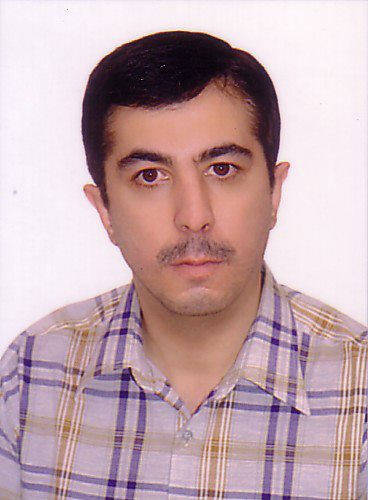
Amir is a graduate of Environmental sciences. Amir is a mammologist and conservation biologist. Amir has studied Iranian mammals including wild canids since 2000. There are six species of wild canids in Iran: grey wolf, golden jackal, red fox, Ruppell’s fox, Blanford’s fox and Corsac fox.
Anagaw Atikem
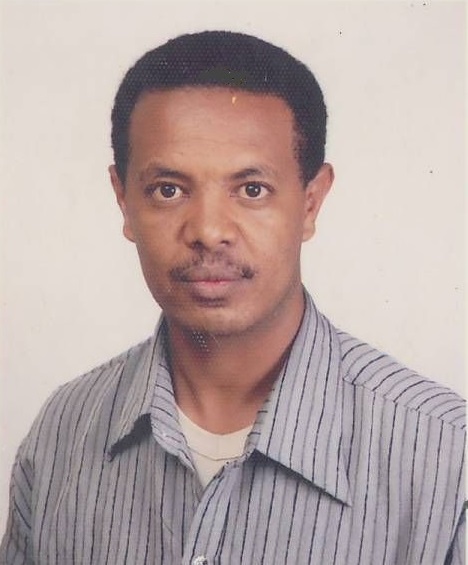
Anagaw Atickem is an assistant professor at Addis Ababa University at the Department of Zoological Sciences. Anagaw has been working on canids of the Ethiopian highlands in particular on the ecology of the newly discovered African wolf and its potential impact on the survival of the Ethiopian via exploitative and interference competition. The other major research by Anagaw is the human carnivore conflict in Ethiopia and potential mitigation techniques. Anagaw with his colleagues establish a local NGO, Afromontane Biodiversity Conservation. In Ethiopia (ABCE), focusing on protecting additional highland habitats for the Ethiopian wolf.
Ariel A. Farías
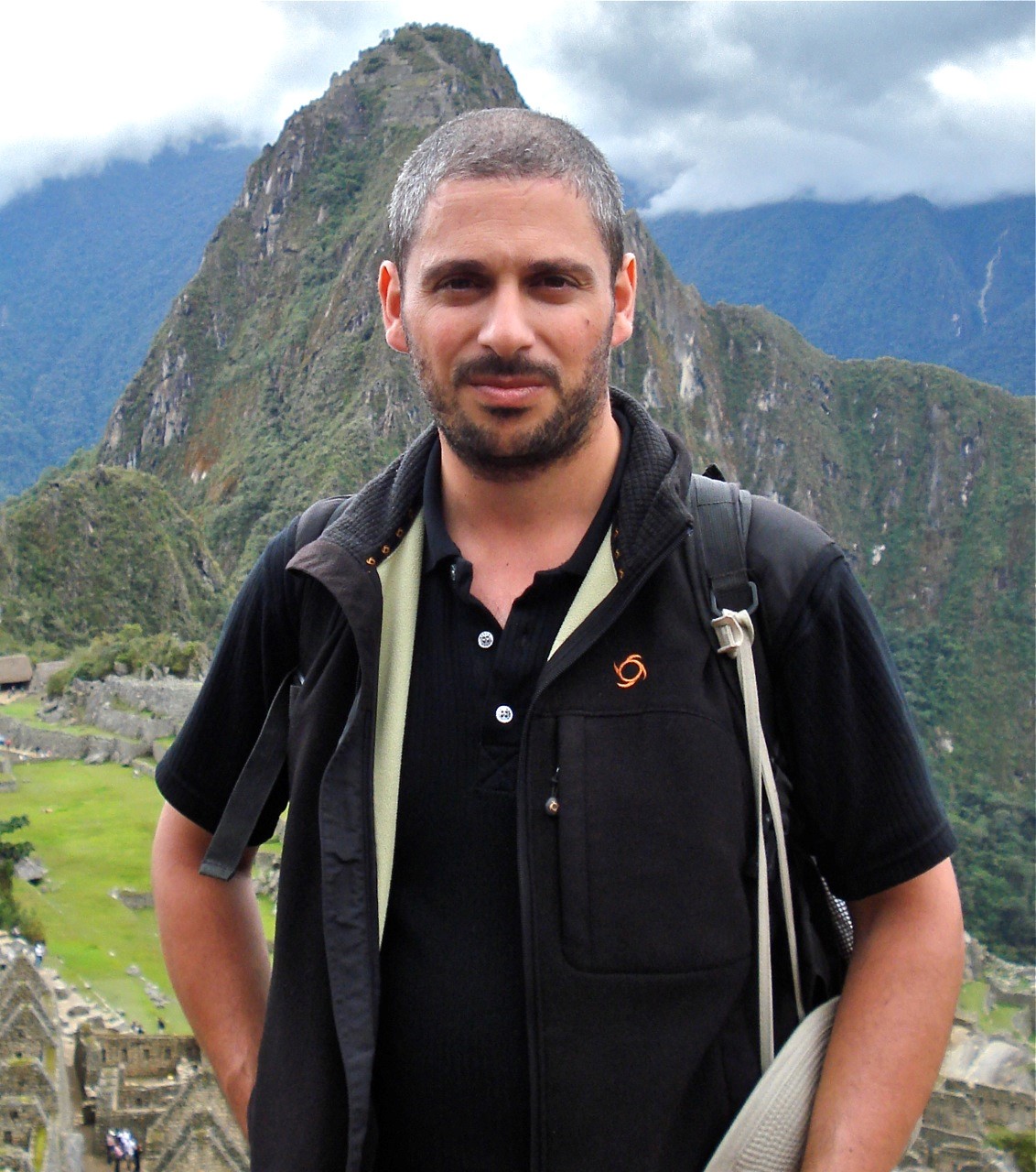
Ariel is Ecologist, professor at CURE (Universidad de la República, Uruguay), and researcher at CAPES (P. Universidad Católica, Chile). His main line of research focuses on the consequences and human dimensions of human-wildlife interaction on vertebrate assemblages, from a functional (i.e., traits-based) perspective. Currently he uses free roaming dogs and land-use change in rural and protected areas as study models of anthropogenic stressors. In this context, his research comprises aspects of the natural history, ecology and conservation of several canid species in Argentina, Chile and Uruguay.
Audrey Ipavec

Audrey Ipavec has a PhD in environmental sciences from ENSAR (National Higher School of Agronomy of Rennes). Her PhD research looked at the characteristics and determinants of elephant population spatial distribution in the W Regional Park, West Africa. Audrey has been working in Southern and Western savannah ecosystems since 1999 and is a specialist in the management and conservation of large mammals in African protected areas. She is currently the coordinator of the Rangewide Conservation Program for Cheetahs and African Wild Dogs in western, northern and central Africa; a joint initiative of the Wildlife Conservation Society (WCS) and the Zoological Society of London (ZSL), in partnership with the Cat and Canid Specialist Groups of the IUCN/SSC. Audrey has also spent time as a lecturer in the ecology of African Savannah dynamics, human wildlife conflict and TRAFFIC/MIKE programmes in Benin, Niger and Geneva.
Bhaskar Acharya

Bhaskar has an MSc from the Wildlife Institute of India, Dehradun. He conducted a long-term field research project (2000-2005) on the ecology of dholes in Pench Tiger Reserve, Madhya Pradesh, central India, leading to a doctoral thesis on the same. This project was an expansion of his previous work as a research scholar on a collaborative study on dholes in Kanha Tiger Reserve and in the adjacent landscapes. In addition to canid biology, he is interested in wild ungulate ecology, plant taxonomy and insect-plant interactions. He is currently coordinating a grant-making program for the conservation of biological diversity of the Western Ghats Region of India.
Bilal Habib
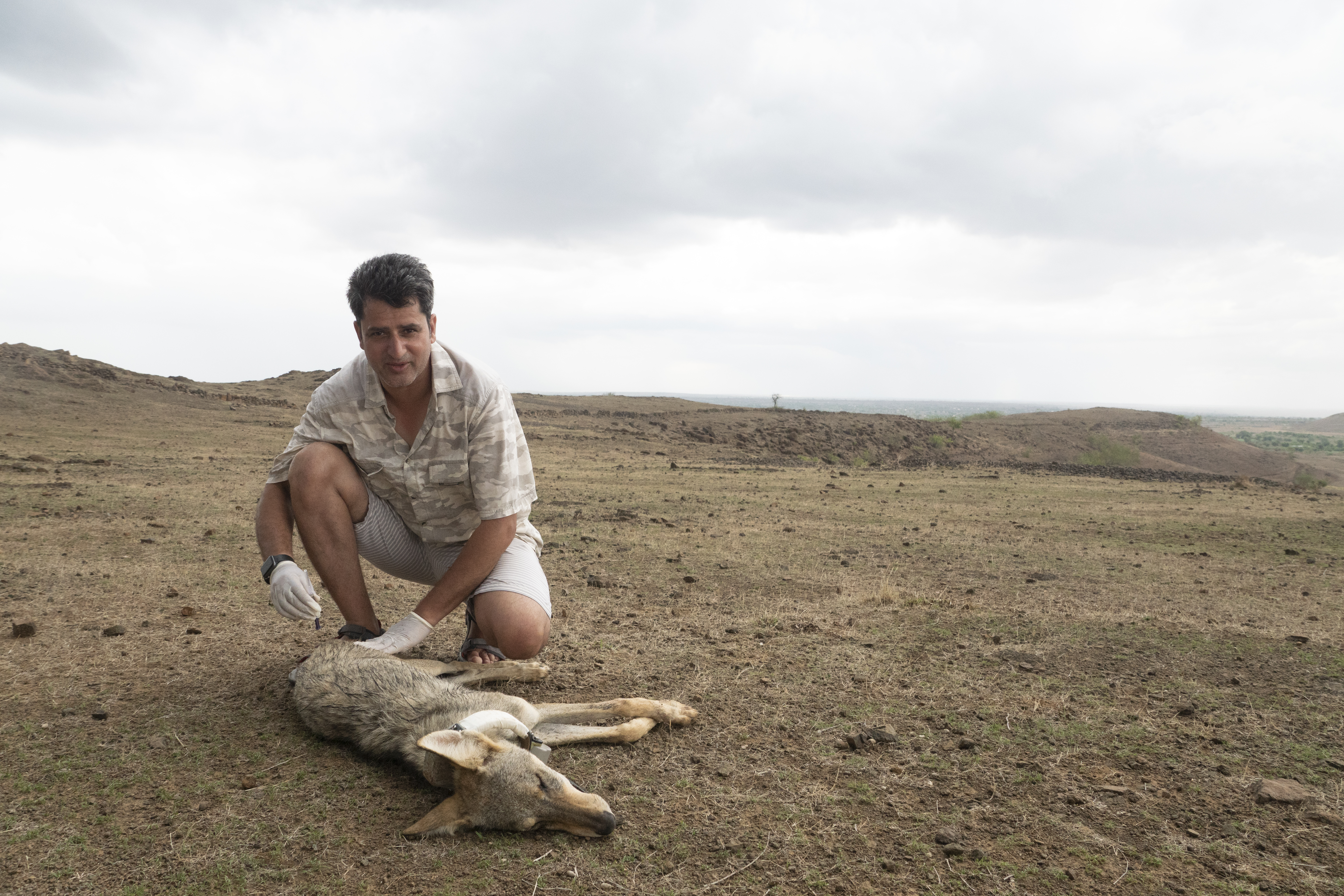
I am a conservation biologist interested in the integration of quantitative and interdisciplinary approaches to conservation challenges. With the interest in nature conservation, human-wildlife interactions, larger carnivore conservation, and other megafauna in human-dominated landscapes. I have been involved in field research since 2001. My doctoral research was on the ecology of the Indian wolf in the Great Indian Bustard Sanctuary, Maharashtra, India. Before joining the Wildlife Institute of India, I worked as Wildlife Survey Program Manager for the Wildlife Conservation Society’s Afghanistan Biodiversity Project and was involved in the design and coordination of wildlife surveys in the Wakhan Corridor (Pamirs), capacity building in the environment sector and development of the Red List. My research species and system range from Wolves in semi-arid and trans-Himalayan landscapes, Leopards from the Himalayas to Central India, Dholes from low density to high-density areas, Marc
Bradley Smith
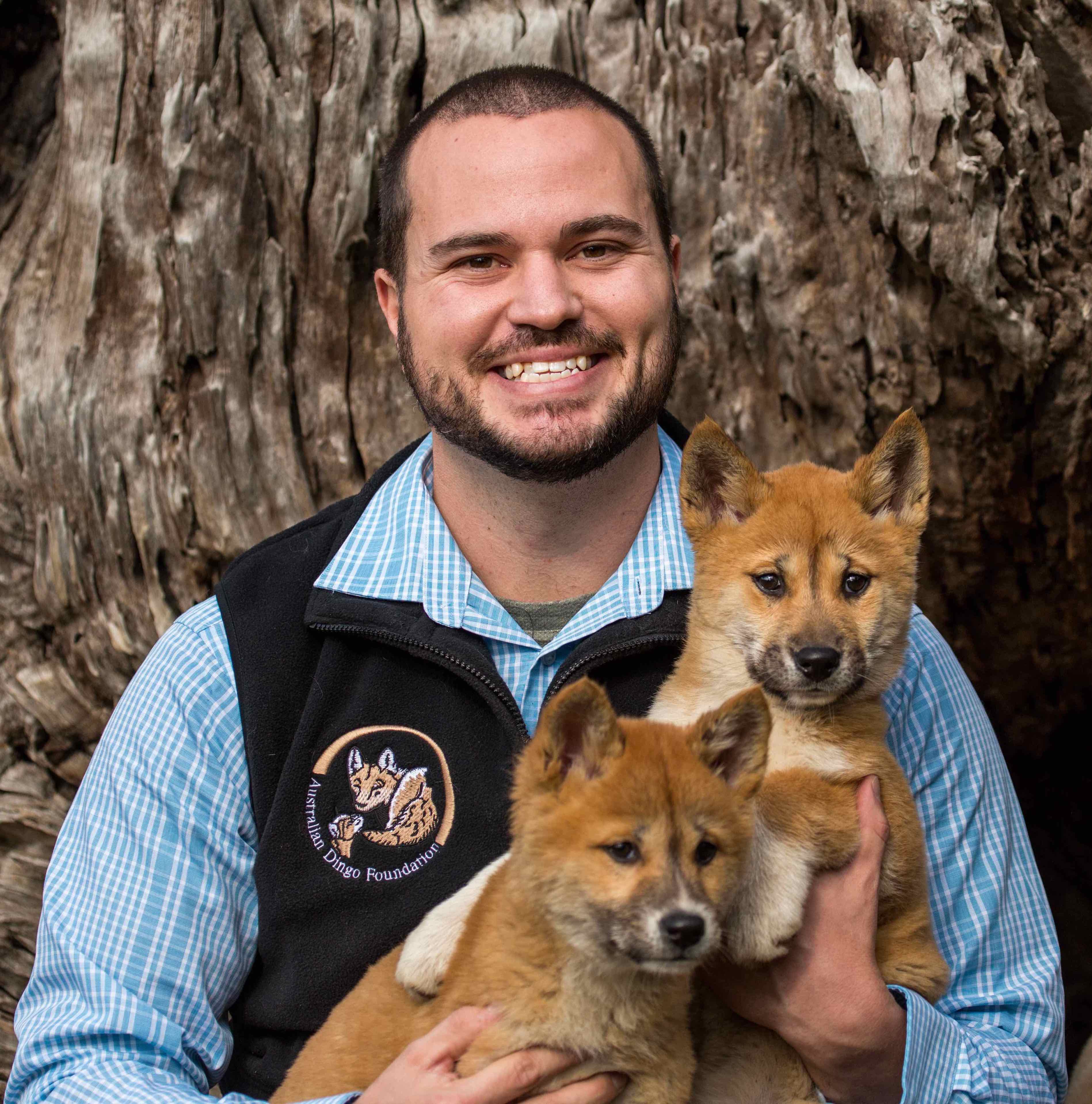
Bradley works as a senior lecturer in psychology at CQUniversity (Adelaide campus). His research utilises a multidisciplinary approach to improving the understanding, management, and conservation of the Australian dingo. This includes examining dingo behaviour, cognition, identity and taxonomy, interactions with humans, non-lethal management, and anatomy. More broadly, he is interested in the human-dimensions of wildlife, and exploring ways to resolve conflict between humans and dingoes. Bradley currently serves as the scientific director of the Australian Dingo Foundation- a key conservation organisation dedicated to dingoes.
Bridgett vonHoldt

Bridgett vonHoldt is an associate professor of Ecology and Evolutionary Biology at Princeton University. Her research focuses on evolutionary genomics of admixed species, hybrid zones, and consequence of natural selection on the regulatory genome. She has carried out extensive studies on wild and domesticated canines. Her research has significant conservation applications for endangered species like the red wolf and gray wolf of North America. She is the founder and director of the North American Canine Ancestry Project. She is also a co-founder and lead geneticist for the Gulf Coast Canine Project. She earned her PhD at UCLA under the mentorship of Robert Wayne.
Christian R. Loaiza S.
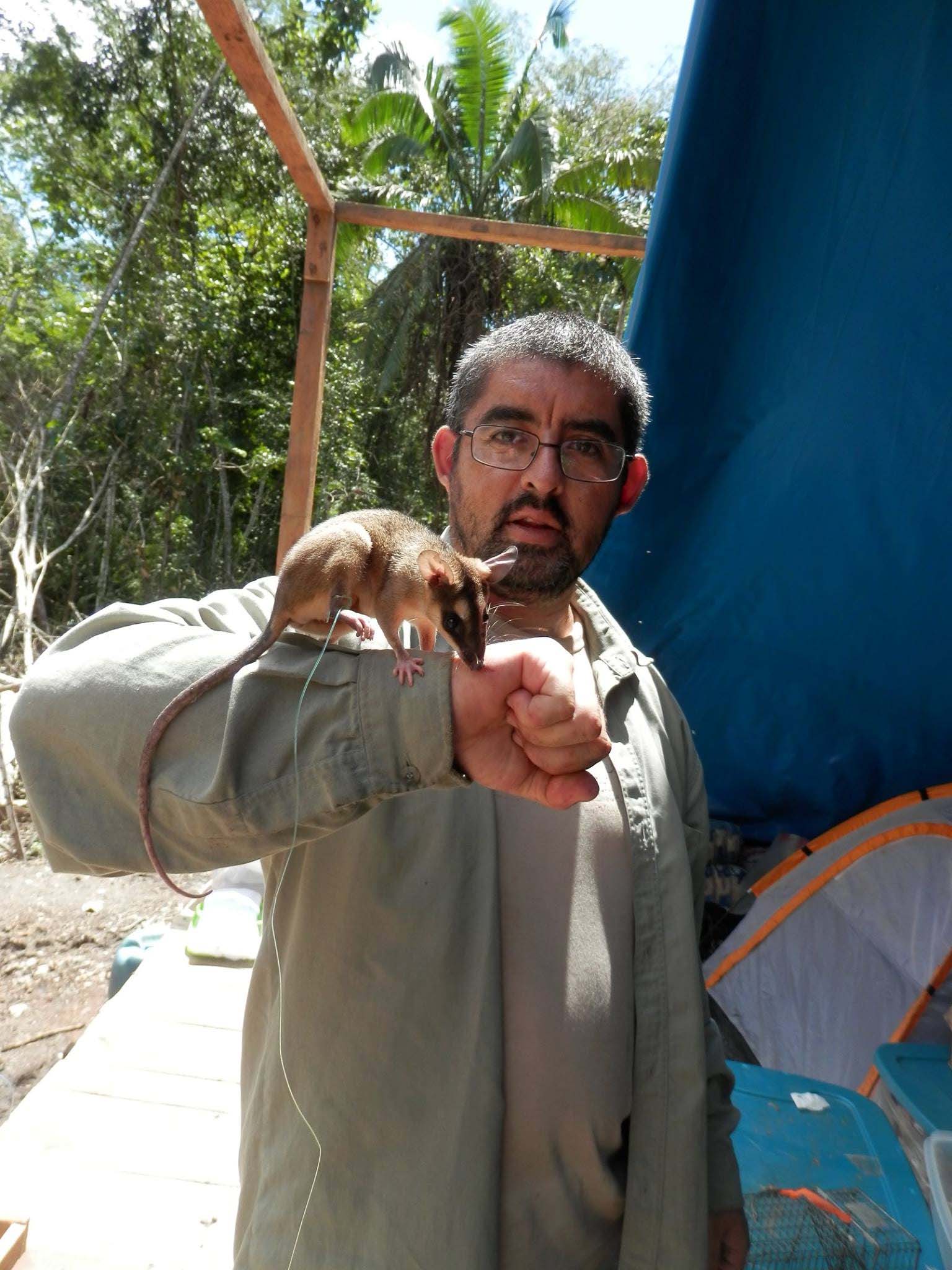
Biologist and mammalogist with interest in the distribution, biogeography and conservation of mammals in the Andean region. Master in zoology with specialization in ecology and conservation. Researcher associated with the Mammalogy Department of the Natural History Museum (UNMSM). Active member of the Ecuadorian Association of Mammalogy and the Peruvian Association of Mammalogy. Specialist in SIG and in the modeling of ecological niches. Ha has collaborated with the IUCN in the conservation of some other groups of flora and fauna. He is currently interested in the conservation of the Sechuran fox in the southern region of Ecuador and northern Peru.
Colleen Begg
The Ratel Trust / Niassa Carnivore Project, Mozambique
Born and raised in South Africa, Colleen earned a MSc on a population viability analysis of the translocation of cheetah into Matusadona NP, Zimbabwe and a PhD in 2001 on the ecology of honey badgers in the Kagalagadi Transfrontier Reserve, South Africa. She is passionate about carnivores, field based conservation, and finding practical, locally derived solutions to conservation threats. Together with husband Keith they have worked on carnivores in South Africa, Zimbabwe, Tanzania and Mozambique. In 2003, they founded the Niassa Carnivore Project in Niassa Reserve, Mozambique with a goal to secure large carnivores (lions, spotted hyaenas, African wild dogs and leopards) using a four-pronged approach of research, direct mitigation and implementation of solutions, education, and mentorship and capacity building.
Courtney Marneweck
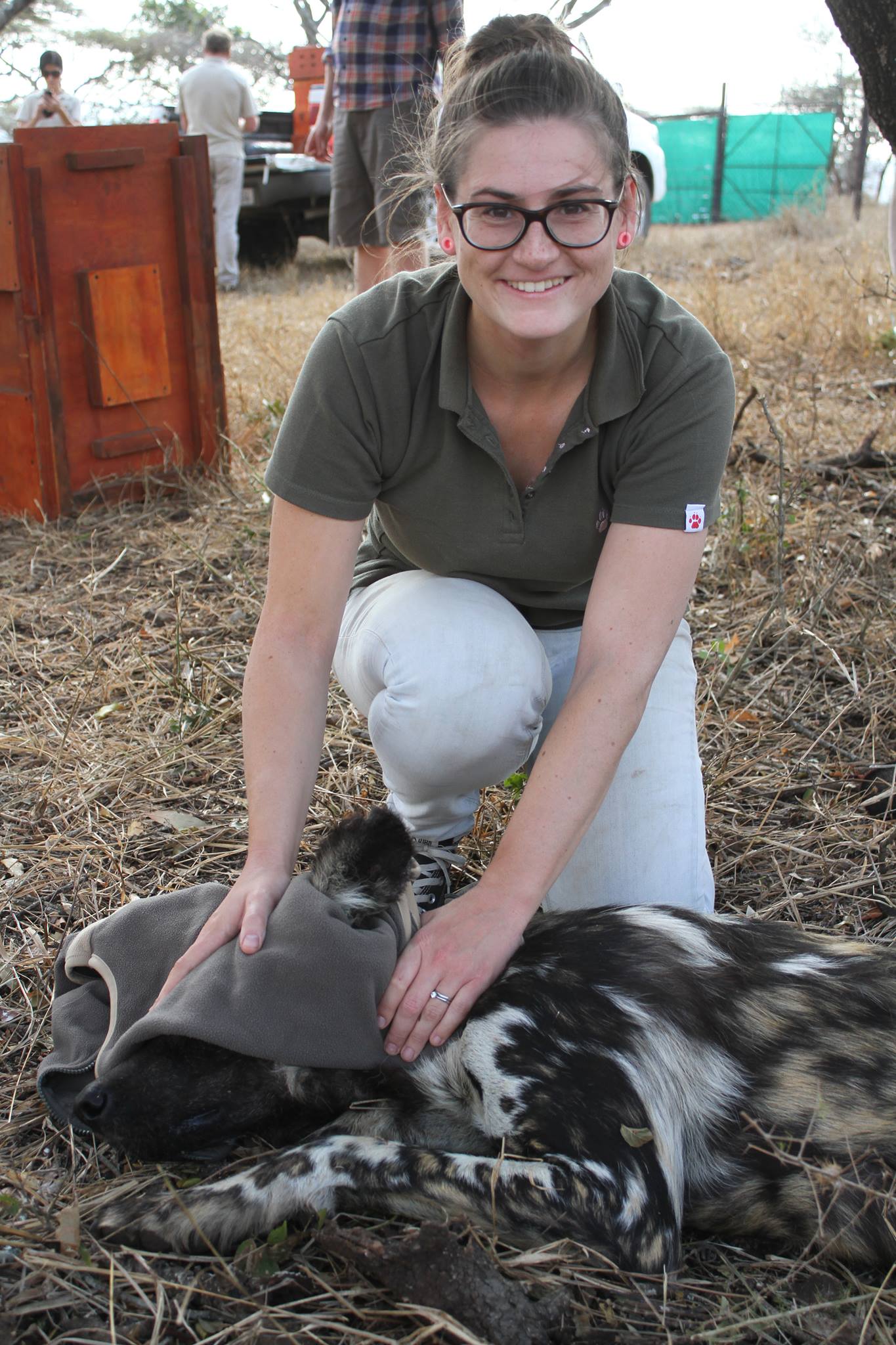
Courtney is a quantitative ecologist with a passion for conducting research with real world applications to conservation. Her research focuses on African wild dogs and other subordinate and small carnivores, specifically surrounding spatial and behavioural ecology at the population and guild levels. While her research focus on sub-Saharan Africa, she has experience with North American meso and small carnivores as well. Her research on canids includes African wild dogs, coyotes, black-backed and side-striped jackals, and grey and bat-eared foxes. Courtney has been Assistant Editor at Canid Biology and Conservation since 2020.
Darío Moreira
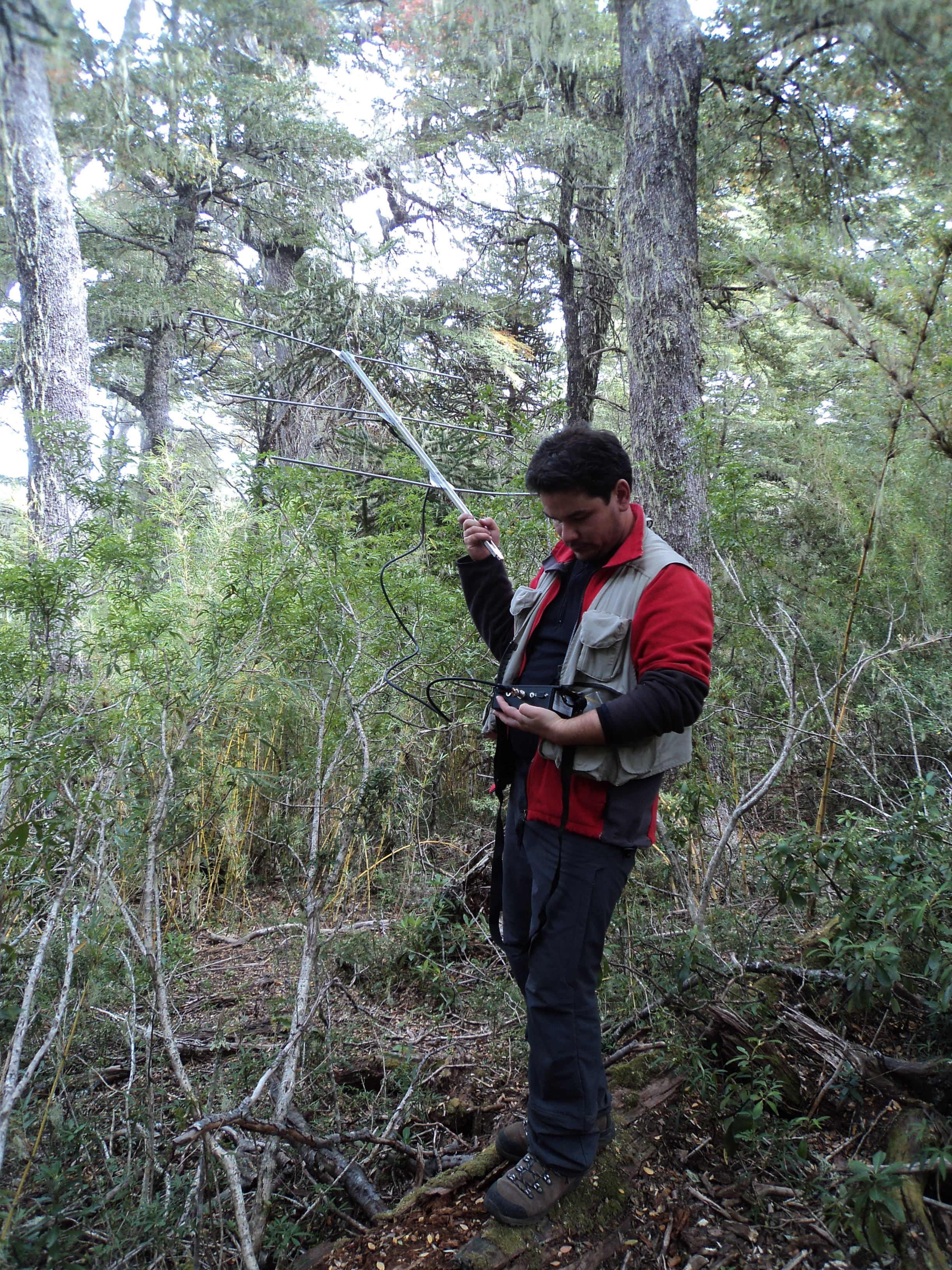
Darío Moreira is a wildlife biologist and professor at the Faculty of Forest Sciences at the Universidad de Concepción. His long-term objective is to make significant advances to promote the biodiversity persistence in production-oriented lands. His research is primarily focused on understanding the behavior and ecology of carnivores living in heterogeneous landscapes in central and south Chile and addressing the effects of habitat quality and configuration. Most of this research has been conducted upon the endemic Darwin´s fox but also other mesocarnivores. The second part of his investigation combines spatial, ecological, and social approaches to make socioecologically-informed land-use decisions related to human-wildlife coexistence in Temperate forest and Patagonian landscapes.
Dean Cluff
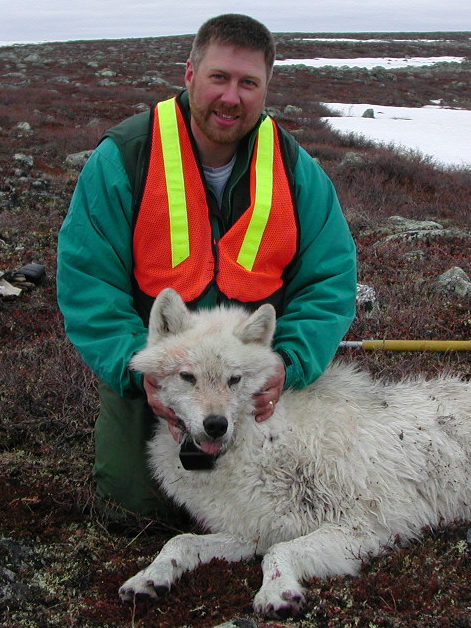
Dean is a wildlife biologist for the territorial government and works with a variety of mammals. His main interest lies with carnivore ecology and management, primarily with wolves and bears. Dean has been a member of the IUCN Wolf Specialist group since 2001 until it joined with the Canid Specialist Group. Dean studies tundra- denning wolves that follow migratory barren-ground caribou to their winter range in the boreal forest. Dean has also accompanied Dr. David Mech on several occasions to the High Arctic to study wolves there.
Deana Clifford
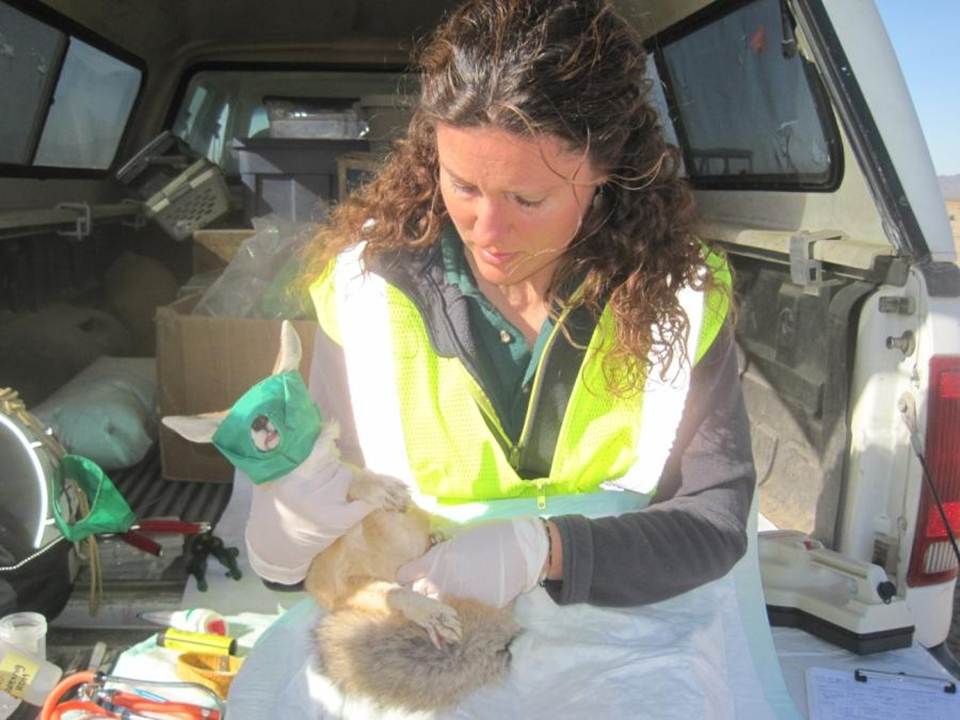
Deana received her Wildlife Biology Bachelor’s, DVM, MPVM and PhD in Epidemiology from the University of California, Davis. She studied disease and reproduction of island foxes and worked on wildlife and ecosystem health projects, both nationally and internationally. She is a senior wildlife veterinarian at the California Department of Fish and Wildlife and an Assistant Clinical Professor at UC Davis focused on carnivore health and conservation, emerging wildlife diseases, carnivore conflict and welfare. She works on teams addressing conservation challenges for Sierra Nevada red foxes, San Joaquin kit foxes, island foxes, gray wolves, fishers, Amargosa voles and riparian brush rabbits. Photo Credit: Jaime Rudd
Diego Queirolo
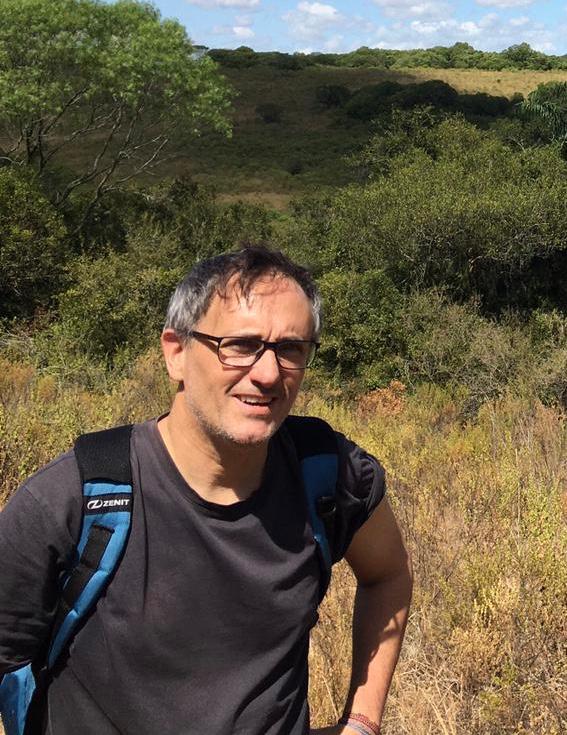
I am a biologist graduated from the Universidad de la República, Uruguay. I did my postgraduate studies at the Universidade de São Paulo, Brazil. My master's study was on the trophic ecology (diet and prey selection) of the maned wolf and my D.Sci. was in biogeography of temperate grassland mammals from Uruguay and southern Brazil. I am currently a professor at the Universidad de la República and my research activities are focused on the study of predators (crab-eating fox, Pampa’s fox and Geoffroy’s cat) and their interaction with livestock production (sheep and poultry), mainly in northern Uruguay. It also includes the impact of the invasive alien species wild boar, as the main predator of sheep.
Djuro Huber
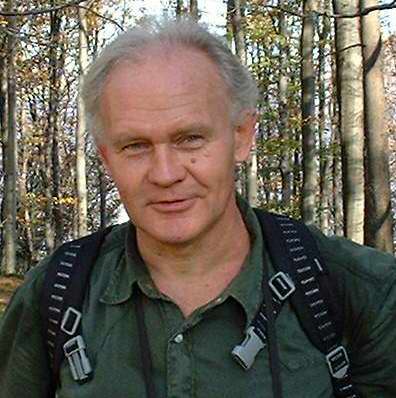
Djuro graduated in veterinary medicine in Zagreb, Croatia in 1975, and specialized in ecology (master’s degree) and in wildlife parasitology (PhD in 1979). Since 1981 he is conducting a brown bear study in Croatia, which in 1996 expanded to wolf and lynx. He led over 15 international projects and contributes to wolf management in Croatia. Professional activities include: IUCN SSC Bear Specialist Group and Wolf Specialist Group, IBA, Large Carnivore Initiative for Europe, Wildlife Disease Association. Djuro is currently the professor of Biology at the Department of Biology of the Veterinary Faculty in Zagreb.
Dorothee Ehrich
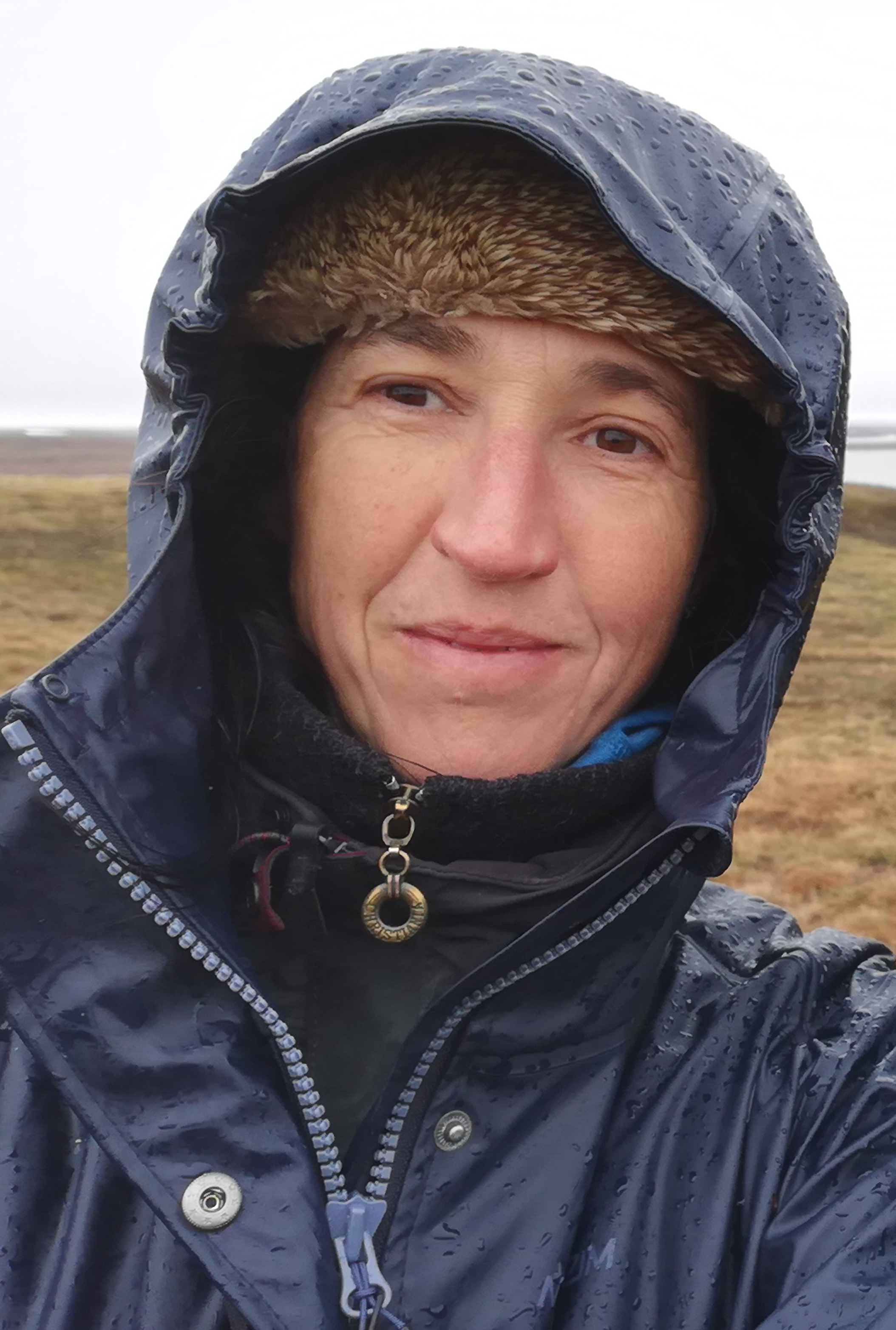
Dorothee is an arctic ecologist studying changes in the tundra ecosystem under the impact of climate change and changes in human use. She is working with arctic fox conservation in northern Norway, a species which is endangered in Scandinavia. She focusses also on the drivers of red fox expansion in the low Arctic, red fox management and changes in carnivore community composition.
Doug Smith
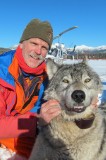
Doug is a Senior Wildlife Biologist in Yellowstone National Park and has been involved with wolf restoration there since 1994. Besides Yellowstone he has also worked with wolves on Isle Royale, in Minnesota, and Indiana (captive). He is a member of the Mexican Wolf Recovery Team and the IUCN Re-Introduction Specialist Group. His main interest is wolf conservation, wolf-prey ecology and population dynamics. He has a Ph.D. from the University of Nevada, Reno, a MS from Michigan Technological University and a BS from the University of Idaho.
Dusit Ngoprasert

Dusit was interested in large mammal monitoring since 2001. His interests include a range of questions related to conservation and population ecology. Most of his research has focused on carnivore conservation such bears and small carnivore species. He conducts field research and teaches a field technique course. Dusit assists students and collaborators to deploy appropriate methodologies and undertake data analysis for population and distribution models, using modern computational techniques that are still relatively new to the region. To capacitate regional researchers and graduate students in the quantitative data analysis for effective conservation action.
Ehab Eid

Ehab is a biodiversity and protected areas proficient, with experiences in mammals. Since more than 16 years, he has been working on studying canids of Jordan with special interest in the Blanford’s fox, golden jackal and the Arabian wolf. He has published various article and books, with his recent and first national red list of mammals in Jordan. He has contributed to enhance the understanding on canids in Jordan and neighboring counties and contributed significantly in studying the illegal hunting, trade, traditional folk medicine, and threatened species.
Eli Geffen
Eli is a professor of behavioral ecology at Tel Aviv University. He has studied behavior and ecology of Blanford's foxes, Ruppell's foxes, arctic foxes, and Arabian wolves in the wild using observations, telemetry, and experimental approaches. He has also conducted genetic studies focusing on barriers for dispersal, inbreeding avoidance, hybridization, population size, parentage analysis, and phylogeny in a variety of canid species. Many of his studies on canids have implications for conservation. He is associated with the Canid Specialist Group since the early 1990s.
Emre Can
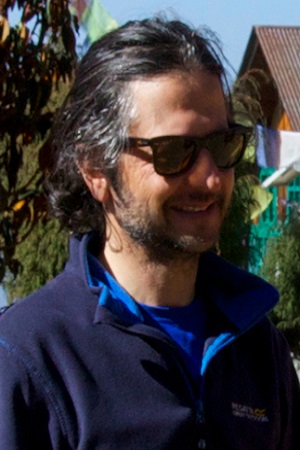
Emre is a conservation biologist specialized in designing and implementing studies that address real-world conservation issues facing carnivores and proposing evidence-based solutions to these challenges. He has worked to better understand the status of carnivores in Turkey since 1997 and initiated the first field-based study on grey wolves (as well as on brown bears, striped hyaenas and wildcats). He has worked with researchers, communities and policy makers to encourage the long-term coexistence of large carnivores and people in Greece, Turkey, Georgia, US, Romania and Nepal. He is currently researching how human-wolf interaction differs in people’s culture in Central Asia compared to Western culture and whether this information can guide us in planning the future of carnivore conservation. His current research also focuses on clouded leopards, tigers and bears. He has active roles in other Specialist Groups and the International Association for Bear Research and Management.
Eric Bedin
Eric Gese
USDA/National Wildlife Research Center; Utah State University, USA
Eric is a Research Wildlife Biologist with the National Wildlife Research Center and Associate Professor in the Department of Wildland Resources at Utah State University. He has conducted research on the behaviour, ecology and management of wild canids, mainly wolves, coyotes and foxes, for close to 30 years.
Esteban Payán Garrido, Ph.D.
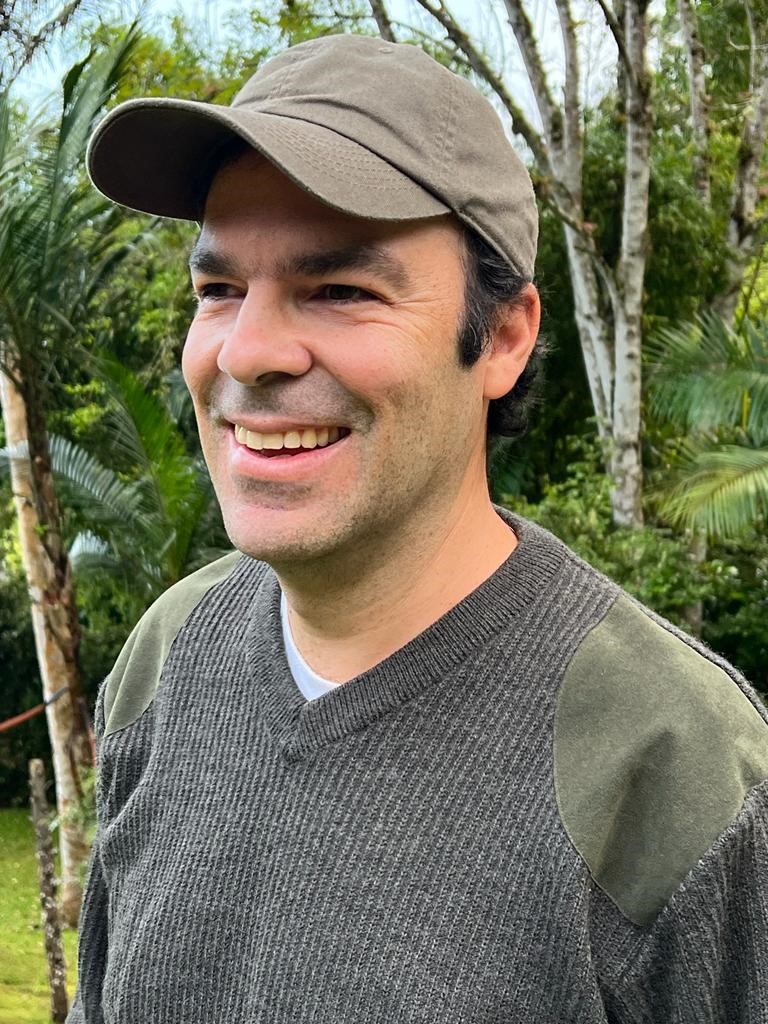
Esteban received his doctorate in 2009 from University College London and the Institute of Zoology, Zoological Society of London. He co-founded Panthera Colombia and led it for 13 years, being the first Colombia Country director and South America Regional Director. He is currently Senior Species Lead for Latin America for the Big Cats Program at WCS. He is interested in short-eared dog, bush dog and culpeo demographics, genetics, HWC, road ecology and survival in human-dominated landscapes. He is also an active member of the IUCN/SSC Cat Specialist Group and enjoys science writing. Esteban lives in Cali, Colombia and does constant field work.
Ester Rut Unnsteinsdóttir
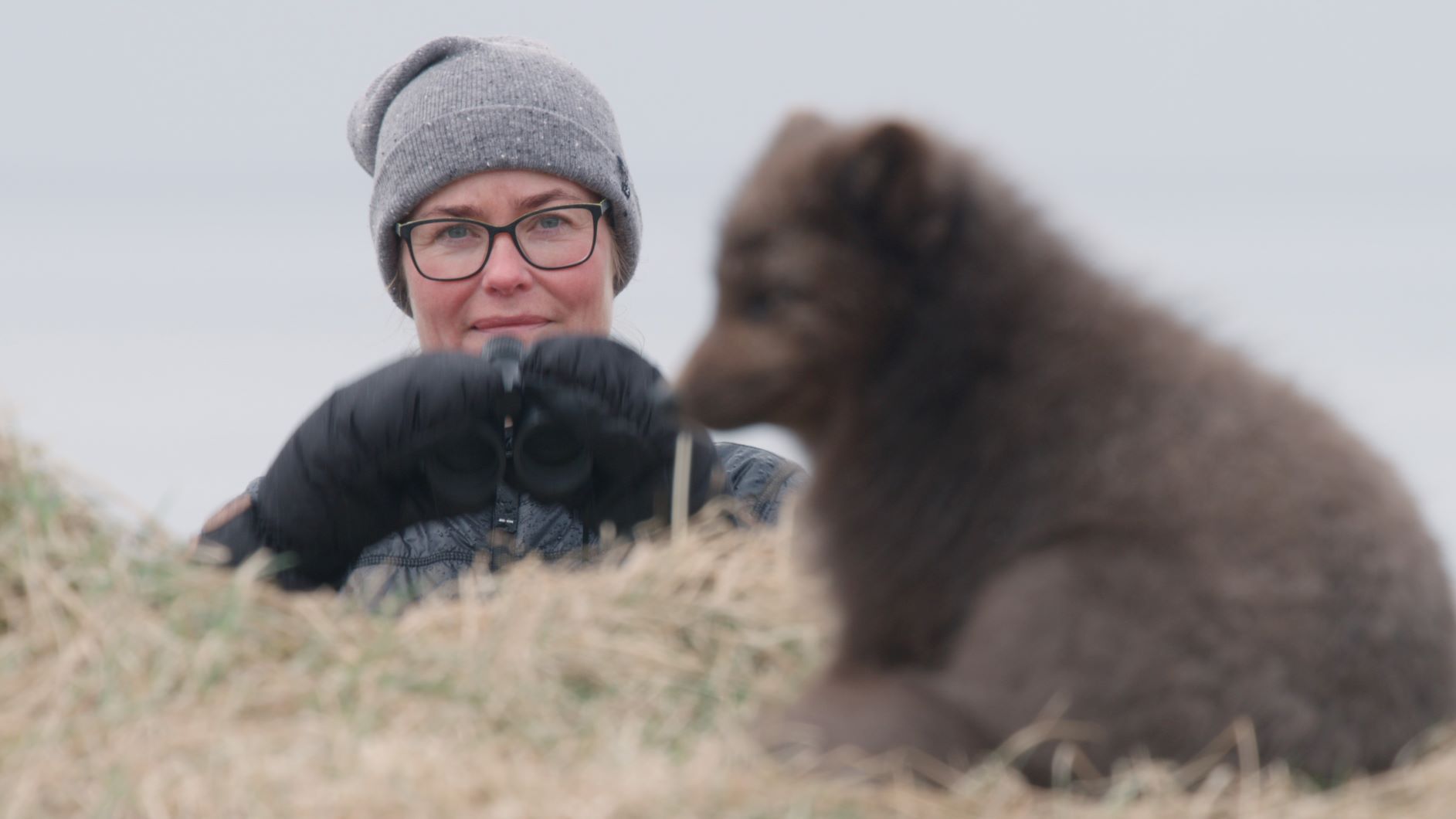
Ester Rut is a wildlife biologist at the Icelandic Institute of Natural History and is responsible for the monitoring program of the Icelandic arctic fox. She has conducted arctic fox surveys in Hornstrandir nature reserve in northeast Iceland for over 20 years, but that area is regarded as the most important sanctuary for the national population of arctic foxes in Iceland. In 2010 she established The Arctic Fox Centre, with the idea of raising awareness about the species which has been heavily hunted and regarded as vermin for centuries in the country. Ester Rut is also responsible for the regional red list of Icelandic mammals, first released in 2018.
Esther van der Meer
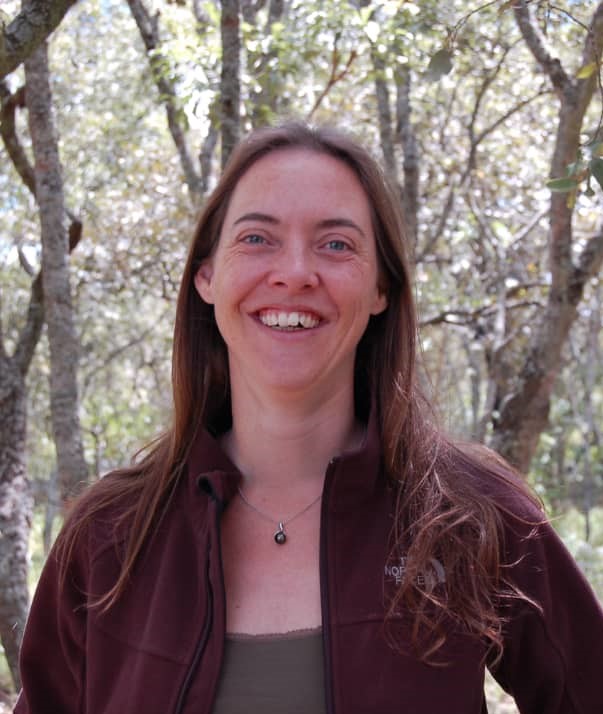
Esther is a wildlife biologist with an MSc in ecology and environmental education from the University of Utrecht, the Netherlands, and a PhD from the University of Lyon, France. Her PhD research focused on the conservation ecology of African wild dogs in Hwange National Park, Zimbabwe. Ever since, she has been conducting studies on cheetahs and leopard cats, in which she uses applied research to identify conservation treats and provide recommendations to improve protected species management. She is currently working as a postdoctoral researcher at the Institute of Wildlife Conservation of Pingtung University, Taiwan, and is scientific advisor for Painted Dog Conservation, a non-profit organisation which promotes the conservation of African wild dogs in Zimbabwe.
Etienne Bémadjim Ngakoutou
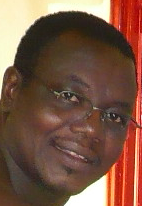
Etienne is an engineer of water and forestry with a specialized Masters in the management of protected areas. He is the curator of Parc National de Séna-Oura. He has a strong desire to do a thesis with the African wild dog in Central Africa.
Etotépé A. Sogbohossou
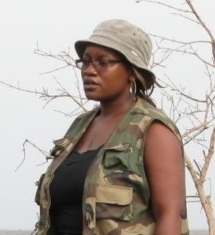
Etotépé has a PhD in Conservation Biology from Leiden Univqersity. Assistant professor at the University of Abomey-Calavi, she is involved in carnivores and endangered wildlife species research and conservation and local communities’ education.
Fabrize Cuzin
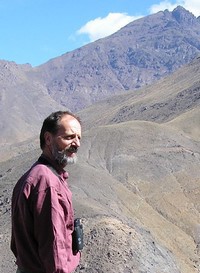
Fabrize Cuzin has been evaluating the status of mammals in Morocco and consequently proposing management and conservation measures for key species since 1994. Gaining his PhD in 2003 he has continued to collect information compiling and maintaining a database with thousands of records.
Felix Knauer
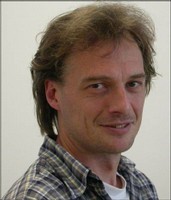
Felix is a scientist at the Research Institute of Wildlife Ecology, department of integrative biology and evolution at the University of Veterinary Medicine Vienna. His fields of expertise include carnivores, wildlife ecology (habitat selection and animal movement in particular), land use/and cover dynamics and LULc Modelling, remote sensing and GIS applications in forestry, protected areas, evolution, population ecology, spatial ecology, ecological modelling and biostatics. Species of interest have included the Eurasian Lynx, brown bears and Gray wolf. Examples of some of his research involvements include study of livestock protection methods and non-lethal solution for wolves in Germany and the recovery of large carnivores in human dominated landscapes.
Francisco Petrucci-Fonseca
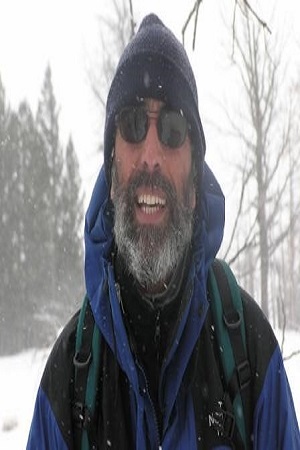
Francisco has a PhD in Ecology and Systematics from the University of Lisbon where he works as assistant professor at the Centre for Ecology, Evolution and Environmental changes. He is also president of the board of the Grupo Lobo (NGO Wolf Group). His research focus is in wolf ecology and conservation and Iberian wolf conservation. Subjects of interest include; ecology and predator-prey relationships, impacts of roads on habitat fragmentation and wolf mortality, wolf population dynamics, molecular genetics, GIS habitat suitability analyses and practical conservation measures and mitigation techniques in conjunction with the development of environmental education programmes. On-going work on the LIFE project MED-WOLF focuses on best practices for wolf conservation in Mediterranean-type areas. He is also looking at the usefulness of spatial modelling of human pressure for Iberian wolf conservation through the identification of ecological corridors to link protected areas.
Gareth Goldthorpe
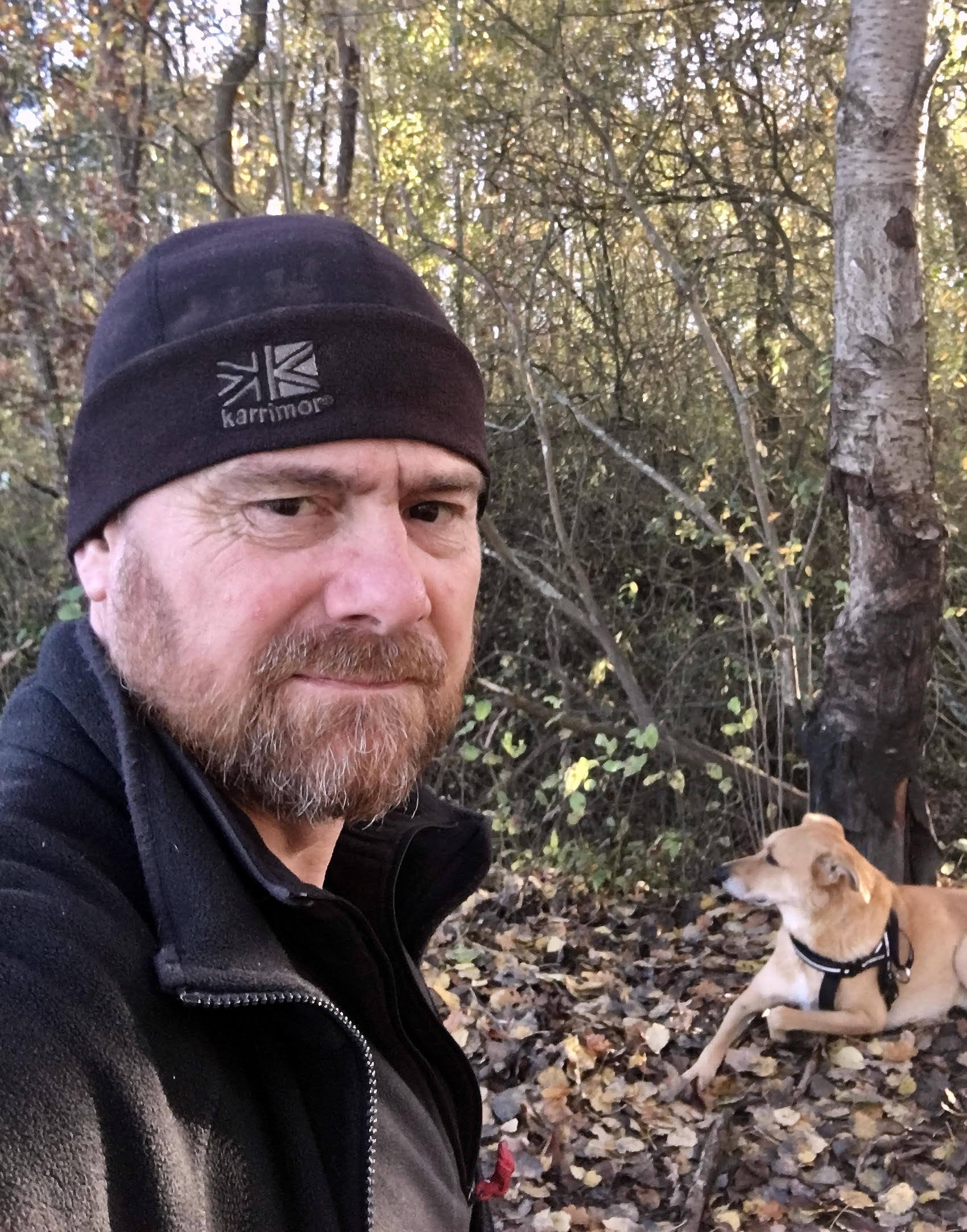
Having received a strong foundation through an MSc in Applied Ecology, Gareth has built an extensive portfolio or work in species protection in Europe, Asia and elsewhere. He is specialised in the study and conservation of large mammals with an emphasis on managing the interface between human populations and carnivores. More specifically, he has worked on issues of livestock depredation by wolves in Georgia, Armenia, Romania and Kyrgyzstan and has written on the feasibility of a coordinated, landscape-level approach to wolf management in Central Asia. He is also an experienced and published nature photographer.
Gary Roemer
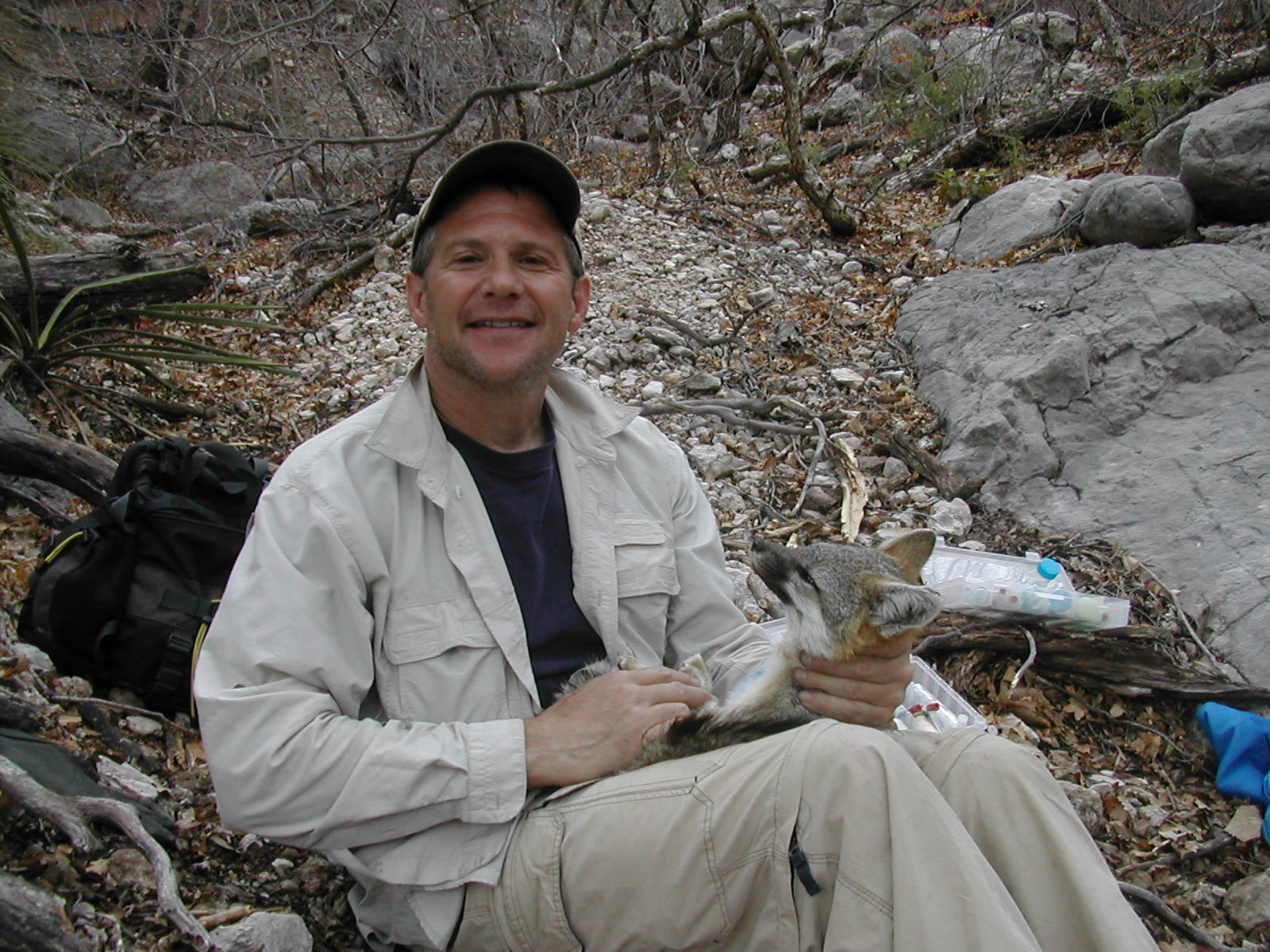
Gary hails from Wisconsin where his father's love for the outdoors fostered an appreciation for nature that has been a driving force throughout his life. He received his BS from the University of Wisconsin, a MSc in Wildlife Biology from Humboldt State University and a PhD in Biology from UCLA. His dissertation focused on the ecology and conservation of the island fox, which later formed the biological cornerstone for saving three subspecies from extinction. His current research centers on the ecology and conservation of mammals in the southwestern US and includes an exploration of intraguild predation in kit foxes and coyotes and the spread of rabies in grey foxes.
Gianetta (Netty) Purchase
Zoological Society of London and Wildlife Conservation Society, Bulawayo, Zimbabwe
Gianetta (Netty) has been working to conserve cheetahs and other large carnivores for 12 years, focussing initially in her home country of Zimbabwe, but now working throughout the Southern Africa region. Her main focus for the last five years has been to link research to management in the field of carnivore conservation and mitigating human-carnivore conflict.
Girma Eshete Genbere

Girma is a conservation biologist with a special passion for carnivores. His research interests are the conservation of endangered carnivores in the Afroalpine habitats of Ethiopia, especially focusing on addressing socioeconomic aspects of human-carnivore conflict. He is the Amhara coordinator for Ethiopian Wolf Conservation Programme, oversees research and conservation activities and liaises with government agencies and collaborators. His PhD at the University of Leiden dealt with ecology of the Ethiopian wolf in a changing landscape. He is also a member of the Ethiopian Wildlife Conservation Think Tank.
Gregory (Greg) Rasmussen
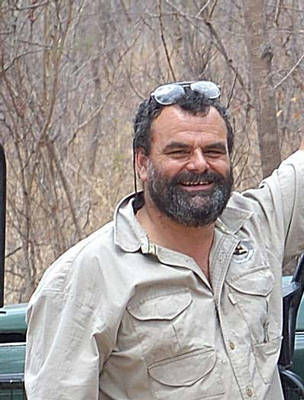
Greg has worked on the morphology, demography, ecology and conservation of the African wild dog since 1989. His data have facilitated the determination of energy budgets for this species and he is working on the relationship between energy intake and extirpation. Due to persecution and bounties over the last 100 years, he also sees “bottlenecks” as a serious concern. Consequently, he has been investigating coat patterns and morphological changes (skull ratios, dentition and fluctuating asymmetry. With advances in modern DNA techniques, the possibility of integrating this genetic component is now possible and he hopes to interface of ecology, demography, morphology and conservation genetics and integrate this into GIS based landscape planning.
Guillaume Chapron

Guillaume is a quantitative ecologist interested in carnivore conservation. His area of expertise is in population dynamics, the variation in time of abundance and range of a population. Most of his work has involved developing several population models and population viability analysis (PVA), used to define, assess or improve conservation and management strategies, in collaboration with field projects.
Guy Ballard
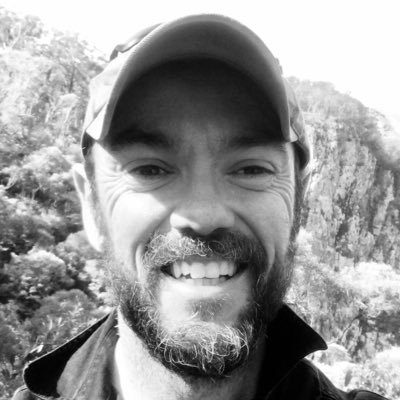
Guy is a professional ecologist specialising in research and management of vertebrate predators, especially dingoes but also foxes, feral cats and spotted-tailed quolls. He has worked with Government and private land managers to develop and implement large scale research, monitoring and management programs for dingoes in coastal, hinterland and desert regions of Australia. Guy currently leads an inter-agency research team and supervises a number of post-graduate research students working on dingo spatial ecology, impacts of control programs and predator-prey relationships.
Héctor E. Ramírez-Chaves
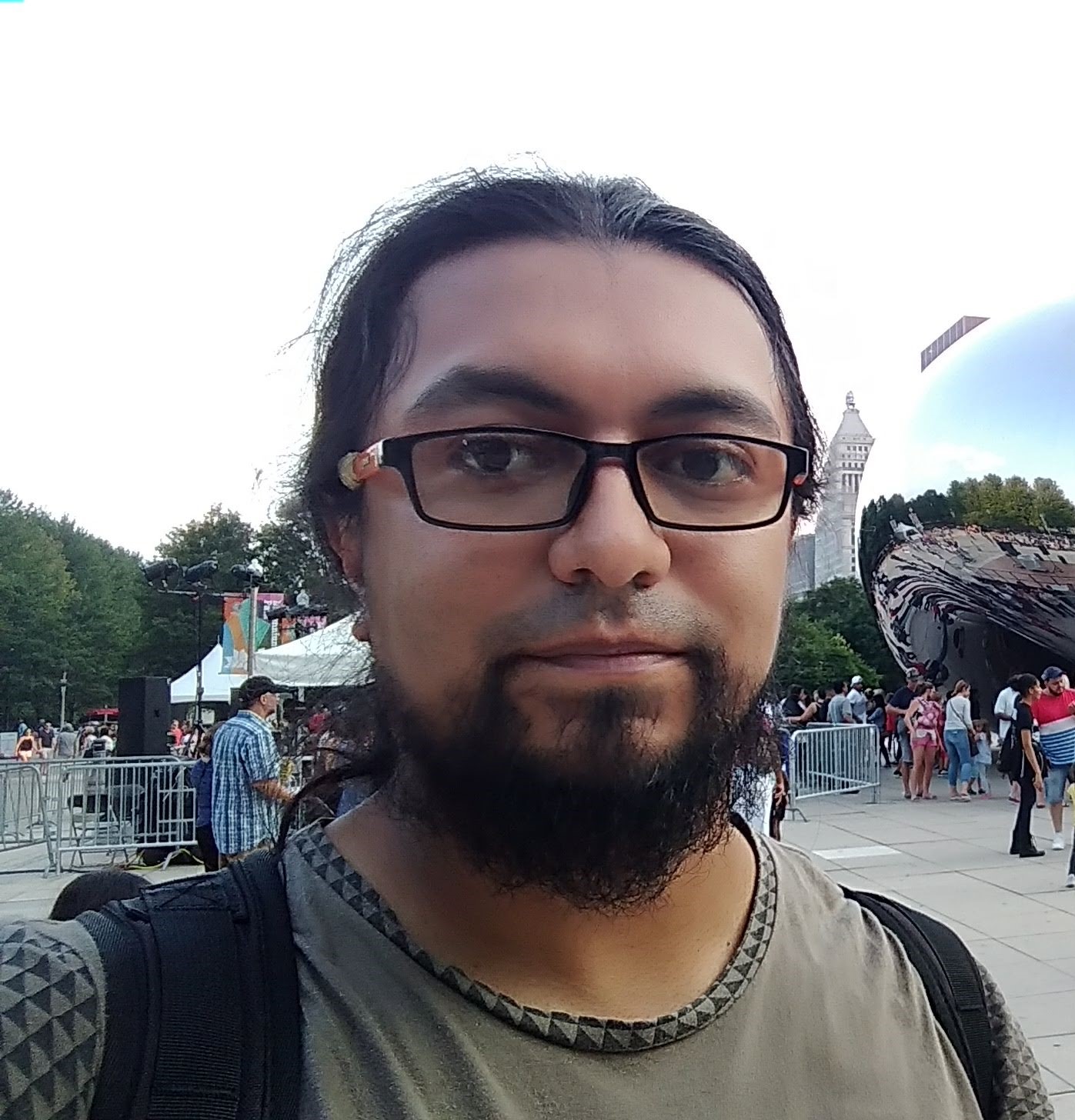
Héctor is a Colombian biologist interested in the study of mammals, especially from the Neotropics. He is currently working on biogeography and natural history of the five canid species currently present in Colombia, including the culpeo, the crab-eating fox, and the short-eared dog.
Hans de Longh
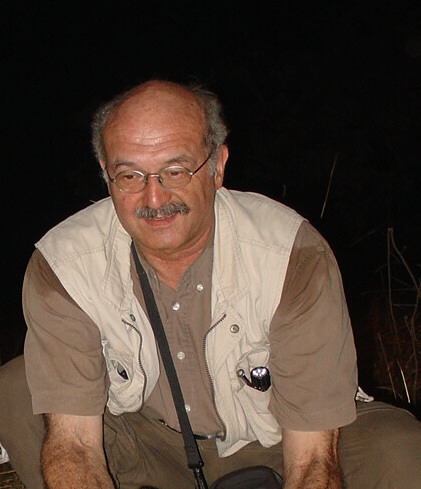
Hans has been involved in carnivore research in Africa and SE Asia since 1990 and in carnivore conservation projects since 2007. He supervised successfully 26 PhD students since 1997. He was involved in surveys and research on the African wild dog in Cameroon during 2007-2009 and in Senegal during 2018-2020. He also contributed to the regional conservation strategy for cheetah and African wild dog in West and Central Africa. He recently got involved in a research programme with the Dutch Mammal Society on the diets of grey wolves recently established in the Netherlands through microscopic analysis of prey hair in scat and eDNA analysis of wolf scat. Hans has been a member of the Board of the Netherlands Committee for IUCN since 1987 and has been a Chair of the Committee between 1990 and 2000 and a Vice Chair from 2000 until 2003. During 2008-2012 he was Regional Councillor for Western Europe in the IUCN Council and during 2008-2016 member of the Steering Committee of the IUCN Species
Harriet Davies-Mostert
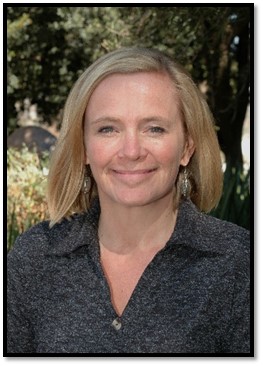
As Head of Conservation at the Endangered Wildlife Trust (EWT) in South Africa, Harriet provides strategic scientific oversight to a diversity of conservation projects across southern Africa. Born in Zimbabwe, she completed undergraduate studies in Canada before returning to do a Master’s degree at the University of Zimbabwe on African wild dog reintroduction into Matusadona National Park. Harriet joined the EWT in 1999, undertaking and then overseeing several African wild dog projects across South Africa. Her PhD at WildCRU examined the effectiveness of SA’s managed metapopulation strategy for African wild dogs. Harriet is Chairperson (since 2006) of the Wild Dog Advisory Group (SA) which coordinates the range expansion programme. She has published more than 50 scientific papers and book chapters, and is a Fellow of the Eugène Marais Chair of Wildlife Management, at the Mammal Research Institute, University of Pretoria.
J Weldon (Tico) McNutt
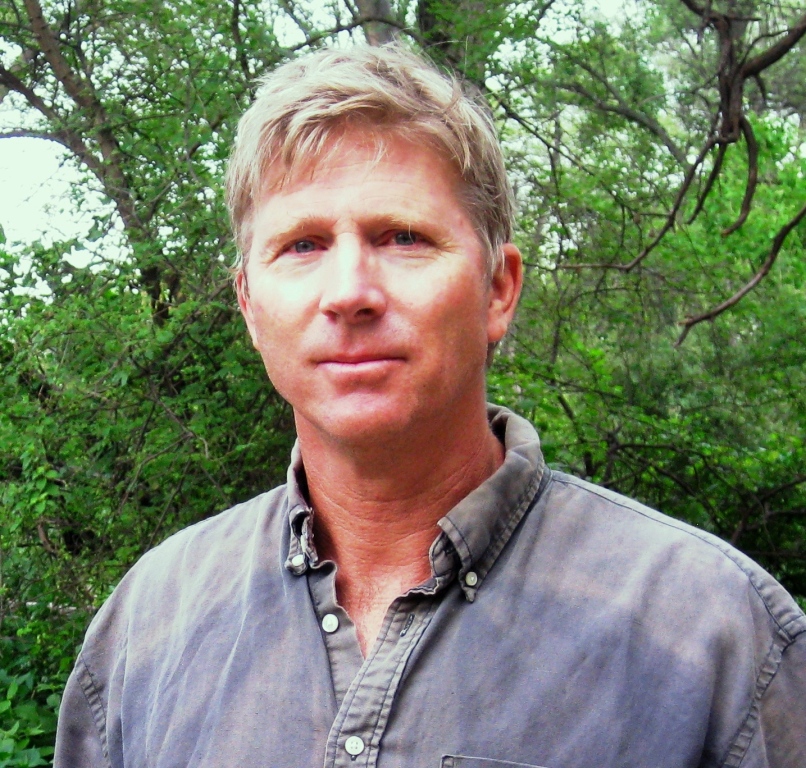
Tico is the founder and director of The Botswana Predator Conservation Trust which was set up as the Botwana Wild Dog Research Project in 1989 and is now one of the longest running conservation research projects in Africa covering all the large carnivore species in Botswana. Tico completed his PhD in Animal Behaviour from the University of California whilst starting his work in the Okavango Delta in 1989. His work on the African wild dog in particular has helped to move this species away from misunderstanding and persecution. Tico and his wife supervise a team of researchers and graduate students who undertake the projects ongoing work in carnivore research and conservation. They manage a research camp in the Eastern side of the Okavango Delta that has been operating since 1990.They also manage a wildlife biochemistry laboratory in the village of Maun along with an expanding children’s wildlife education program called Coaching for Conservation.
Jan Kamler
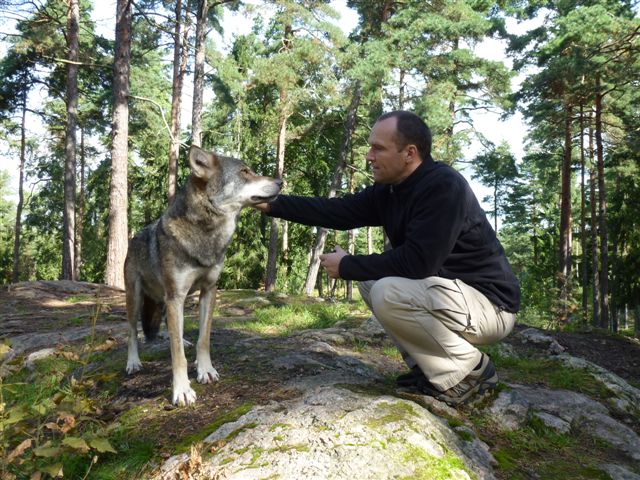
Jan is a research associate at WildCRU, where he has studied canid ecology and conservation since 2004, with projects on cape foxes, bat-eared foxes, and black-backed jackals in South Africa, and projects on dholes in Bhutan, Laos, and Cambodia. His current project focuses on the ecology and interactions of dholes and golden jackals in eastern Cambodia. Prior to WildCRU, Jan studied coyote ecology in Kansas for this MS, the ecology and relationships of swift foxes and coyotes in Texas for his PhD, and red deer-wolf relationships in Bialowieza, Poland, for a postdoc. His main ecological interests are carnivore interactions and predator-prey relationships. He is also interested in the trophic cascades caused by large carnivores, especially how larger carnivores affect the ecology of smaller carnivores and their prey. More generally, he is interested in promoting carnivore conservation and sustainable development, especially through training and capacity building in developing countries.
Janice Koler-Matznick
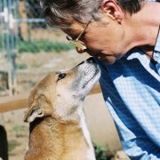
Janice has worked with captive New Guinea dingoes (NGDs) since 1995 and established the New Guinea Singing Dog Conservation Society in 1995. Since 1996 she has been the studbook keeper for North American NGDs. In addition, she is an Animal Behavior Society board certified applied animal behaviourist specializing in canids. Her other areas of interest are canid ethology and ecology, canid taxonomy and nomenclature and the origin of the dog (dingoes and domesticated dogs).
Jean-Baptiste Mamang-Kanga
Faune et des Aires Proteges, Central African Republic
Jed Murdoch
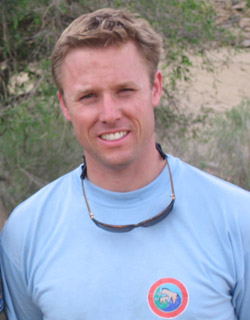
Jed is a faculty member of the Wildlife and Fisheries Biology Program at the University of Vermont. He has been involved with the Canid Specialist Group since 2004 and now serves as Programme Coordinator and co-Editor of Canid Biology & Conservation. Much of his research focuses on understanding the behavior and ecology of wild canids and addressing questions related to their conservation and management. Most studies have involved foxes, including corsac fox, red fox, and kit fox, but also larger canids like wolves and wild dogs, and occurred at sites in the USA, Africa, and Asia.
Jennifer Hatlauf

Jennifer is a wildlife ecologist with a keen interest on canids – their ecology, behavior and management as well as human dimensions. After studying agricultural sciences with focus on animal ethology, she graduated in wildlife ecology and management at the University of Natural Resources and Life Sciences, Vienna. She is the founder and coordinator of the Golden Jackal project in Austria, at the institute of Wildlife Biology and Game Management. Her research is focused on understanding golden jackals and their distribution in Europe in newly colonized but also in core areas, specific conservation and hunting policies, and includes studies on captive animals to explore certain behaviors and social mechanisms. Interdisciplinary approaches through including hunters, nature conservation and the public, motivate her work. Her aims lie in raising awareness about canids within the ecosystem and in supporting co-existence.
John Vucetich
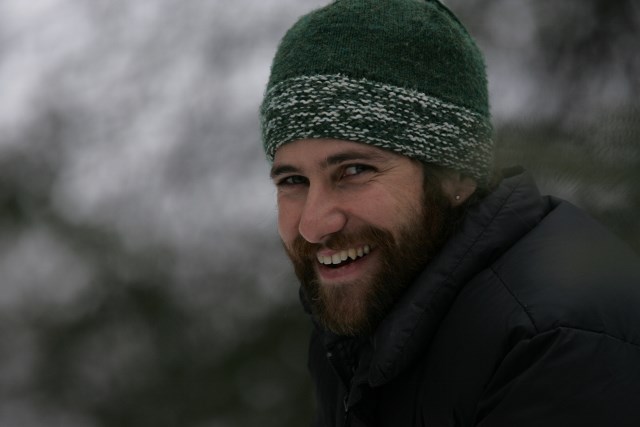
John is an associate professor of animal ecology at Michigan Technological University. He also leads the Isle Royale Wolf-Moose Project, the longest continuous study of any predator-prey system in the world. He has authored more than 75 scholarly publications on a range of topics, including wolf-prey ecology, extinction risk, population genetics and environmental philosophy. His contributions to the wolf-moose project have been officially recognized by the United States Senate. He has also collaborated with wolf researchers from Canada, Sweden and Yellowstone, and has served on the Mexican wolf recovery team for more than a decade.
Jorge Servin
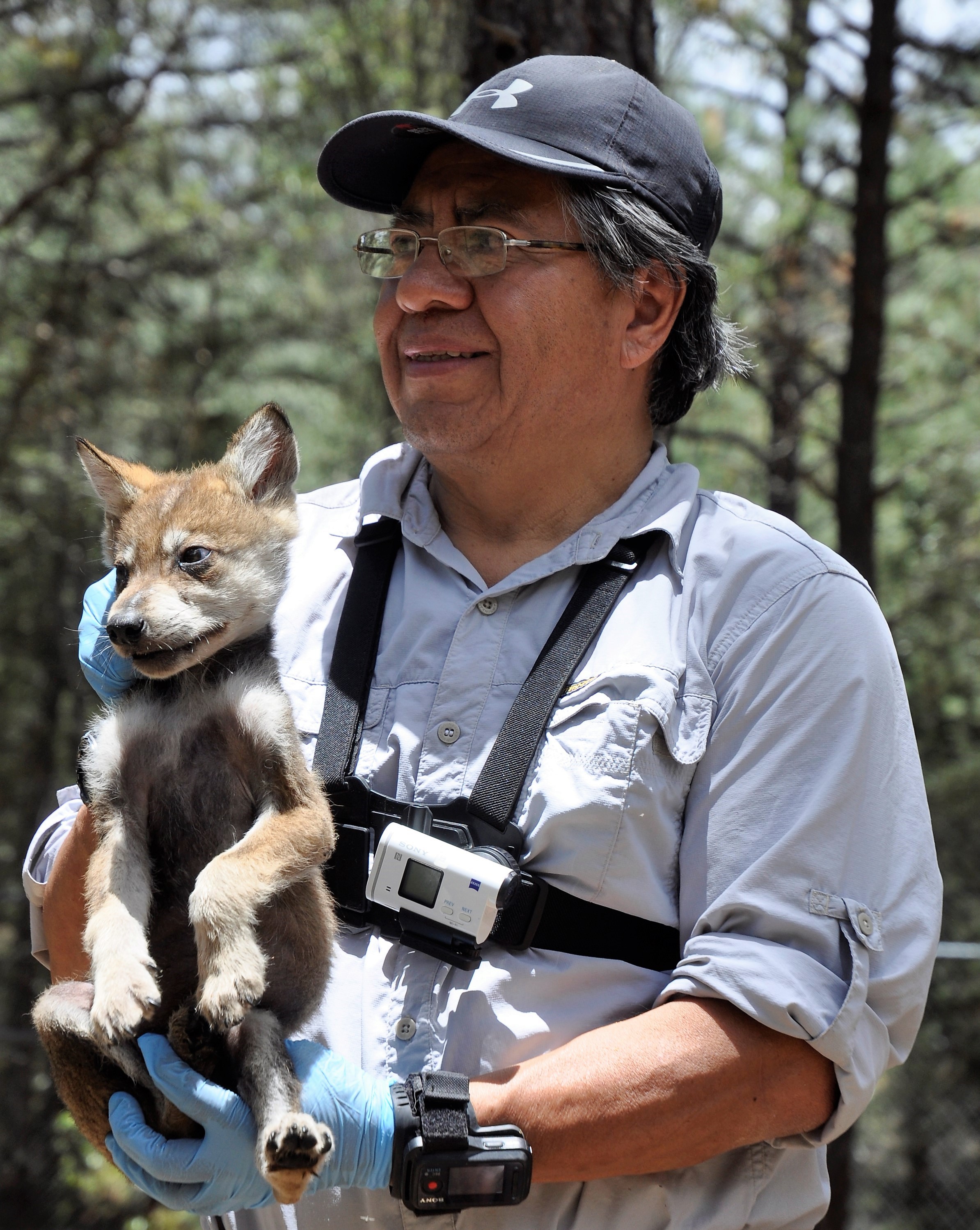
Jorge is a conservation biologist and wildlife manager, Professor of Animal Ecology at the Universidad Autónoma Metropolitana Unidad Xochimilco. He is a pioneer and collaborator in the Mexican wolf conservation program since 1982. He currently conducts research with all Mexican wild canids, behavior in Mexican wolf, behavioral ecology of coyotes, gray fox and swift fox. He is the leader of the Wildlife Ecology and Conservation laboratory, where conducts his academic and biological conservation activities, also trains undergraduate and graduate students in biological conservation, wildlife management and animal ecology.
José Vicente Lopez Bao
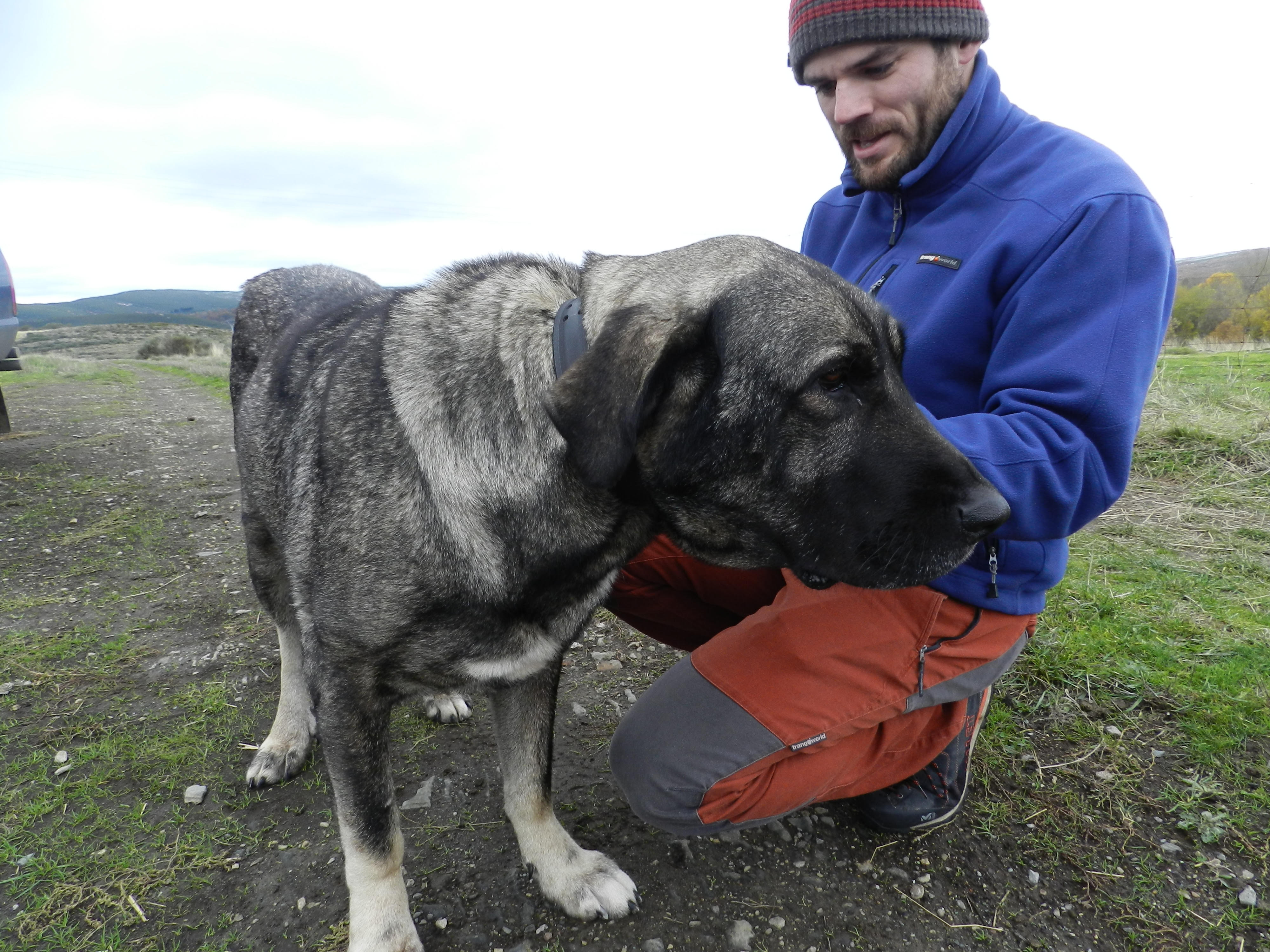
José is a conservation scientist with a Ph.D. in conservation biology. He is interested in the integration of quantitative and interdisciplinary approaches to face conservation and management challenges. With particular interest in nature conservation, human-wildlife interactions, and large carnivores and other megafauna in human-dominated landscapes. Although his career has spanned several canid species, he is mainly focused on wolves, particularly wolves persisting in human-dominated landscapes. One of his case studies is the Iberian wolf, a paradigmatic example to understand the adaptations of both wolves and people to the coexistence, and its consequences. José is always interested in generating knowledge that can be used to inform policies and interested stakeholders.
Josip Kusak
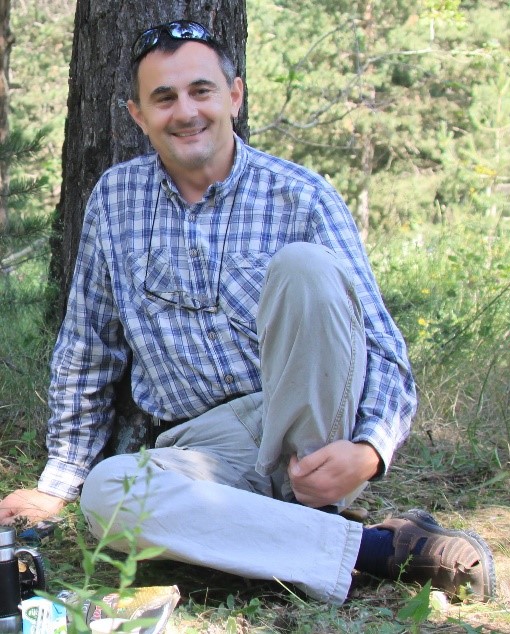
Josip, a DVM with MS in bear ecology and PhD in wolf ecology, did his initial “wolf” training at the “K-lab” in Ely, Minnesota in 1996. He is a professor at the Biology Department, Veterinary Faculty, University of Zagreb, Croatia. He worked on: large carnivore’s habitat analysis, telemetry, predation and attacks on livestock, animal diseases and mortality survey, development of carnivore’s management plans, assessment of the impact of infrastructure development on large carnivores, monitoring of large carnivores, delivery of specialized trainings (large carnivore’s capturing and handling, distinguishing signs of predators on prey, emergency response). Josip consulted on and participated in wolf/brown bear study projects in Slovenia, Bosnia & Herzegovina, Greece, Italy and Turkey. Josip is a member of National Comity for Large Carnivores in Croatia since 1996 and contributed in the developing and implementation of wolf, bear and lynx manage
Juan Carlos Blanco
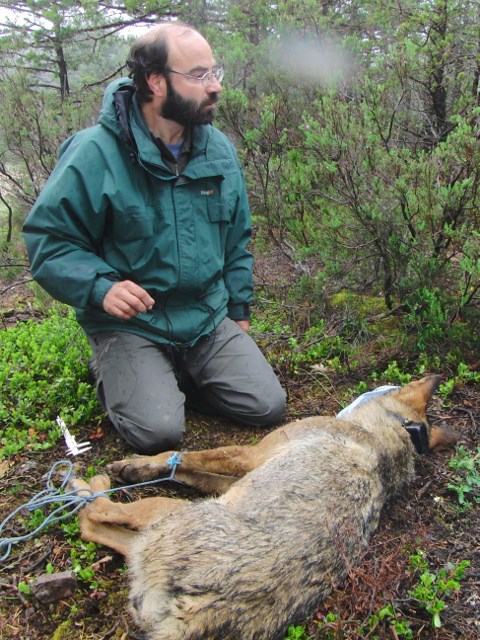
Juan Carlos is a Spanish biologist with a Ph.D. in animal ecology, working as a consultant on large carnivores and other mammals. He has been studying wolves since 1987 and he is particularly interested in wolf ecology and wolf-human conflicts, including wolf adaptation to modified habitats, prevention of damage to livestock and wolf perception by different social groups. He has directed several wolf projects including the impact of four-lane highways on wolves, the expansion of a wolf populations in agricultural areas, and the relationship of wolves and humans. He prepared the first technical draft of the Spanish Action Plan for Wolves and worked with the Spanish Ministry of the Environment coordinating this Plan from 2005 to 2011.
Kaarina Kauhala

Kaarina has studied the ecology of raccoon dogs and red foxes since 1986 in Finland. She has studied the spread of the alien raccoon dog to Finland, its population dynamics and impact on native fauna. Her studies include home range, habitat and diet analyses, and analyses of niche overlap between medium-sized carnivores. She has also collected ecological knowledge needed for rabies models with two vector species. Recently, she has been involved in a study of urban ecology of foxes in the city of Turku, SW Finland.
Karen Laurenson
Frankfurt Zoological Society
Karen, trained as a veterinarian and ecologist, has conducted epidemiological research at the wildlife-human-livestock for 8 years. For the last 10 years she has been working in an NGO as a conservationist, developing and management projects in Africa, supporting institutional development and carrying out site level planning. She is now based in Ethiopia and seconded to the Ethiopian Wildlife Conservation Authority.
Kaveh Hatami
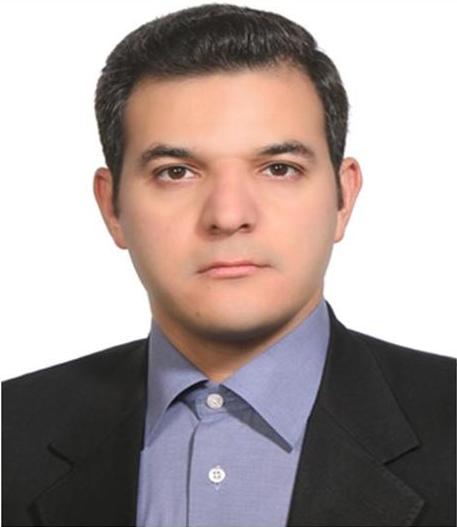
Kaveh has a MSc in Environment Management. He is employed by the Environment and Sustainable Agriculture office (http://esao.areo.ir). He has been involved with developing the guidelines for biosafety protocols for national guidelines (2007-2014) and climate change convention (2007-2012). From 2007-2011, he was the projects coordinator for the AG. Sector Kyoto Protocol and Clean Development Mechanism (CDM). He continues his involvement as a member of the national CDM committee. He is involved with various public awareness activities, including designing targeted education courses. He is a grey wolf consultant for a variety of groups, including mass media, university professors, students, and herdmen.
Klaus-Peter Koepfli

Klaus is a broadly trained biologist specializing in genetics and genomics and their application to the conservation of biodiversity. He, his students and collaborators develop and apply state-of-the-art genomic tools to inform conservation management strategies of ex situ and in situ populations of endangered species. He has worked on various projects related to canid population genetics and molecular phylogenetics since 1993 and is currently focused on the comparative and conservation genomics of several canid species. He serves on the council of the Genome 10K Consortium and Vertebrate Genomes Project, which aims to generate and assemble high quality chromosome-level genomes for more than 70,000 vertebrate species to address fundamental questions in biology, evolution and biodiversity conservation. Klaus is member of the IUCN/SSC Otter and SmalI Carnivore Specialist Groups. He is also a member of the Association of Zoos and Aquariums Molecular Data for Population Management Scientif
Laura Prugh
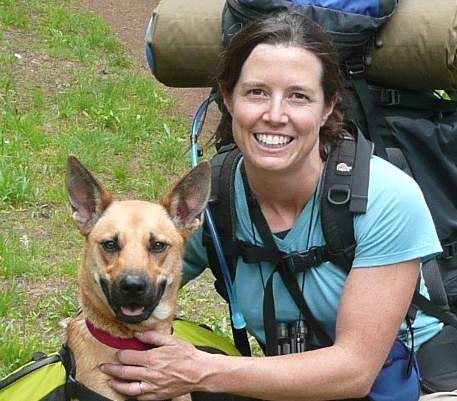
Laura’s research focuses broadly on wildlife community ecology and multi-species conservation and management. She has studied coyotes in Alaska since 1999 and currently studies wolves, coyotes, red foxes and other carnivores in interior Alaska and northern Washington. Her research focuses on issues such as mesopredator release, predator-prey interactions, impacts of fur harvest and wolf control and impacts of climate change.
Linda Behrendorff
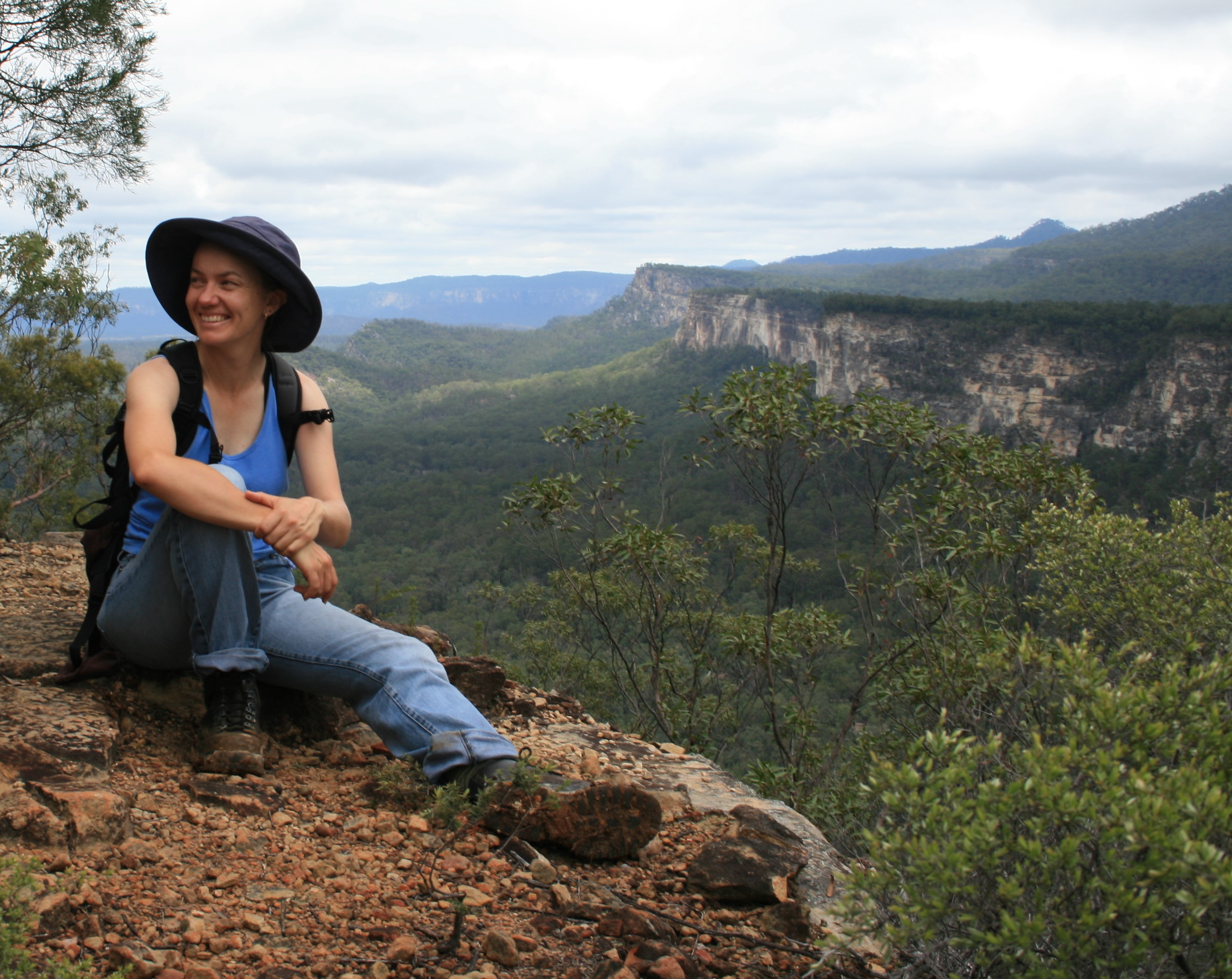
Linda has worked in the government wildlife and natural resource management sector since 2000, and specialises in the management and conservation of the K’gari (Fraser Island) dingo population. She is involved in leading a number of on ground actions to support the safety of people and protection of dingoes including risk mitigation, education, research, monitoring, and collaborative actions with the Butchulla First Nations People (the traditional owners of K'gari). Linda understands the complex challenges associated with juggling protected area, visitor and wildlife management objectives. Her research focusses on the diet, ecology and conservation management of dingoes on K’gari (Fraser Island), with the optimism that practical conflict management practices learned from the island will be extended to other human-canid conflict situations.
Lisa Wolf
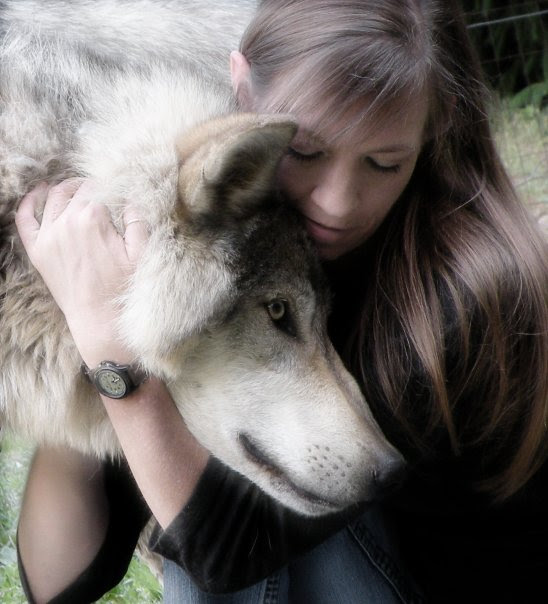
Lisa Wolf is a canine researcher and consultant who has lived, worked with and studied wolves, coyotes, foxes, Australian dingoes and New Guinea dingoes (NGDs) for over 35 years. With a background in cognitive behavior, ecology, and conservation, her current area of interest is primitive and proto-domestic canids, in particular NGDs, and their role in human-canid coevolution and migration. Lisa helped establish the New Guinea Highland Wild Dog Foundation and was integral to the 2016 expedition to Papua, New Guinea that was able to locate and collect biological samples from a viable wild population of NGDs.
Liz AD Campbell
.jpg)
Liz is a behavioural ecologist, conservation researcher, and conservation practitioner focussed mainly on canids and primates in the Moroccan Atlas Mountains. She is founder of the Atlas Golden Wolf Project with WildCRU at the University of Oxford, Programme Director of the Moroccan Primate Conservation Foundation, and Coordinator of the “Born to be Wild Programme” in Morocco with the International Fund for Animal Welfare combatting illegal wildlife trade. Her canid research covers the ecology and conservation of African golden wolves and their interactions with red foxes, feral dogs, other carnivores, prey, and people. Before moving to Morocco, she studied urban coyotes in Canada and trained and used conservation canines for tracking and studying threatened species.
Lucas Hall
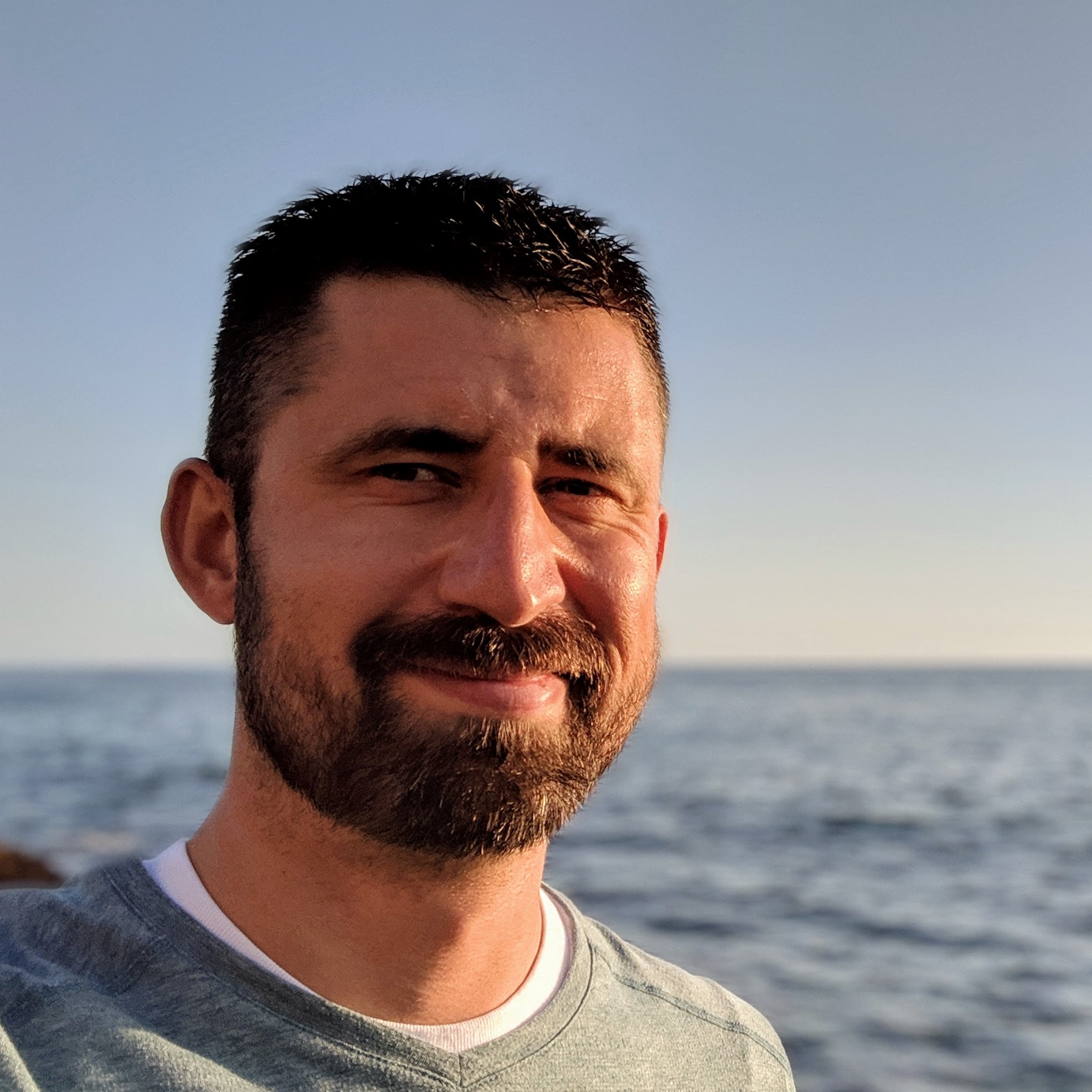
Luke is a professor of ecology, conservation, and wildlife biology at California State University Bakersfield. His main interests are in determining how environmental change alters long-term dynamics of wildlife in human-modified landscapes, with a special focus on canids. He has been studying canids for over a decade and has worked with kit foxes, coyotes, gray foxes, and red foxes. Luke is currently studying urban and exurban populations of the endangered San Joaquin kit fox in the Central Valley of California and their interactions with other carnivores.
Lucila Armenta Méndez
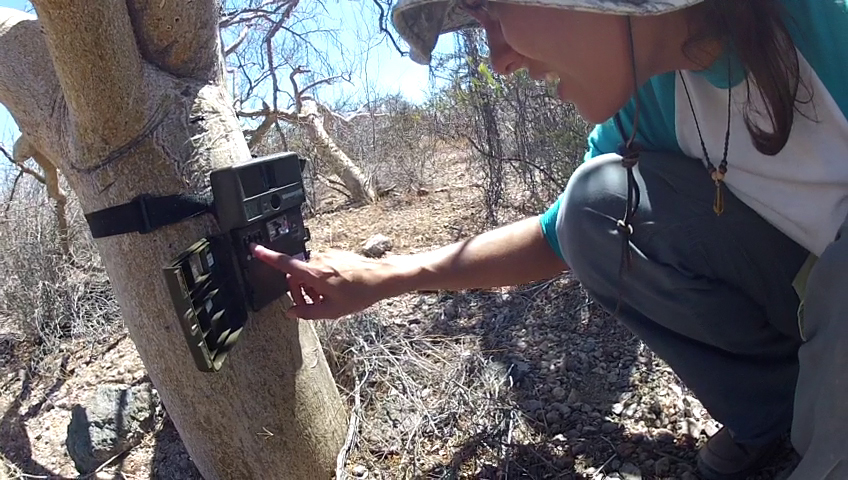
I’m an ecologist interested in species research, especially mammals and birds, and the conservation of ecosystems. I work in biodiversity education with local communities.
Ludwig (Lu) Carbyn
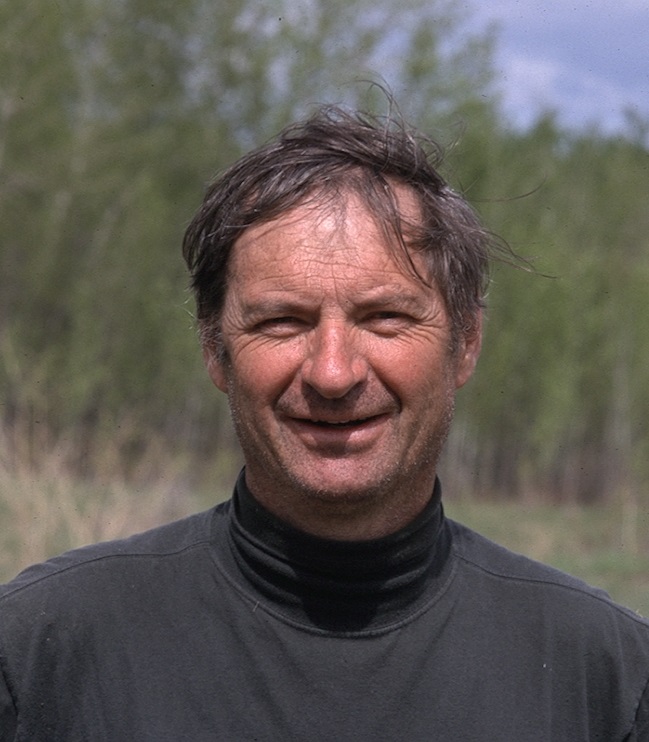
Lu Carbyn is an emeritus research scientist with the Canadian Federal Department of the Environment and an adjunct Professor with the University of Alberta in Edmonton, Canada. He has worked with the Canadian Wildlife Service for 33 years, published / edited 5 book on canids and 150 scientific papers on the subject. He was awarded the William A. Rowan distinguished Service award from the Wildlife Society and the Queen Elizabeth Diamond Jubilee medal for his work as a scientist and for conservation of nature. He served on overseas assignments in Portugal, Mexico and Poland and was involved as an advisor / consultant in the Yellowstone wolf reintroduction program.
Mamadou Sidibe
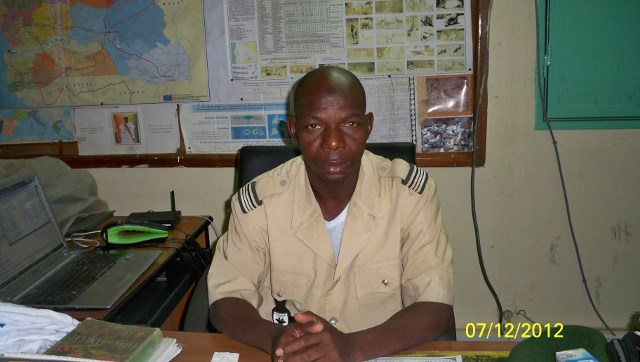
Marcela Lima
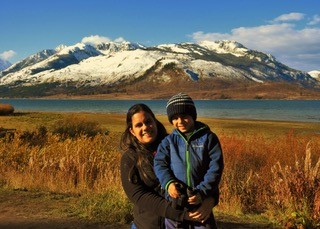
Marcela is a biologist specialized in ecology, evolution, and documentation of biodiversity, with expertise in community ecology, biogeography, and conservation. She has 15+ years of experience in vertebrate zoology (mastozoology). She completed her Ph.D. in Zoology at the Federal University of Pará in Brazil. Currently, her research is focused on understanding the effects of climate change and land use on Amazonian carnivores.
Marsha Sovada
USGS-Northern Prairie Wildlife Research Center, USA
Marsha’s primary areas of research interests include predation management in prairie ecosystem, ecology of endangered/threatened carnivores, and ecology of breeding grassland birds. She has been a member of the Swift Fox Conservation Team since 1996 and since 1998 has served on several committees working toward recovery of island foxes. Her research has included evaluation of the interactions of red fox and coyotes, interaction of red fox and swift fox; ecology and development of monitoring techniques for swift fox, assessment of swift fox distribution and evaluation of island fox reproduction in a captive population.
Matthew (Matt) Becker
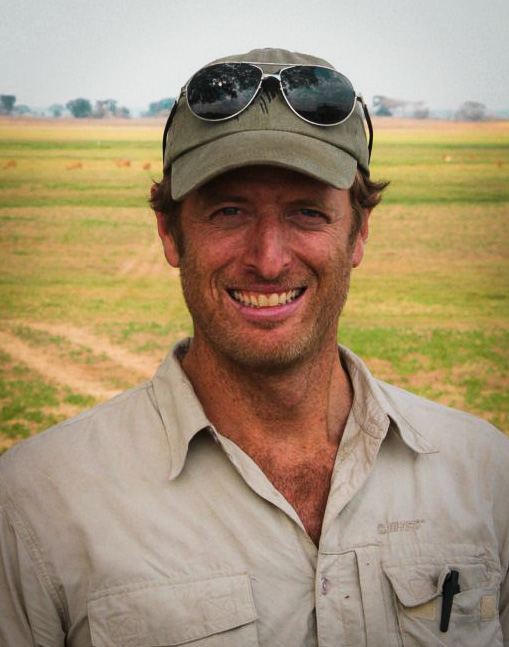
Matt represents the Zambian Carnivore Programme which, in collaboration with the Zambia Wildlife Authority, conducts long-term research and conservation activities on three African wild dog populations in the Luangwa valley, Kafue and Liuwa ecosystems. In addition, the Programme provides employment, training and advanced education to current and future Zambian wildlife professionals. Wild dog work includes assessing population status, trends, predator guild and predator-prey dynamics, combatting snaring and the bushmeat trade and assessing trends and patterns of human encroachment in protected area networks. He previously researched grey wolves in Yellowstone National Park and African wild dogs in Botswana.
Mauro Lucherini

Mauro Lucherini has started working on canids (the red fox) for his PhD thesis in Italy, his native country. Since 1996 he has led carnivore research and conservation projects in Argentina, where he co-founded the Mammal Behavioral Ecology Group (GECM), a team mostly devoted to Argentine carnivore conservation biology. He has been a researcher associated to Universidad Nacional del Sur and CONICET (the Argentine Council for Scientific Research) since 2004. Mauro has significantly contributed to the understanding of the ecology and population status of several little-known carnivores, including the Pampas fox and Culpeo, and exploring multidisciplinary approaches to respond to their conservation needs and to human-carnivore conflicts. He has been deeply committed to the development of the next generation of carnivore conservationists in Latin America, supervising numerous postgraduate projects and favoring their interactions with international students.
Megan Parker
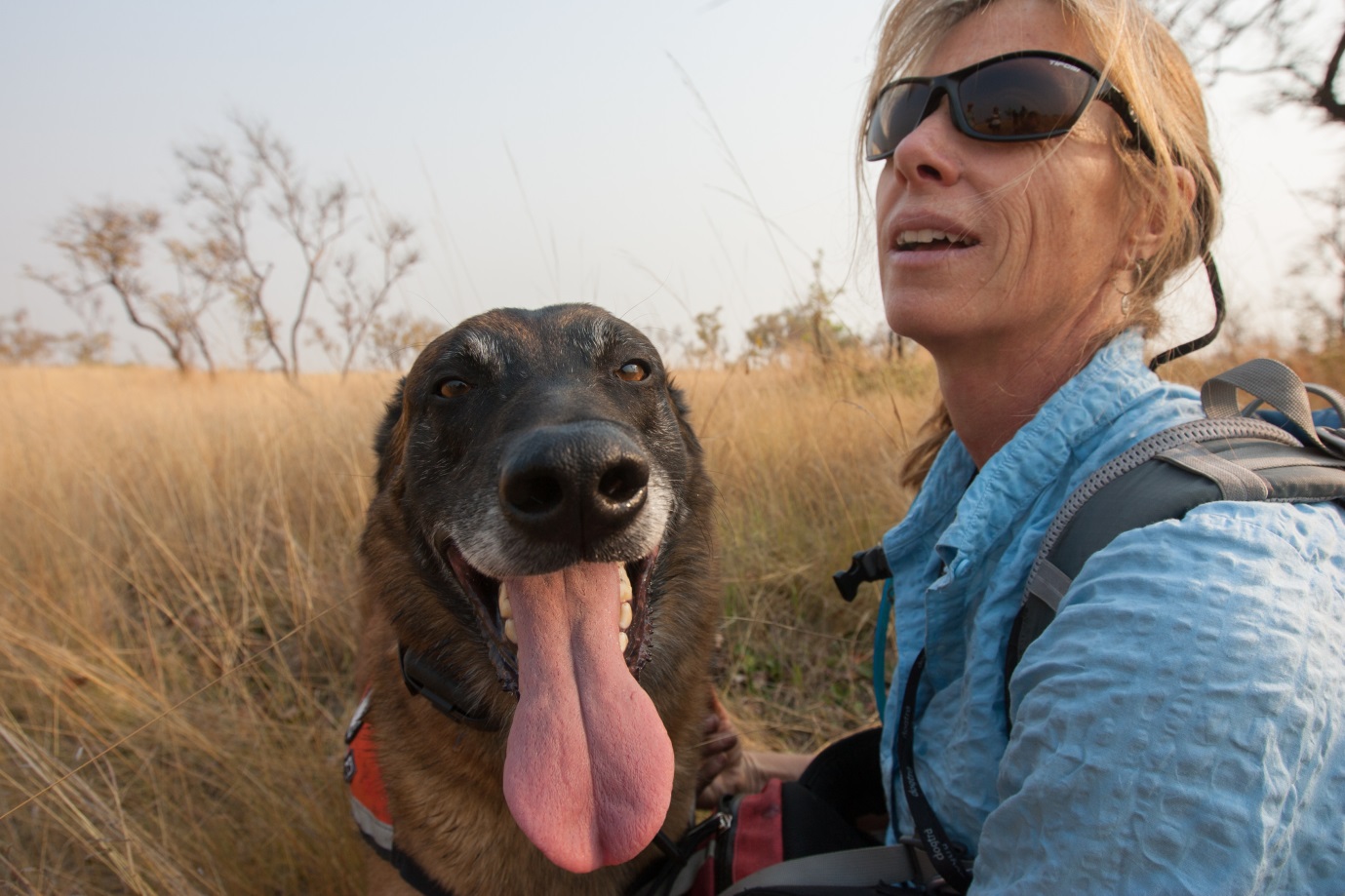
Megan began working on canids during the reintroduction of grey wolves to the western United States and conducting wolf surveys in Mongolia. Her dissertation work on African wild dogs in northern Botswana, focused on scent marking behaviour and chemistry and territoriality in this species. She is Director of Research with Working Dogs for Conservation, developing better ways for detection dogs to provide conservation and research information. Her interests lie in how canids partition space and how they communicate, in order to better understand how to reduce conflicts with humans.
Midori Saeki
National Agricultural Research Center, Japan
Midori is a researcher of Wildlife Management Lab., National Agricultural Research Center in Japan. She graduated from California University of Pennsylvania, did her master at University of Maine and wrote her doctor thesis on the raccoon dogs in Japan at WildCRU, University of Oxford. She is a chief of Tanuki Club (http://www.tanuki-club.com).
Miha Krofel
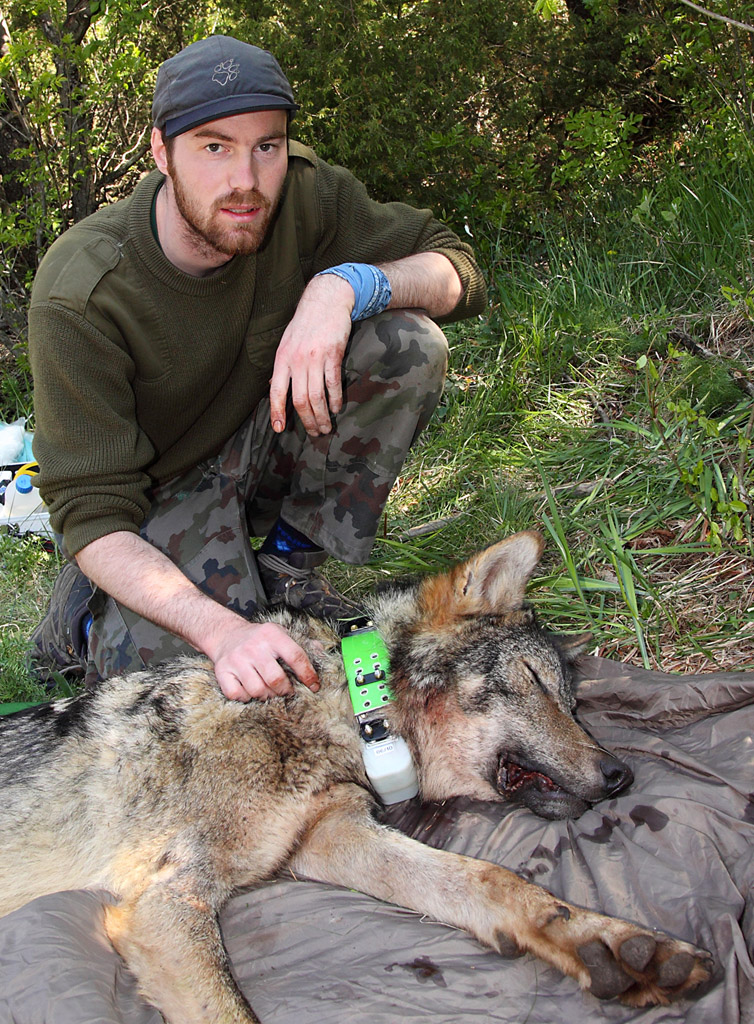
Miha is employed as a wildlife researcher and assistant professor at the Biotechnical Faculty, where he is head of the Vertebrate Ecology Lab. Miha has dedicated most of his studies to grey wolf, golden and black-backed jackals, Eurasian lynx, common leopard, cheetah, snow leopard, and brown bears in Eurasia and Africa. His research has focused on community and behavioural ecology of carnivores, conservation biology and wildlife management. This has resulted in >100 scientific peer-review papers and international book chapters. He is also involved in several conservation projects, focusing mainly on supporting recovery of large carnivore populations and preventing human-carnivore conflicts.
Moreangels Mbizah
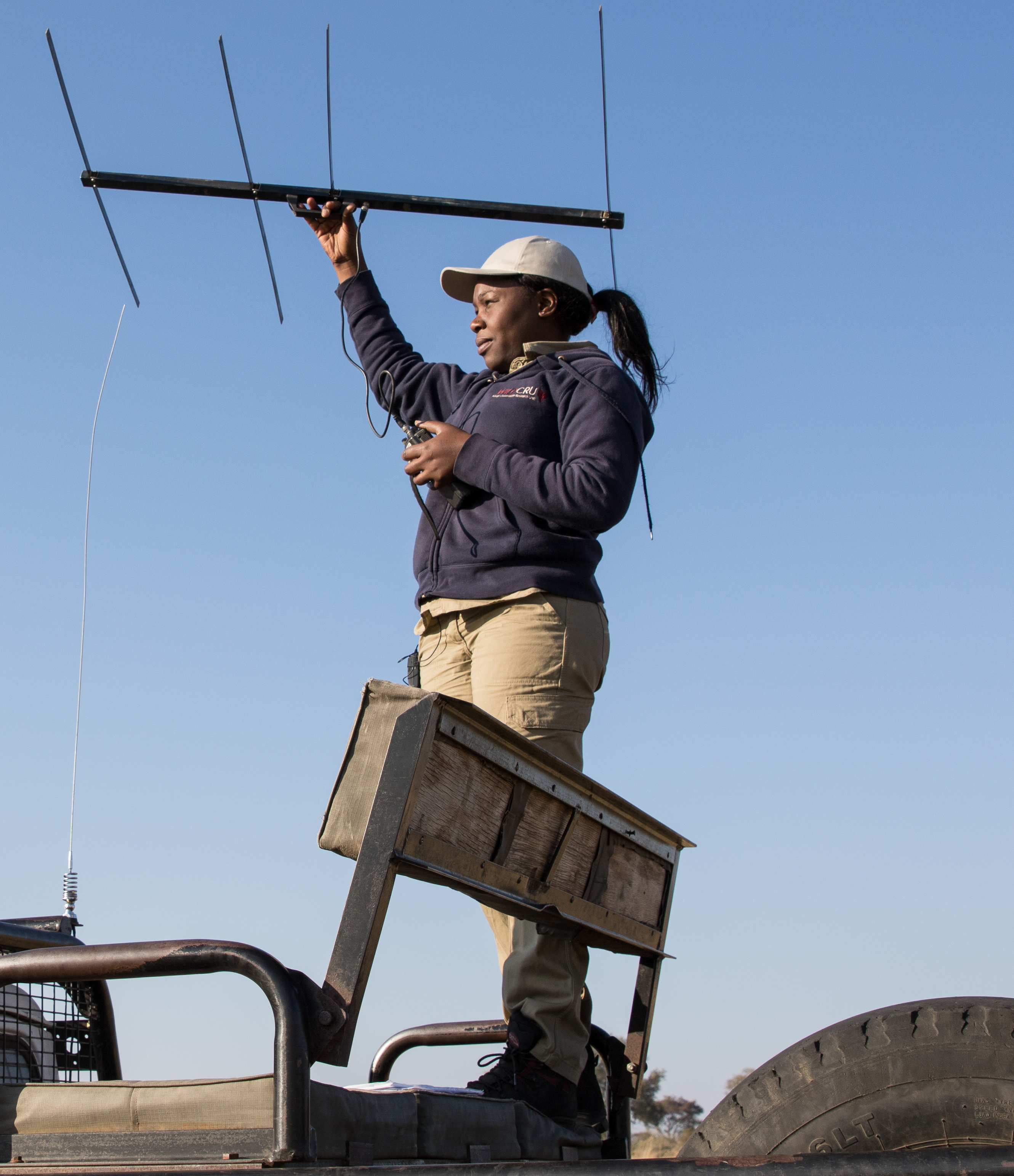
Moreangels Mbizah is the Founder and Executive Director of Wildlife Conservation Action, an organization dedicated to conserving biodiversity, promoting human-wildlife coexistence and empowering local communities. She is also the Focal Working Group Leader of the Sebungwe region in the KAZA TFCA's Carnivore Conservation Coalition and working to restore and rehabilitate the wildlife population and habitat of Sebungwe. Moreangels is committed to the conservation of large carnivores including the endangered African Wild dog which she has been studying and protecting for over a decade. Moreangels received her DPhil in Zoology from the University of Oxford, she is also a TED Fellow and a Mandela Washington Fellow.
Muhammad Sajid Nadeem

Muhammad is working as Assistant Professor in Zoology Department, PMAS-Arid Agriculture University, Rawalpindi Pakistan. He has been involved in field studies since 1994. His focus is on population studies, habitat evaluation, food preferences, breeding ecology and conservation. As in other regions of the world, the canids in Pakistan are declining rapidly; he is studying the population and dietary preferences of these canids through pellet analysis.
Naresh Kusi
Naresh Kusi is a wildlife biologist and an explorer with a special affinity towards the carnivores of the Himalayas. He is currently a PhD scholar at Inland Norway University of Applied Sciences, studying Himalayan wolves in Nepal. He is also the country program director at the Himalayan Wolves Project and is keen towards finding appropriate ways to ensure an effective coexistence between the wild carnivores and people in the Himalayas.
Nathan Ranc
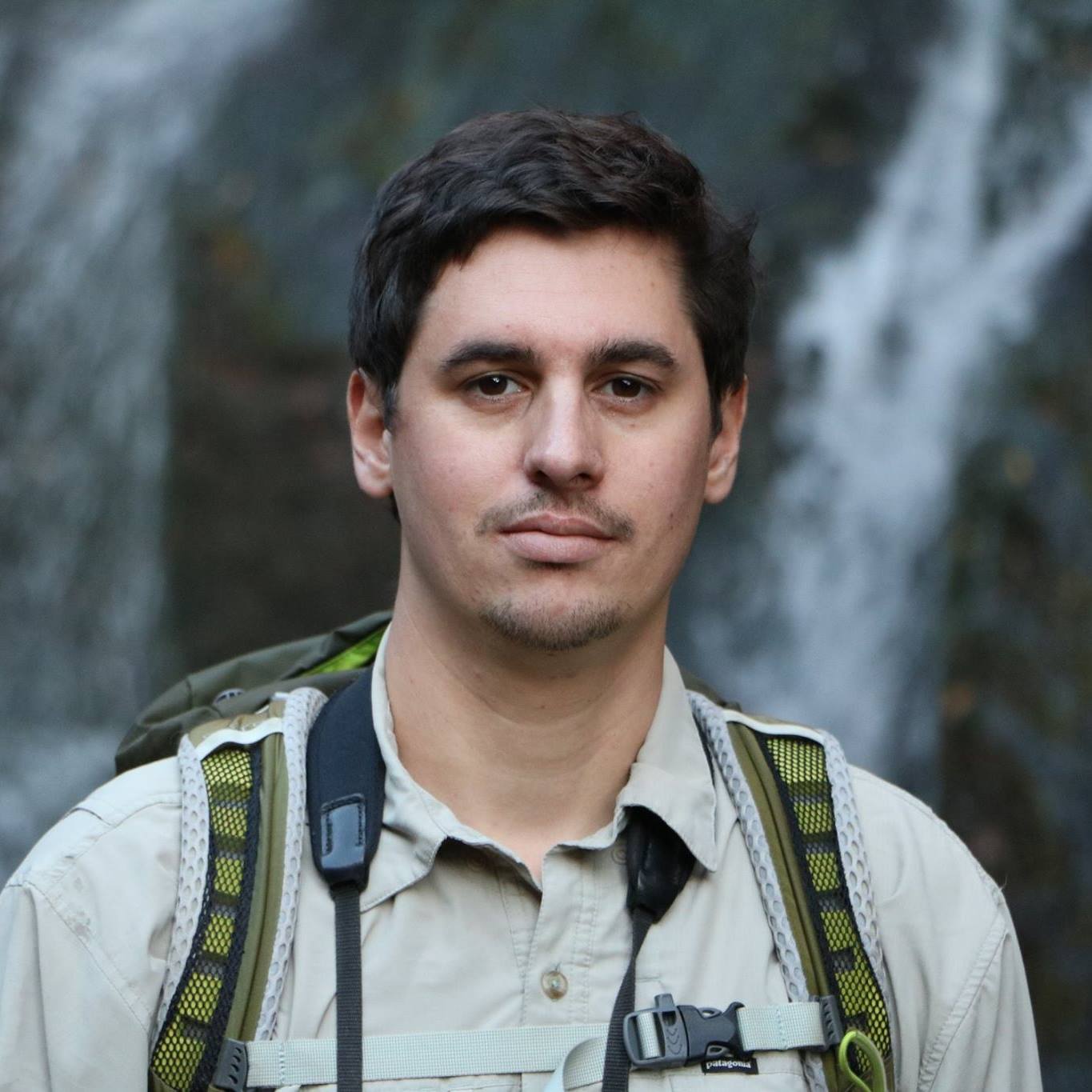
Nathan is a French movement ecologist at INRAE, Université de Toulouse, France. His primary research interest is the ecology and conservation of large mammals. His work encompasses both fundamental and applied research questions, and typically involves distribution and movement modelling. Since 2014, he has been studying the expansion of golden jackals in Europe with projects on the species movement ecology, habitat selection and feeding ecology. He is a member of the IUCN/SSC Large Carnivore Initiative for Europe since 2017 and Deputy Chair of the group since 2022.
Nicholas (Nick) Mitchell
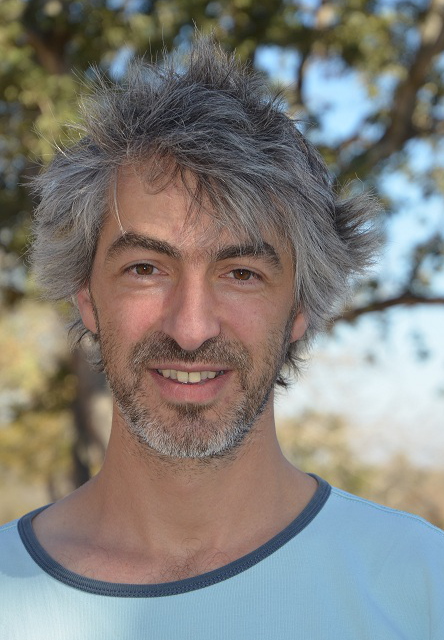
Nick’s work on the conservation of the African wild dog in East Africa is paired with that of the cheetah as part of the Rangewide Programme for Cheetah and Wild Dog Conservation. While he is now based in Tanzania, his work of the last decade has been spread across the region, mostly Kenya, Uganda and Ethiopia. His main focus has been the interface between science and conservation especially community-based and participatory natural resource management. His doctoral research used GIS to investigate long-term land use change and anthropogenic disturbance in the region.
Paul Paquet
University of Victoria, Canada and Raincoast Conservation Foundation, B.C., Canada
Paul is a Professor at University of Victoria and Senior Scientist with Raincoast Conservation Foundation, where he supervises graduate student research. He is an internationally recognized authority on wolves, with research experience in several regions of the world. He has been conducting field research on wolves, coyotes, and foxes since 1972, with interest in canine behaviour, applied ecology, epidemiology, and environmental philosophy. Paul has published numerous scholarly articles on the ecology, behaviour, and conservation of large carnivores, including three books on wolves. His current research focuses on conservation of wolves and the effects of human activities on their survival.
Paula White
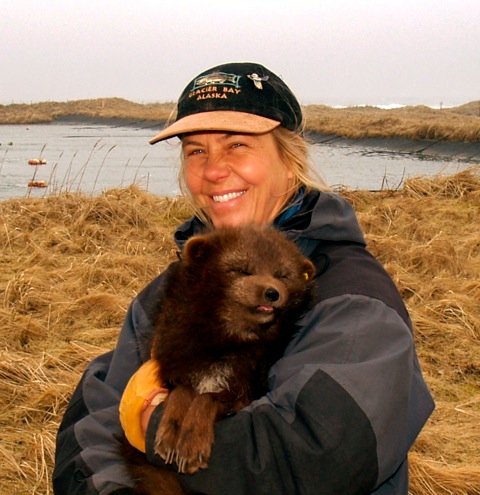
Since 1988, Paula has been studying the arctic fox on Alaskan Islands. The earliest work, which constituted her Master’s degree, focused on sociobehaviour of the Pribilof Fox, an endemic subspecies of Alaska’s Pribilof Islands. Concerns over the welfare of the Pribilof fox have led to continued research emphasizing disease, human/wildlife conflict and conservation. She has also studied naturally occurring populations of arctic fox on Hall Island and the introduced Alopex on Shemya Island, the latter of which are now believed to have originated from Commander Island stock. Her previous work includes gray wolf and Channel Island fox. Current projects include African wild dog and side-striped jackal in Zambia.
Peter Lindsey
Mammal Research Institute, South Africa
Peter has a PhD in Zoology from the University of Pretoria’s Mammal Research Institute and is the Policy Initiative Coordinator for Panthera’s Lion Program. His PhD thesis evaluated the social and economic determinants of success for conserving African wild dogs outside of protected areas in South Africa. He has continued to work on this species in both Kenya and Zimbabwe. His research interests and expertise in practical conservation include illegal hunting and the bush meat trade, trophy hunting, human-wildlife conflict, wildlife-based land uses as well a predator conservation. A particular focus has been in conserving predators outside of protected areas and methods to reduce edge-effects within the parks themselves. He has worked across many southern and east African countries conducting research and has implemented a range of practical conservation interventions.
Petter Wabakken
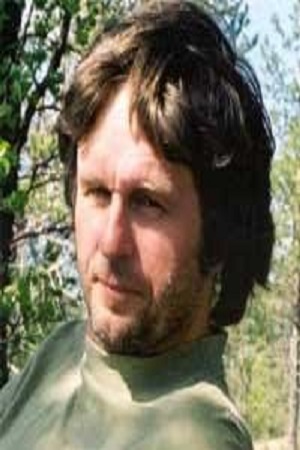
Peter is director for Nature Management based in Norway. His research interests and expertise lie in large carnivore ecology and management, human-carnivore interactions and wolf social behaviour in particular. He is a current member of the IUCN Wolf Specialist group and conducts several large-carnivore research projects. He has also worked on brown bears (founder of the Scandinavian Brown Bear Research Project), eagle owls and baleen whales. Research interests include population structure & dynamics, molecular ecology, behavioural ecology, multiple predator communities.
Raquel Godinho
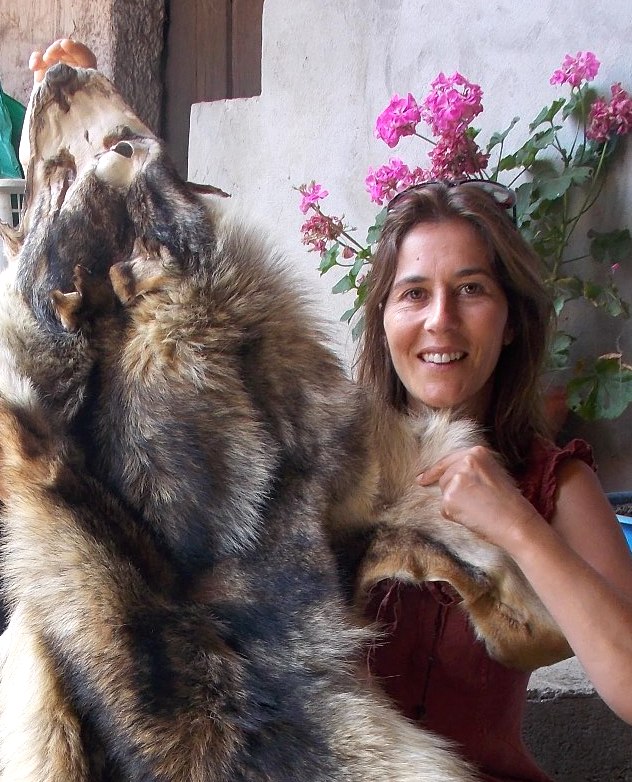
Raquel is a biologist trained in evolutionary genetics, with a major interest in processes that drive genetic diversity in extreme settings, as highly human-modified landscapes and environmental extremes. She has been working with canids since 2010, and is currently focused in the impact of hybridization between domestic dogs and grey wolves in the Iberian Peninsula, and in the processes of adaptation to live in arid environments using foxes as model species. She is also very interested in the use of non-invasive DNA methodologies in monitoring canid populations, generating applied knowledge to inform conservation actions. Raquel chairs the Ecological Genomics research group in CIBIO/InBIO.
Renata Leite Pitman
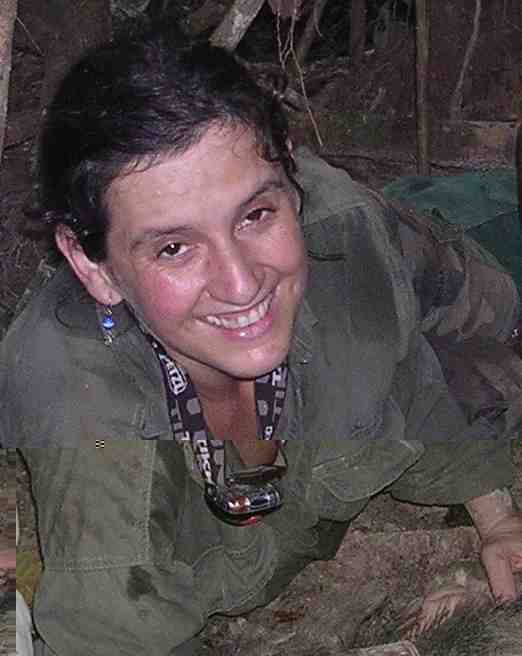
Renata, a wildlife veterinarian with a master in Forest Sciences, has work in tropical conservation for the last 25 years. Since 2000 she has worked with the Center for Tropical Conservation/ Duke University in Peruvian Amazon studying the elusive short-eared dog and directing a large wildlife conflict-solving project at the Interoceanic Highway. In Brazil, she directs her own reserve in the Atlantic Forest, where she created her own research centre and teaches landscape ecology at Pontificia Universidade Catolica do Parana. Her work gave scientific basis for the creations of four new protected areas in Brazil and one in Peru.
Ricardo Moreno
Rob Wallace
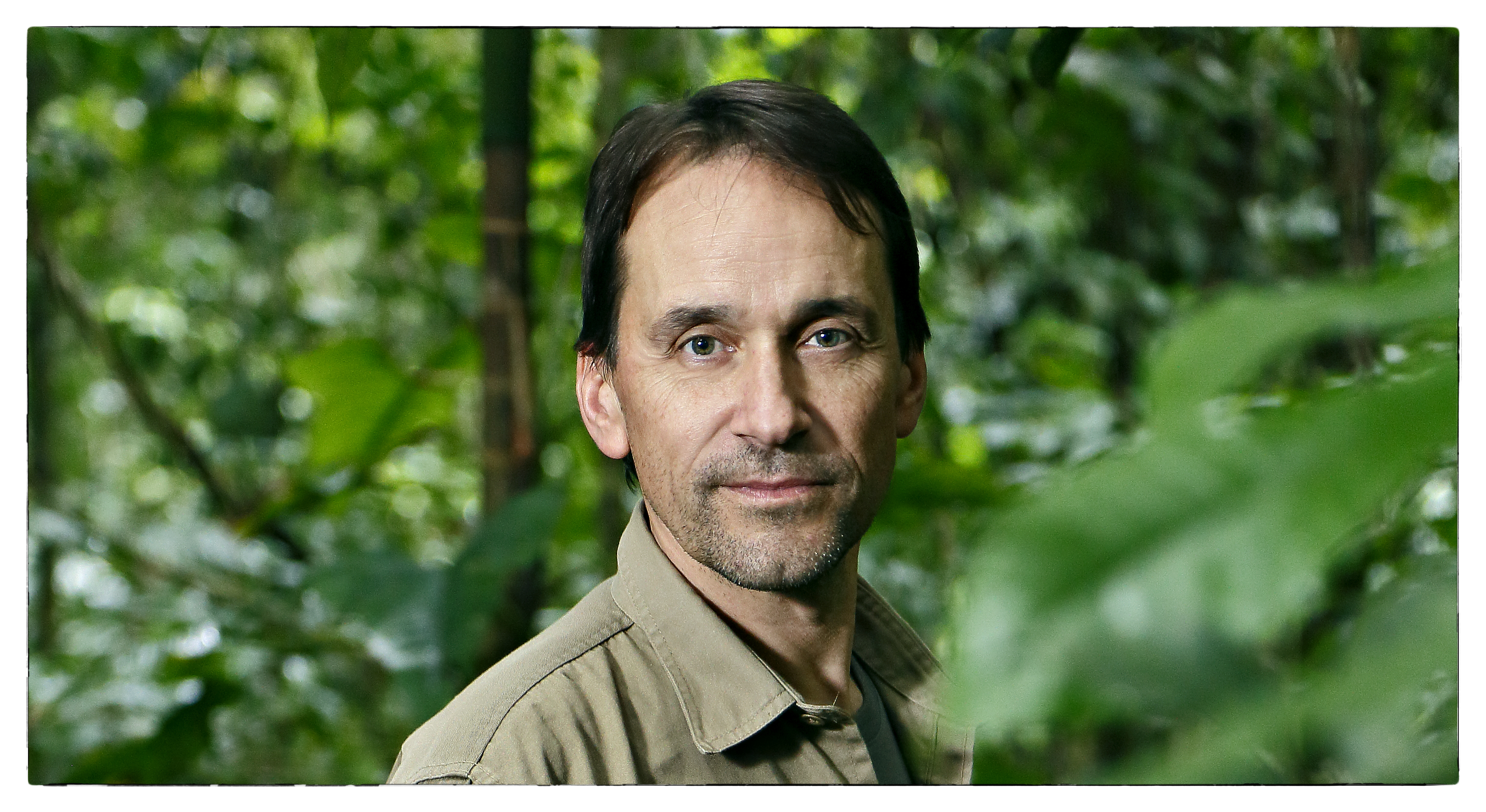
Senior Conservation Scientist & Landscape Conservation Expert, Wildlife Conservation Society. Lead editor of Bolivian Mammal book, co-author of the ‘Madidi’ book, and 300 scientific and popular articles on Bolivia’s wildlife and wilderness conservation. National Geographic Explorer, recipient of the 2015 Sydney Anderson Award and the IUCN 2019 Kenton Miller Award for Innovation in Protected Areas Management. Special interest in Madidi National Park and surrounding landscape and the Llanos de Moxos Biocultural Landscape, landscape scale conservation efforts, and creator and leader of the Identidad Madidi and Sabores Silvestres conservation communication expeditions. IUCN SSC Member: primates, cracids, tapirs, peccaries, vultures, bears, canids.
Rose Kualke Singadan
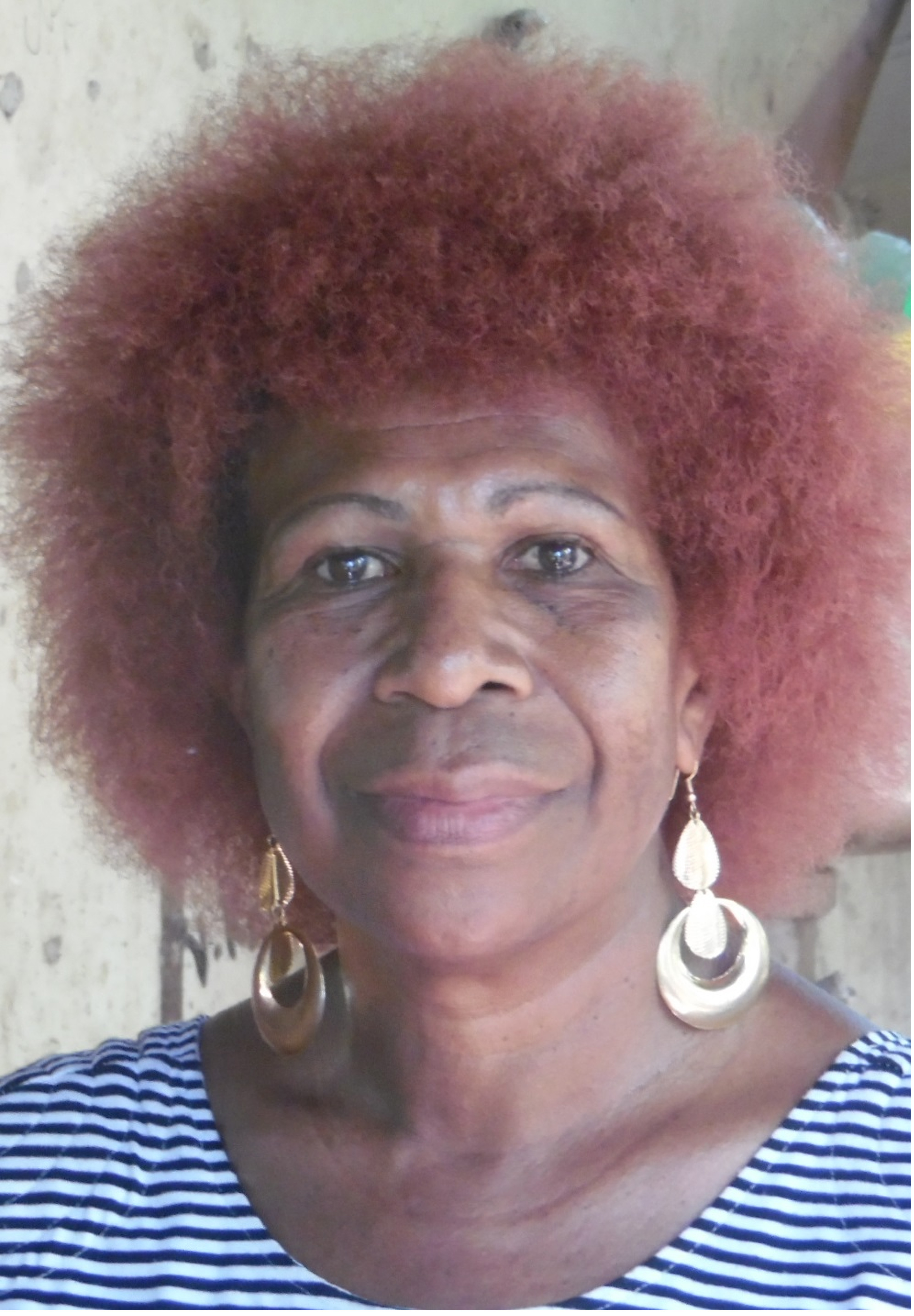
Rose obtained her Master’s Degree in Conservation Biology in 2002 from DICE; University of Kent at Canterbury in the United Kingdom. She returned to University of Papua New Guinea and continued with her work as Technical Officer in charge of the University’s Zoological Collections. Her main research interest has always been on the ecology and distribution of the mammalian fauna of PNG focusing on Marsupials and the New Guinea Singing Dog. Focusing mostly on ecology & distribution, systematics, Anthropogenic threats to their habitats, ethnological interest in all those mammals especially the Singer as a wild dog that is revered as a “Spirit dog” belonging to the Spirits of the mountain forests; the legends of the Singer, association with the villagers, taxonomic and conservation issues amongst other issues. She has been assessing and writing about the Singer since working at the University of PNG when she realised the Singer as an animal of importance in the
Rosemary Groom
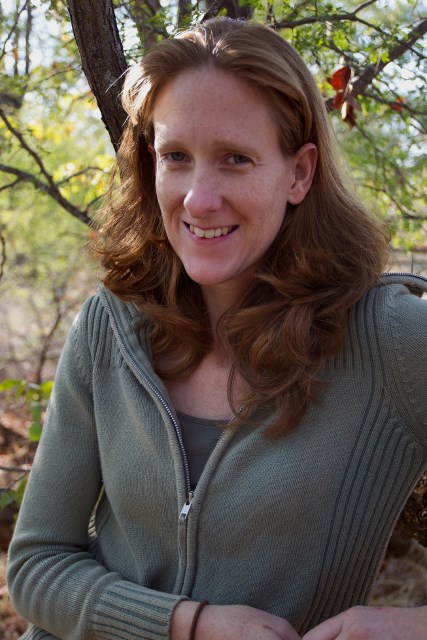
Rosemary is a highly motivated conservation biologist with 17 years of experience working in wildlife conservation in East and Southern Africa. Since early 2008, she has worked to conserve African wild dogs in southern Zimbabwe, for the African Wildlife Conservation Fund. Her areas of expertise include working at local, regional and international scales with a variety of stakeholders on conservation issues and designing, implementing and managing large scale field and education projects, particularly pertaining to wild canid conservation. In 2013 she became the Southern African Coordinator for the Range Wide Conservation Program for Cheetah and Wild Dogs (ZSL / WCS) and works across the Southern African region to coordinate and support conservation efforts for African wild dog and cheetah.
Ryan Rodrigues

Ryan obtained his Master's degree in Wildlife Biology and Conservation and works on the ecology and conservation of wild canids in India. His research and collaborative projects focus on the intersection of ecology, demography and genetics of threatened species. His work uses a combination of molecular techniques, bioinformatics and population ecology and estimation for studying wild canids.
Scott Creel
Montana State University, USA
Scott has studied the ecology, behaviour and conservation of several carnivores since the 1980s, including African wild dogs and grey wolves. He has recently worked on predator-prey dynamics in wolves and elk, the additivity of human wolf harvesting and assessments of population size, and limiting factors for African wild dogs in Zambia.
Shannon Barber-Meyer
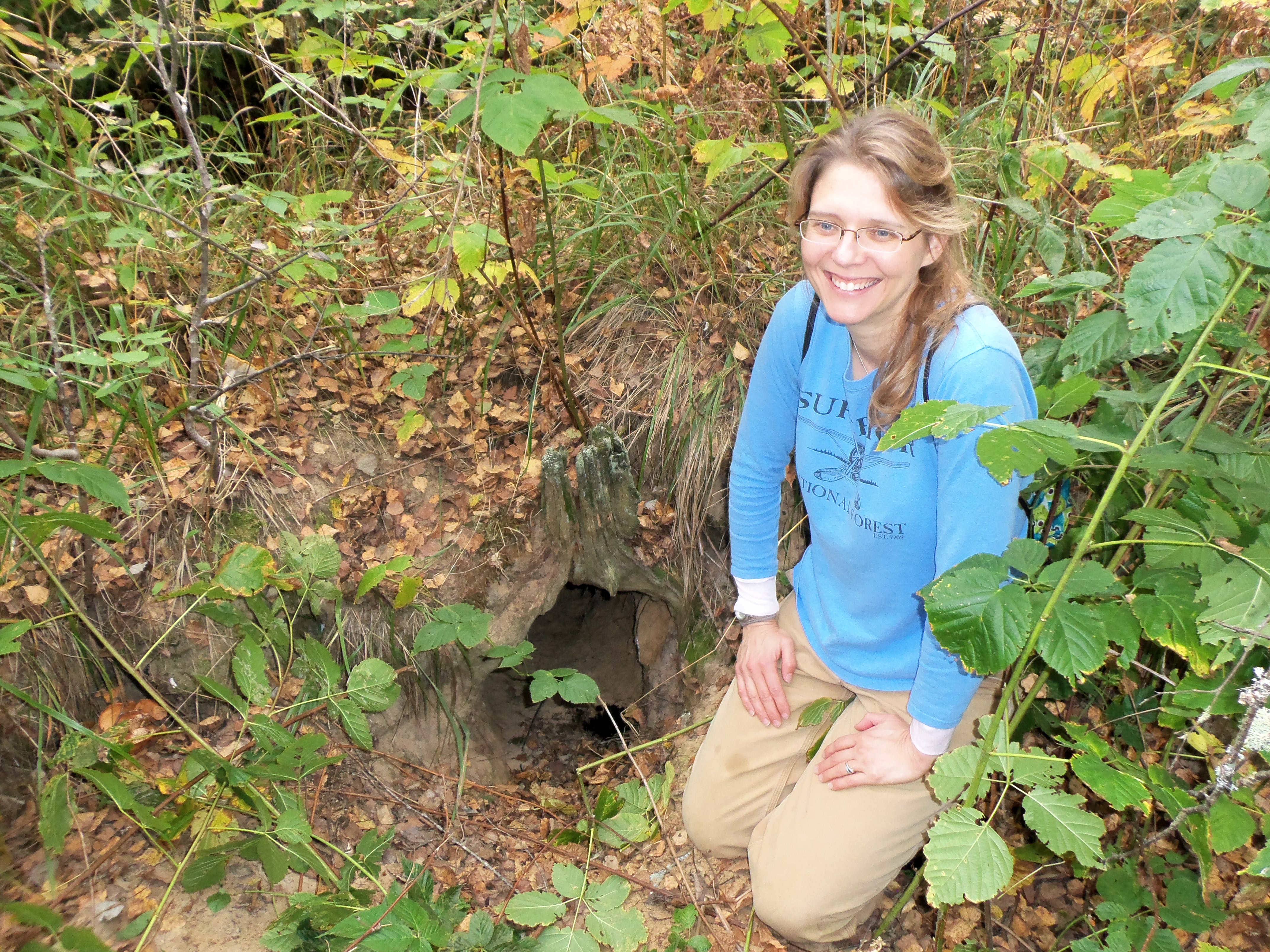
Shannon Barber-Meyer holds a PhD in wildlife conservation. She has studied tigers in Asia, emperor penguins in Antarctica, and elk calves in Yellowstone National Park and helped reintroduce Mexican wolves into the southwestern United States and gray wolves to Isle Royale National Park. She is currently a research wildlife biologist with the U.S. Geological Survey investigating primarily wolves and white-tailed deer. She is a representative on the Interagency CITES Committee. Shannon lives in Ely, Minnesota, where she helps with the care of captive wolves at the International Wolf Center.
Shlomo Preiss-Bloom
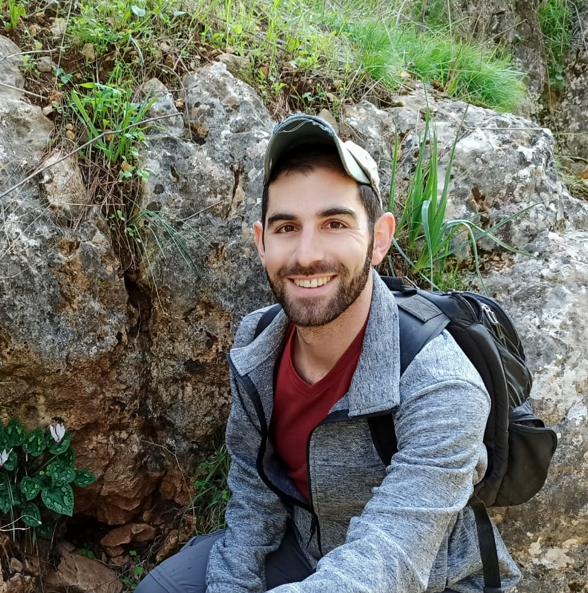
Shlomo is a conservation biologist and PhD candidate at Tel Aviv University. His research focuses on the ecology of human-carnivore conflict and management policy in modified mosaic landscapes. He uses non-invasive research methods such as camera trapping, tracking, and scat analysis to study the activity patterns of grey wolf (Canis lupus) and golden jackal (Canis aureus) in relation to anthropogenic pressures and the wider mammalian community structure. Shlomo is working closely with local ranchers and wildlife authorities to mitigate livestock losses to wild canids and promote sustainable long-term human-wildlife coexistence.
Silviu Chiriac
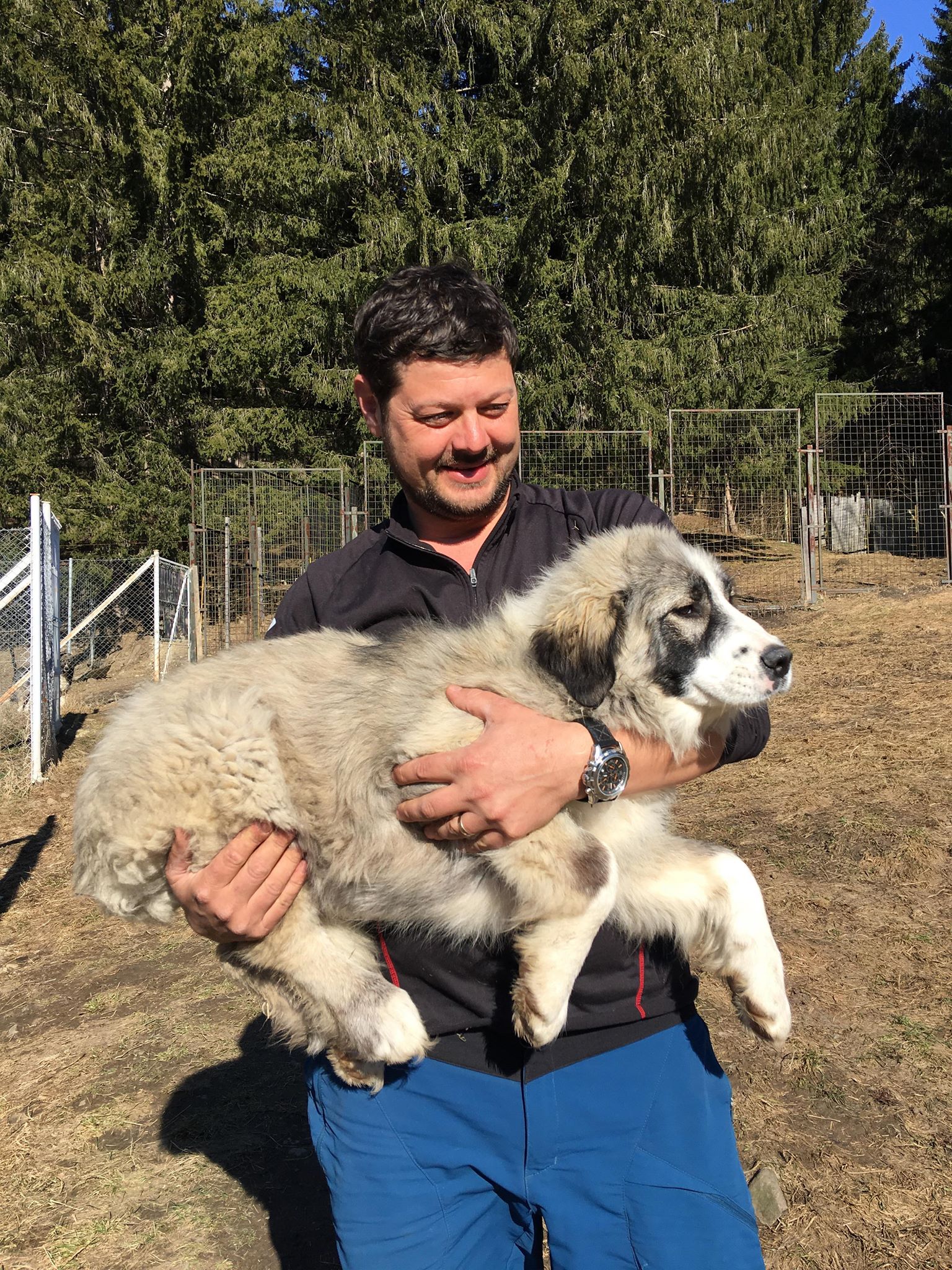
I am a biogeographer and I work at the Vrancea Environmental Protection Agency. Starting with 2002, together with some researchers from the University of Bucharest we set up the first research and conservation project for large carnivores in Romania. I completed my doctoral thesis and implemented many projects dedicated to the conservation of bears, wolves and lynx in the Carpathian. We have developed a monitoring and rehabilitation center for large carnivores. In the carnivore conservation projects coordinated and implemented (WOLFLIFE, LIFEURSUS, LIFELYNX), I acquired the knowledge necessary for the implementation of conservation actions related to the canid species.
Simon Hedges
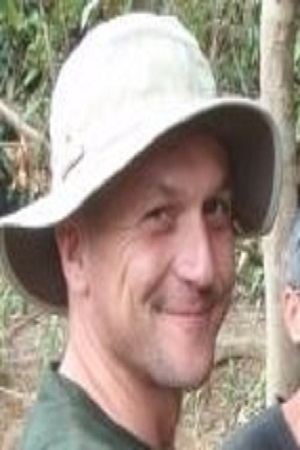
Simon has extensive experience of wildlife conservation-related research and survey work, endangered species and protected area management, and wildlife policy formulation, including the writing and implementation of wildlife action plans. Areas of expertise include human-wildlife conflict, ecology, nature resource management, survey methods, conservation genetics and endangered species conservation. He is currently WCS’s Asian Elephant coordinator. He was a member of the IUCN/SSC Species Conservation Planning Task Force and is currently member of the IUCN Red List Technical Working Group and the joint Technical Advisory Group (TAG) of the CITES Monitoring the Illegal Killing of Elephants (MIKE) program and the Elephant Trade Information System (ETIS). He is a current member of the Canid specialist group and has published papers in various journals ranging from Molecular Ecology, Conservation Biology, and Journal of Animal Ecology to Tropical Biodiversity, Kukila, and Gajah.
Simon Marsh
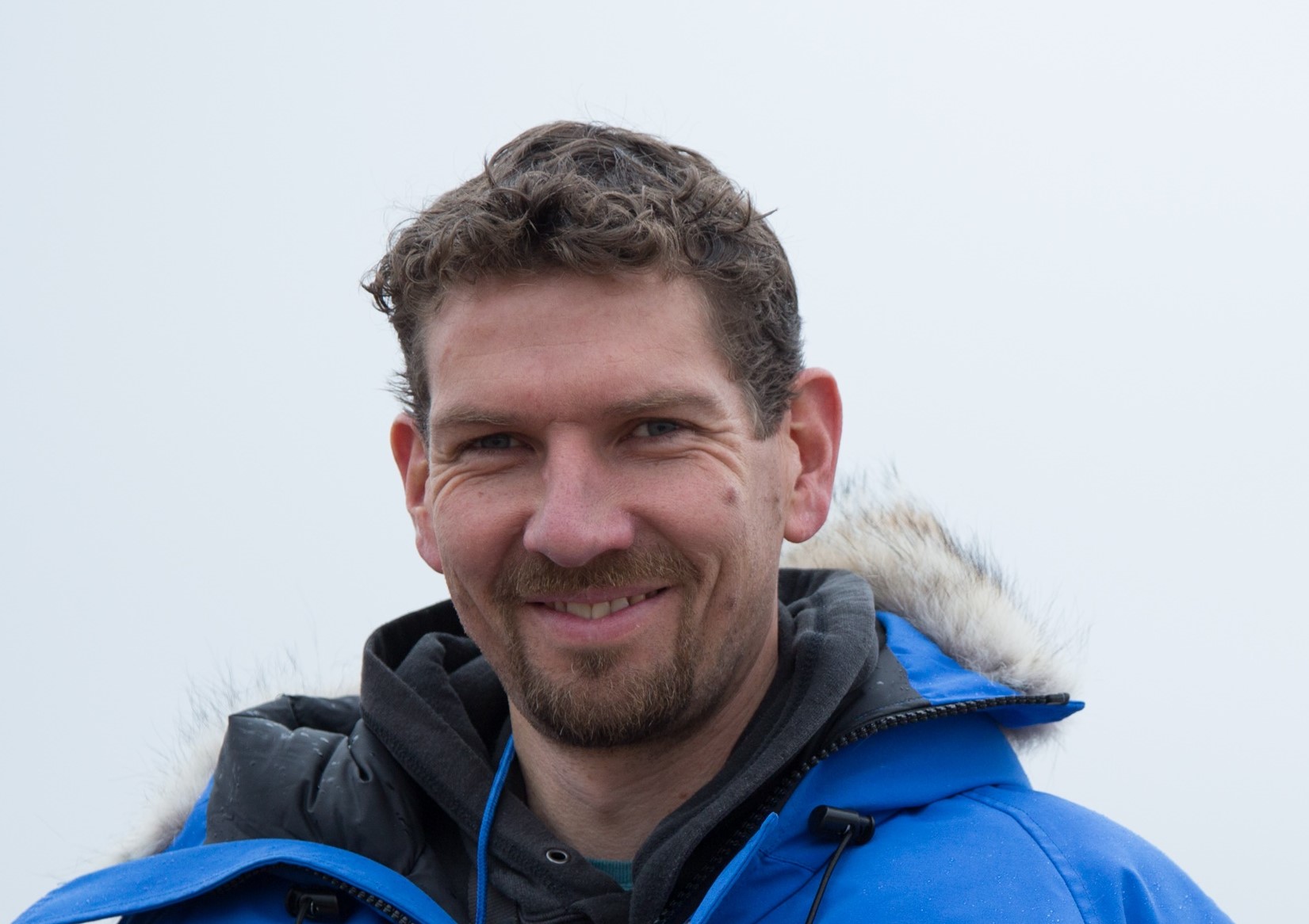
Simon Marsh started his career as an animal keeper, went on to specialise in carnivores and has more than 20 years’ experience in zoos, safari parks and sanctuaries in the UK and overseas as well as working on in situ carnivore conservation projects. His passion for animal welfare goes hand in hand with a commitment to conserving species and habitats in the wild. He is a director of an animal welfare NGO called Wild Welfare and sits on the board for IBREAM, a conservation NGO. Simon chairs the EAZA Canid and Hyaenid Taxon Advisory Group and is a UK zoo inspector.
Suvi Viranta
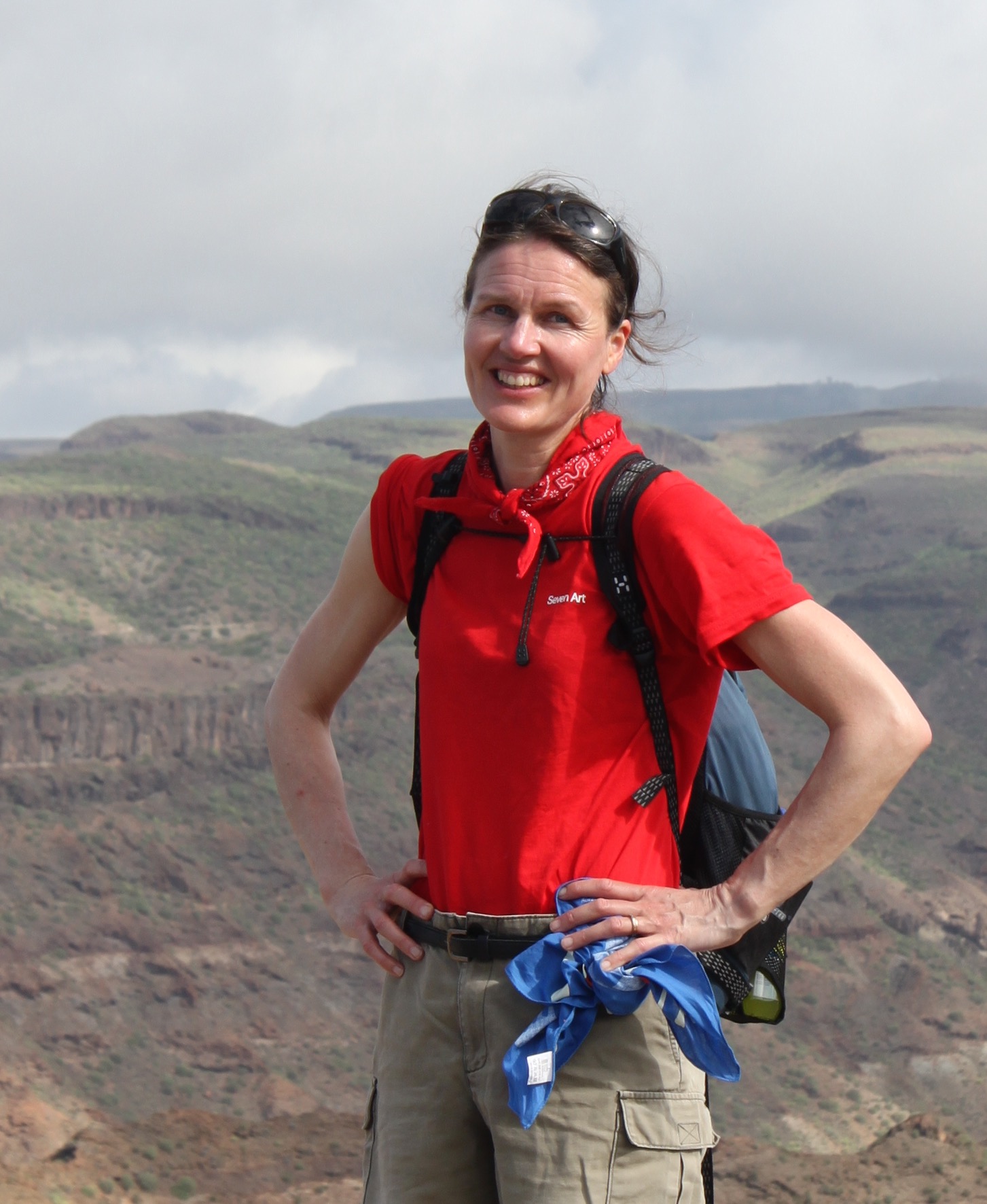
Suvi is an anatomist and paleobiologist working in the University of Helsinki, Finland. She has worked on functional anatomy and taxonomy of both extinct and extant carnivores of the Old World. Her current work focuses on the Old World Canis evolution. She also works on the history of the domestic dog in the Northern Europe.
Suzanne Asha Stone
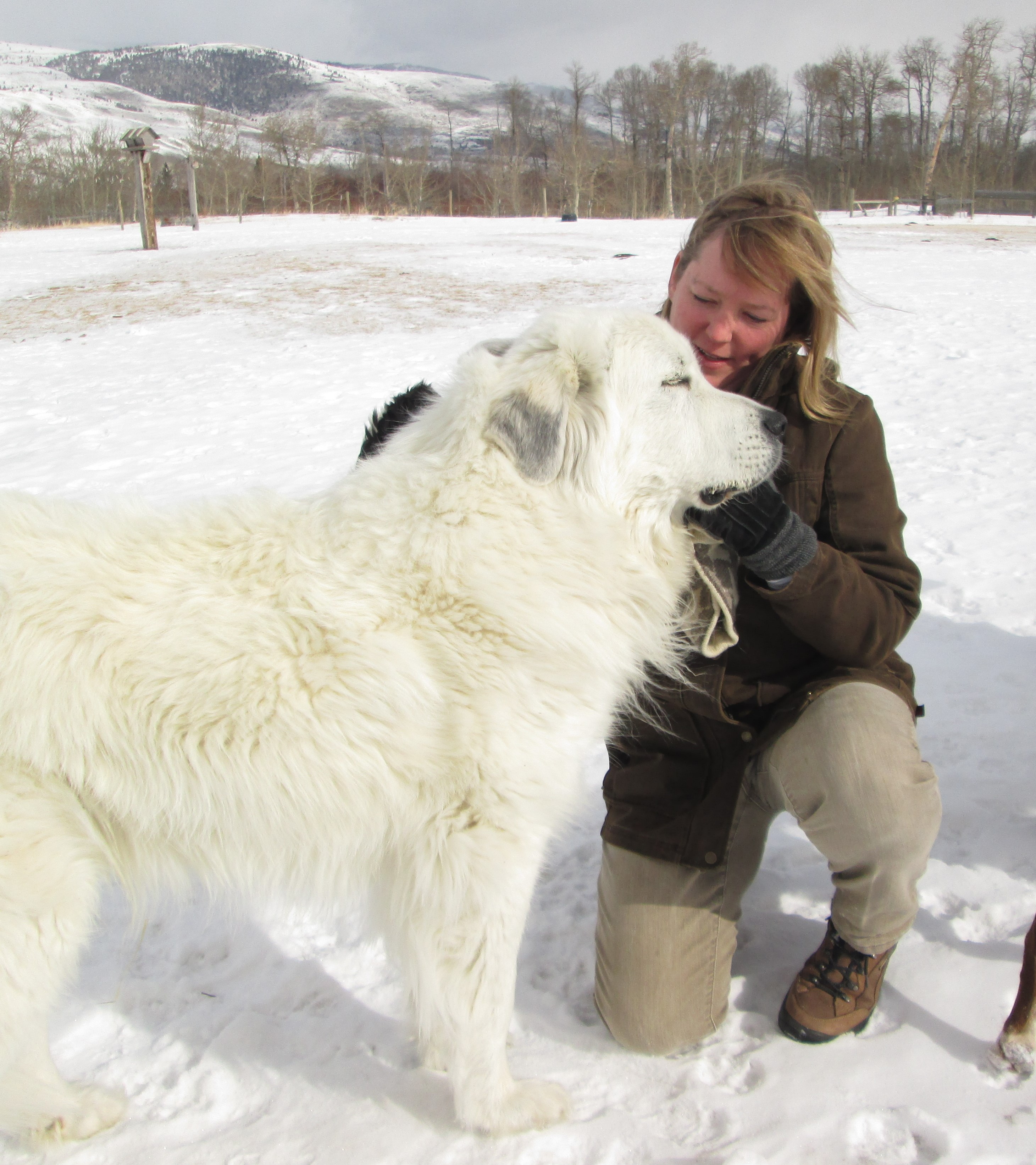
On the front lines of wolf restoration in the Western USA since 1988, Suzanne served on the Central Idaho and Yellowstone wolf reintroduction team in the mid-1990s, caring for wolves awaiting transport in northern British Columbia and releasing them in central Idaho. From 1999 to 2019, she managed the wolf compensation program for the USA Northern Rockies and helped initiate many of the nonlethal wolf and livestock programs in the Western USA. Suzanne founded the ongoing Wood River Wolf Project in 2008 to demonstrate that wolves can coexist with sheep operations on national forests when adequate nonlethal deterrents are consistently applied. She is the lead author on the first landscape level wolf and sheep nonlethal measures study Adaptive use of nonlethal strategies for minimizing wolf–sheep conflict in Idaho. She is now the Executive Director of the International Wildlife Coexistence Network where she is helping to protect wolves with communities around the world.
Tim Wacher
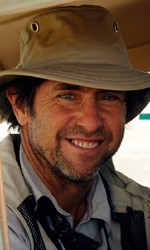
Tim Wacher is a Wildlife Biologist with the Zoological Society of London and is their current lead scientist on the Pan Sahara Wildlife Survey project. Tim has spent over 20 years working in aridlands conservation and has been involved in gazelle and Oryx reintroduction in Saudi Arabia as well as extensive fieldwork on antelopes and other Saharan wildlife in Morocco, Algeria, Tunisia, Egypt, Niger and Chad. As the founding board member of the Sahara Conservation Fund (SCF) he currently works as ZSL’s lead scientist on the Pan Sahara Wildlife Survey Project (PSWS) whose long-term goal is to improve the conservation status of the highly threatened yet poorly known wildlife of the Sahara and bordering Sahel regions of Africa. The work has provided valuable data reports on a variety of species including wild dogs as well as the golden jackal, Rüppell’s fox, pale fox and fennec fox.
Todd Fuller

Todd and his students have conducted field and captive studies on population biology, distribution and behaviour of common and endangered canids in North America (e.g., grey foxes, grey wolves, coyotes, island foxes), South America (culpeo and grey fox), Africa (jackals and wild dogs) and Asia (dholes). He has also contributed to numerous state, federal and international efforts to understand and direct canid management (predator control, state management plans), recovery (restoration) and conservation (endangered species plans, centers).
Wieslaw Bogdanowicz
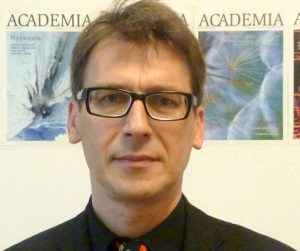
Wieslaw is the head of the Laboratory of Molecular and Biometric Techniques at the Museum and Institute of Zoology, Polish Academy of Sciences in Warsaw, Poland. His work on canids focuses on grey wolves, free-breeding dogs, and golden jackals, and covers different aspects of population genetics, phylogeographic and admixture patterns, evolutionary history, and taxonomy. In the light of recent expansion of the golden jackal to Northern Europe he is increasingly involved in studying relationships between conservation policy and practices.
Zelealem Tefera Ashenafi
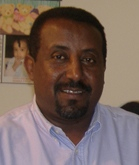
Zelealem worked in the Bale Mountains National Park in the 1980s, where he first encountered Ethiopian wolves. He attended the College of African Wildlife Management in Tanzania, and did his MSc and PhD at the Durrell Institute of Conservation and Ecology (DICE), University of Kent. A Darwin Initiative project looking at the ecology of Ethiopian wolves and communal natural resource management practices in Menz provided the basis for his PhD at DICE. Zelealem is the Country Representative of the Frankfurt Zoological Society in Ethiopia and works on the conservation of Afroalpine areas, overseeing ecological monitoring, community-based conservation, and community-based tourism development activities in the highlands of north Ethiopia. He works closely with the Ethiopian Wolf Conservation Programme.
Zhenghuan Wang
East China Normal University, China

